Searching for modern answers to satisfaction, we returned to Australia and New Zealand’s South Island to live on beaches, move about freely, and view the exotic for life’s pleasures. Although few possessions can be packed into a recreational vehicle, upon return we sold it and downsized to travel with a backpack. With no home, no vehicle, we scouted the world hiking, bicycling, scrunched in Honduran wooden canoes, sailing the Atlantic, and by ferry, bus, tuk tuk, boda boda, and rail.
We visited continents.
We relived the 1890s bicycle craze....
I wrote about our Travels and Adventures….
Bicycling forty days averaging 121 kilometers (75 miles) per day from Pierre, South Dakota to North Pole, Alaska Patricia advanced ahead of me finding food and lodging. To minimize shock to my hands and wrists on the 5,000 kilometer (3,000 mile) bike ride, I invented a practical and surprisingly functional wrist support bar.
One can learn cultural closeness quickly on a Guatemalan chicken bus or crammed into a boat taxi destine for coastal villages not accessible by automobile. Although train, taxi, ferry, cruise line, bus, and more practical transporation were used to observe modern society, walking was the only way into some remote mountain villages. Years passed as eyes were opened. In one year we traveled and observed eleven countries on three continents--2016.
I wrote about culture and learning....
We taught...youth and teens.
Wherever we lived for a few weeks or months, we were involved in the local community.
We helped... those with no electricity, no running water, dirt walls, dirt floors, tin shacks and replaced Stoves, roofs, floors, and homes for those in need.
Climbing jungle-trapped ancient Mayan pyramids in Central America was a modern worldview two thousand years ago. Why are there Aztec petroglyphs hidden in mountains miles from the nearest dwelling? With the sea unviewable, western Asia’s ancient port city of Ephesus was buried in silt. Meanwhile surviving several thousand years, Australian Aboriginals recently lost their culture. Why did societies vanish?
We listened...to elders, to nature, to ancients, to actions, to grandchildren and his equipment, to the powerful, during tea time, and to diverse occupations.
Rain-drenched for eight hours in a dugout canoe on rivers in the Honduran jungle of La Mosquitia, the largest virgin tropical rain forest in North America awakens the soul to ancient life. Reinforced by a week with a mosquito netted bed in a raised, wood-slatted shed without electricity, wood-cooked food and water supplied from a local stream, and an outdoor combo—toilet and shower--is real life to many.
And observed...workers, children, dangers, my mother, an automated dairy, trained wild camels, manual typewriters, and making adobe mortar.
Trudging rain-soaked for hours through jungles to observe locals living off what nature provides, sipping coffee at a Venetian café, hiking snow-capped mountains on the Canary Islands off the coast of Africa, dining in Monaco’s gambling mecca of Monte Carlo, or buying fresh fish in the morning on a tropical beach without refrigeration is living like a local in much of the world.
Needs were addressed….
After arriving in Africa, through quiet streams we found nearly extinct birds and wildlife in nature. We had been sponsoring schooling for an orphan girl in northern Uganda who had lost her parents to HIV/AIDS during a civil war. We found her. Remote with no electricity, no phone and no vehicle, she was the only child in a village of 35 able to attend school where learning was basic and rules strict. Before, her lot in life was hauling water, but now she is able to teach others in her extended family.
Life differed in places….
Even one of the poorest places in Europe had the world’s largest wintery (Milestii Mici in Moldova). Freedom remained fragile as the republic of Transnistria still flew the hammer and sickle flag. Until I hired a Romanian and Russian speaking guide, nobody in our family had ever visited the nearly abandon Ukrainian village where my grandfather was born. Revolution and wars left no traces of German-Russians. Meanwhile, the Greek islands were beautiful with farming and transportation practical. An abandon castle in southern Portugal converted to a traveler’s destination training hospitality servants. Youth was more than classrooms. From practical to luxurious learning was all around us as sailed into another sunset looking for remnants of what was to come.
...and culture changed.
It is a world where ancient learning and living can be compared with modern conveniences like personal vehicles, air conditioning, spacious homes, television, gadgets, schools, and government support subsidizing food, shelter, water, sewer, healthcare and education.
In Relating to Ancients (my series of books) two lives, our roots, various locations, and centuries adrift can be compared. Understand what is happening to society, parents, grandparents, and educators. Read Culture and the mysterious agent changing it, and Learning as it influences the 21st century. After Dr. Larry P. Arnn, President of Hillsdale College reviewed my books he wrote: “Your goal to understand modern learning and culture in the context of the ancients is noble indeed. I was especially pleased to see that you cite Plato’s Republic in Learning. Perhaps you would be interested in reading his Meno, a lesser-known dialogue in which he offers an intriguing theory of learning. Your account and his seem to share many important tenets. Thank you for your diligence. Your books offer a great testament to your love for truth. I wish you every success.”
For over four decades Gary Wietgrefe has been a millet farmer, purchaser, seed conditioner, international researcher (Mongolia and Turkey), produced educational millet YouTube videos, has written two books on millet, and currently serves on the board of directors of the North American Millets Alliance.
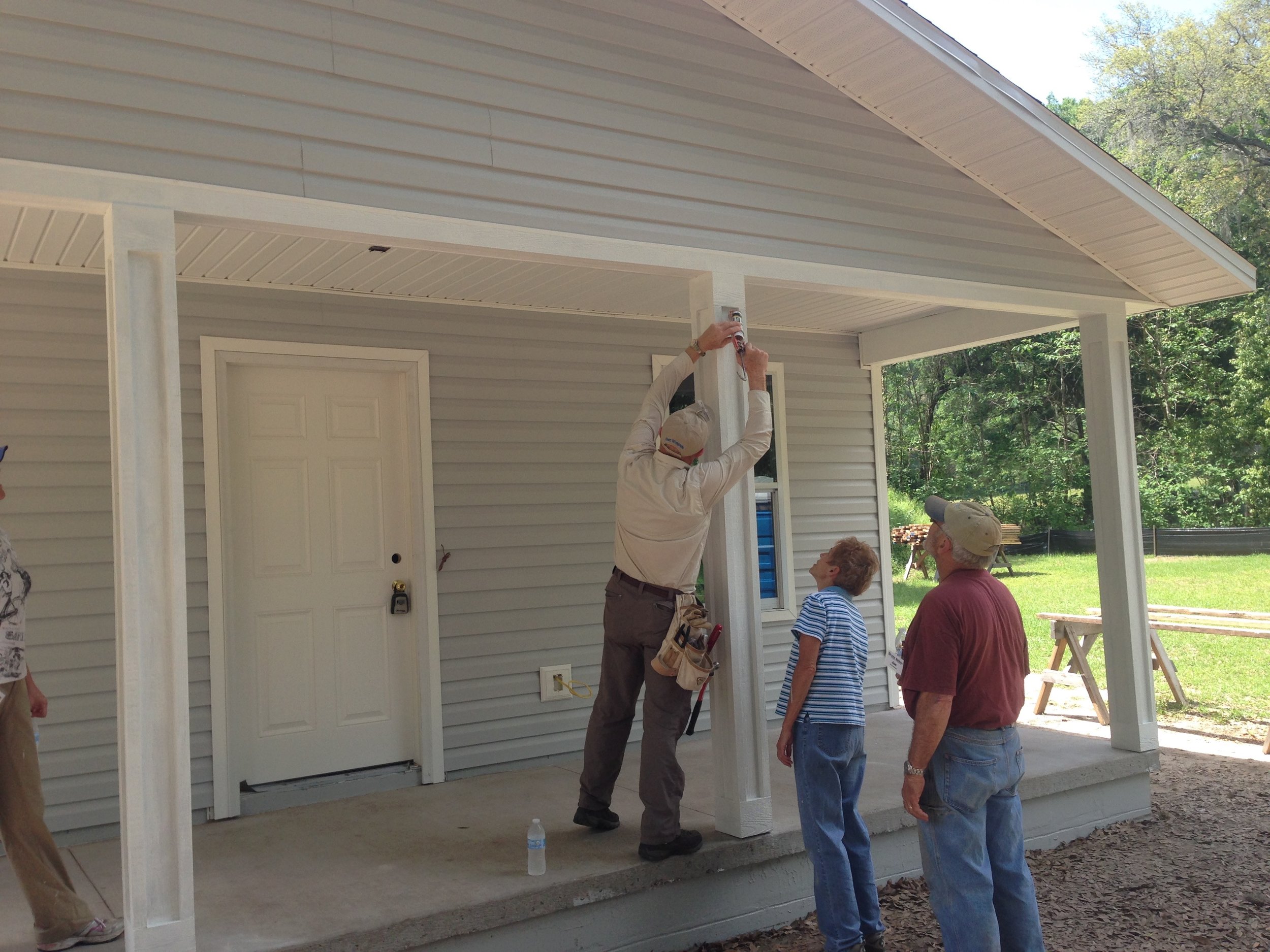
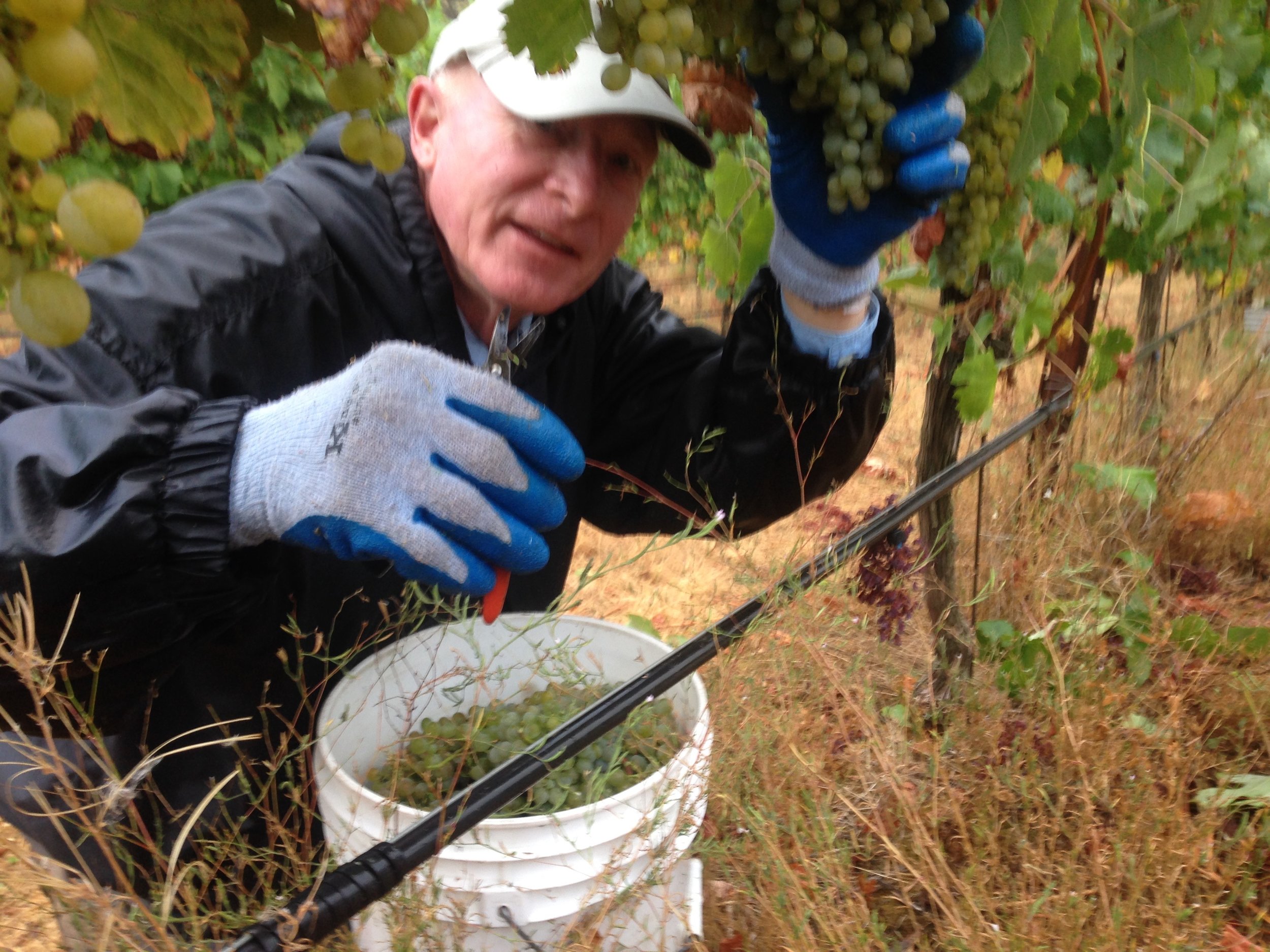
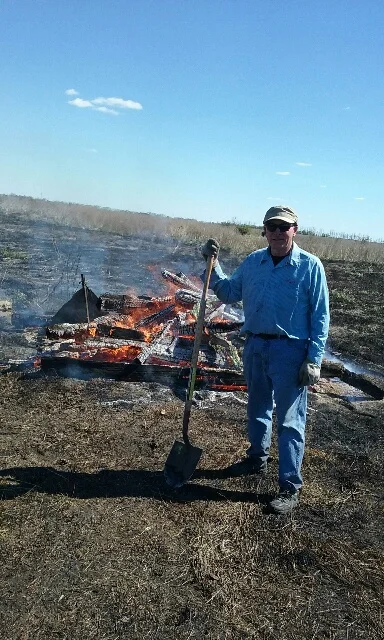
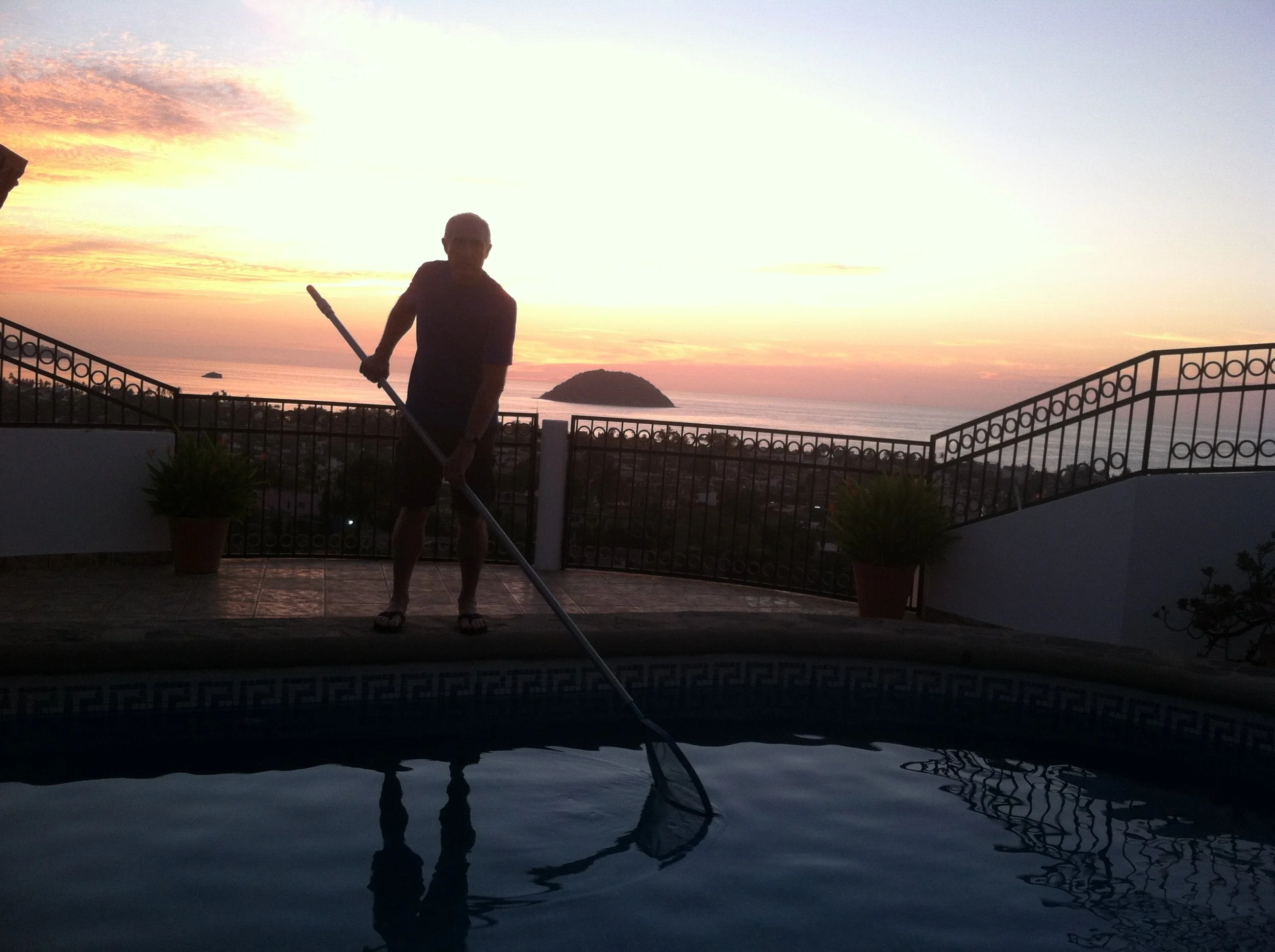
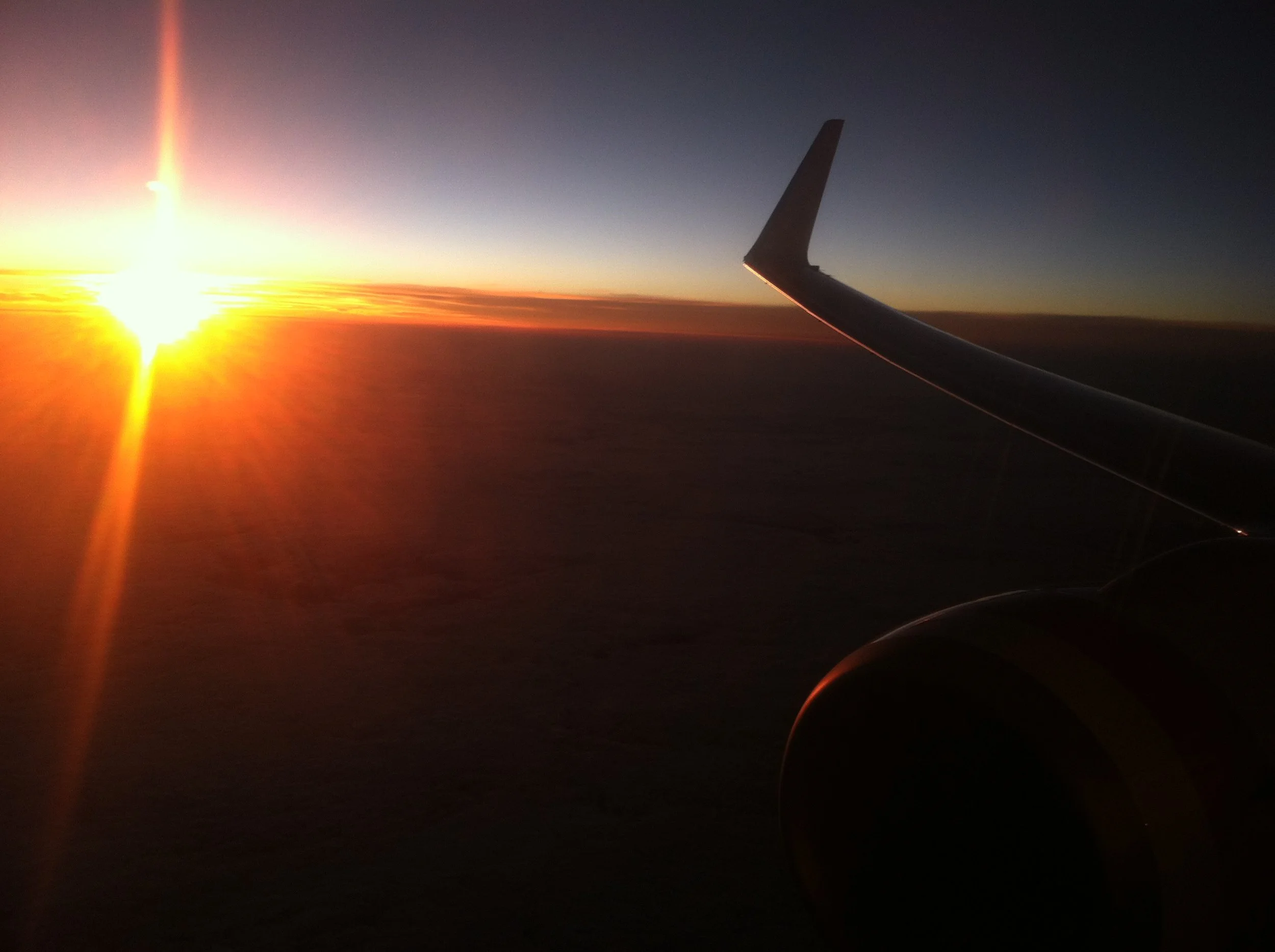
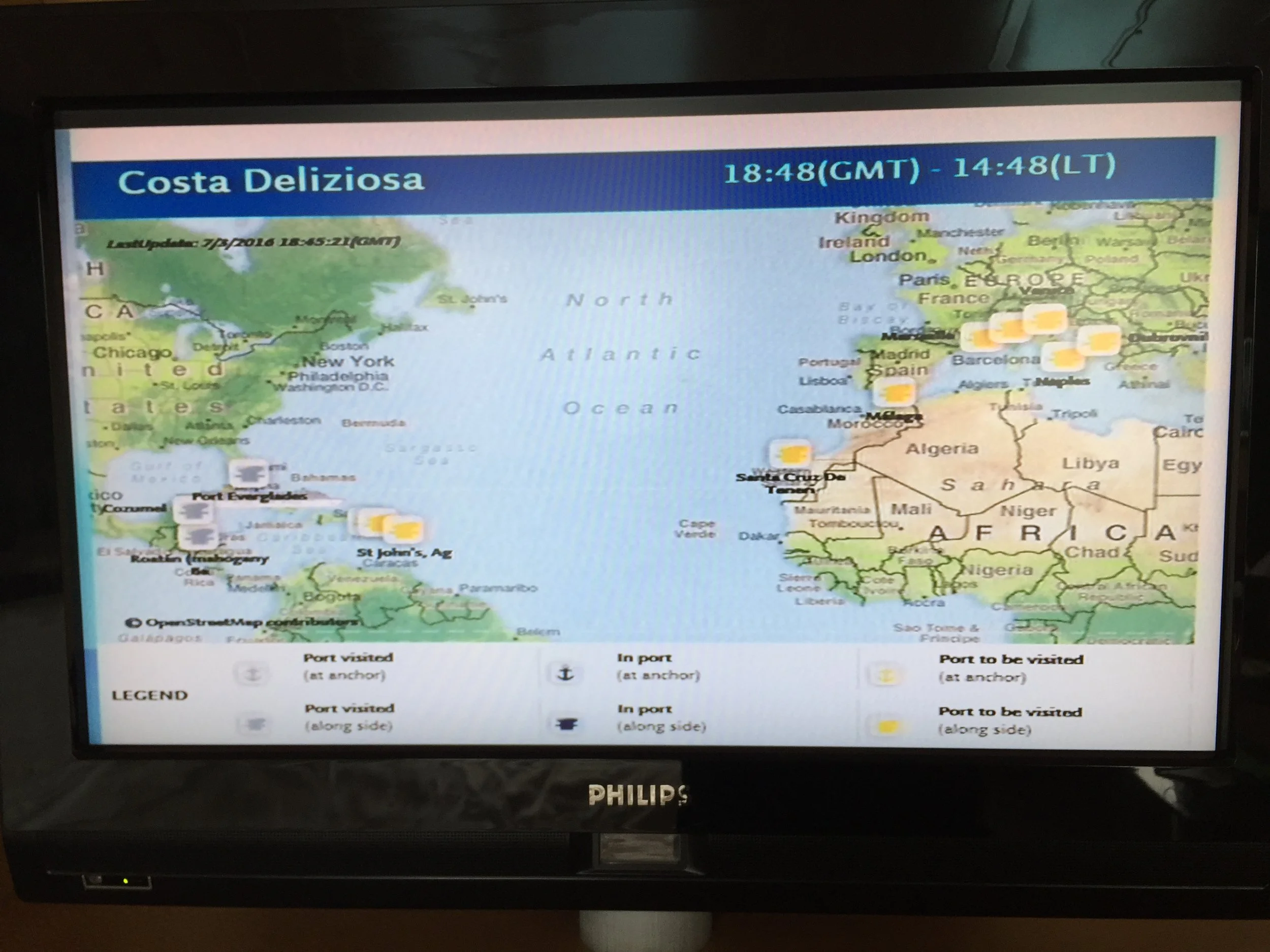
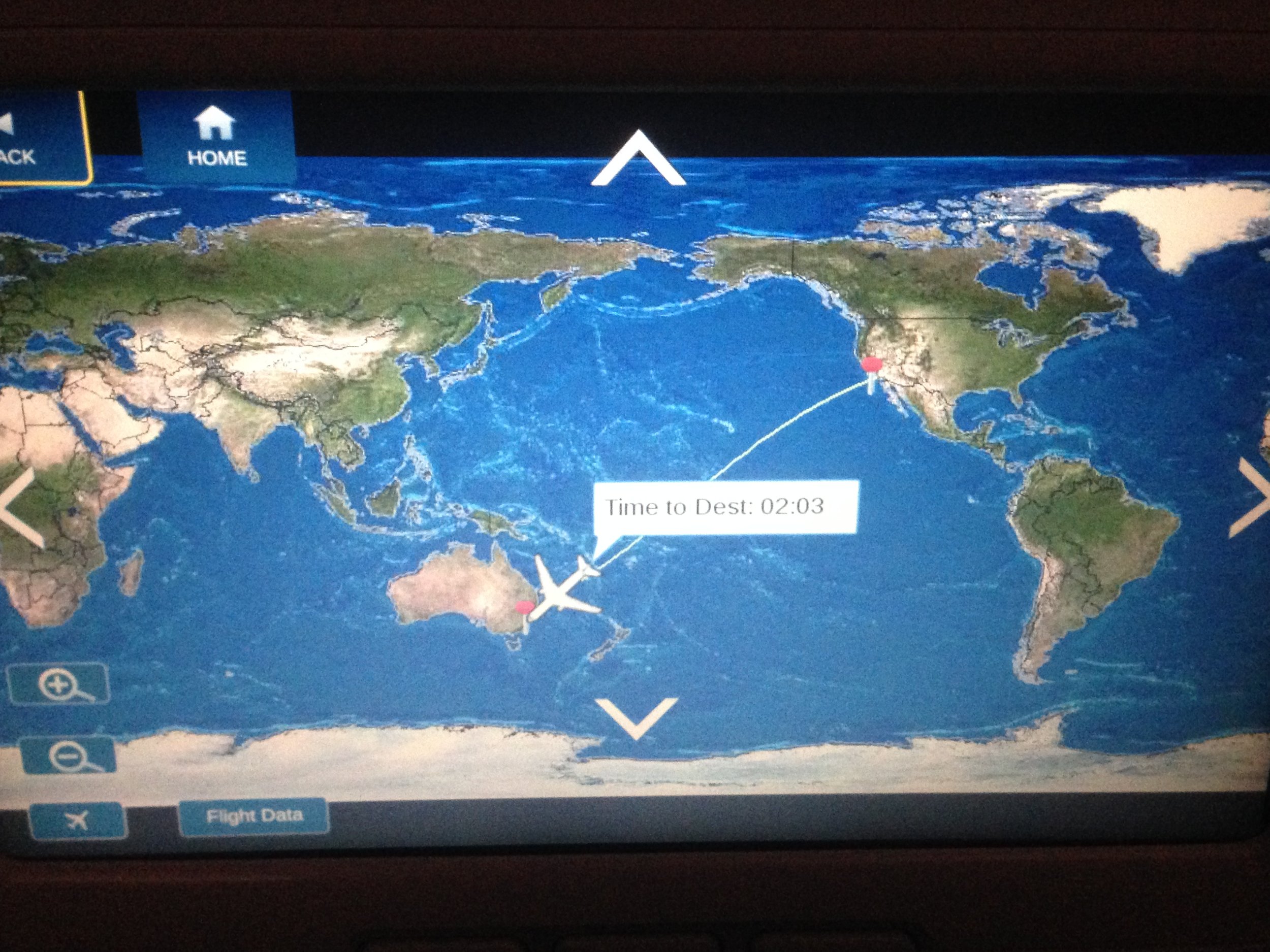
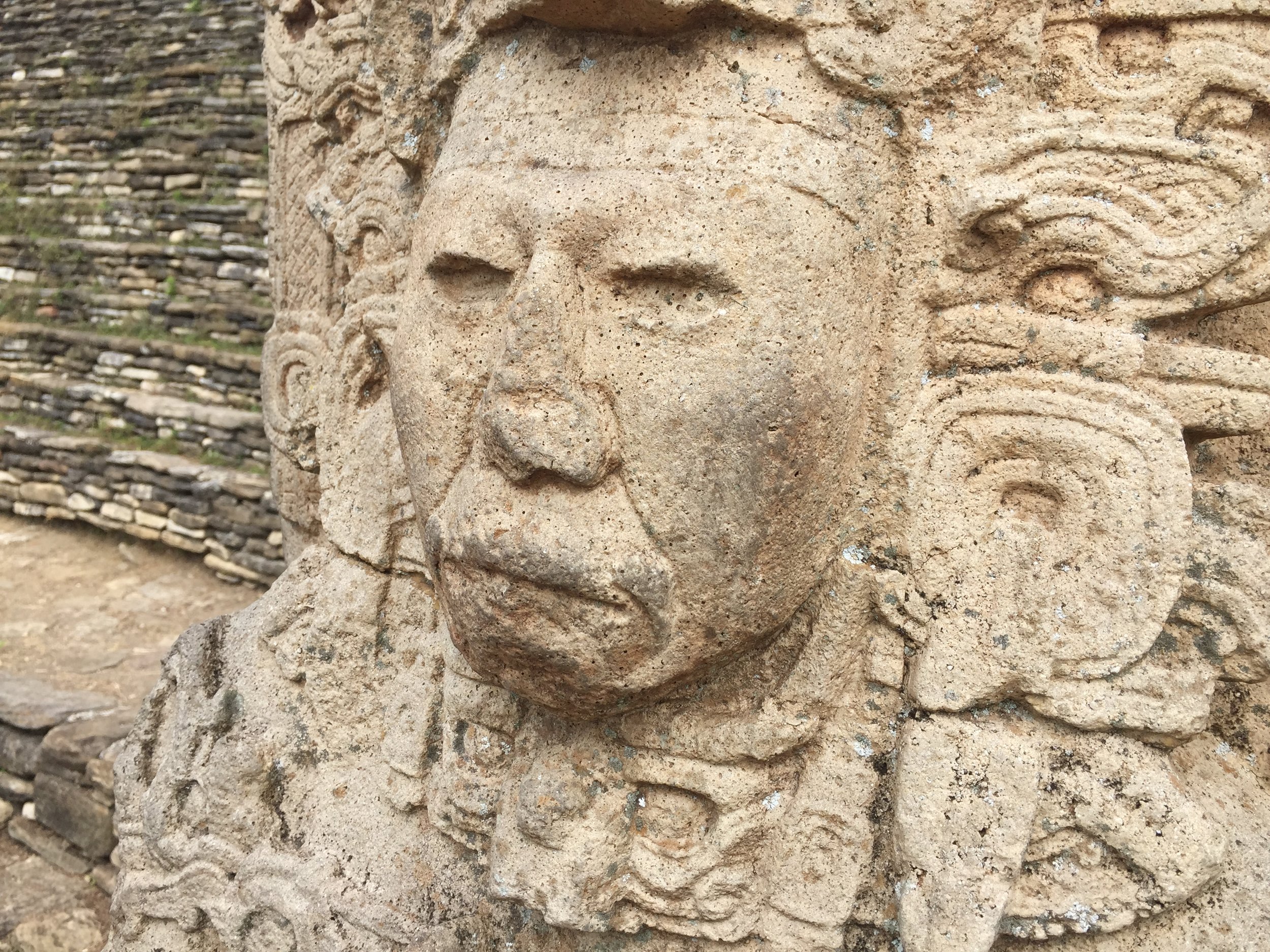
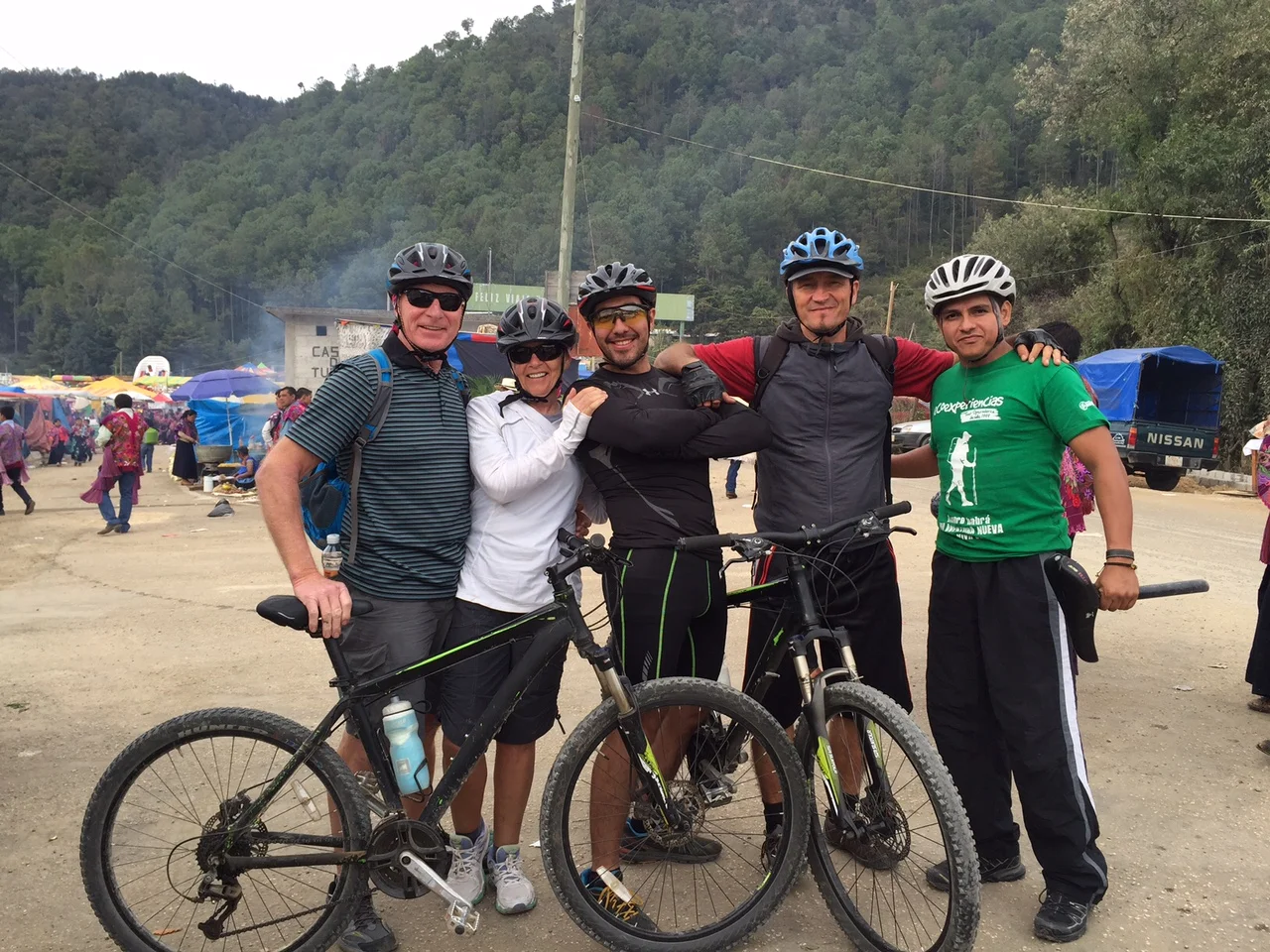
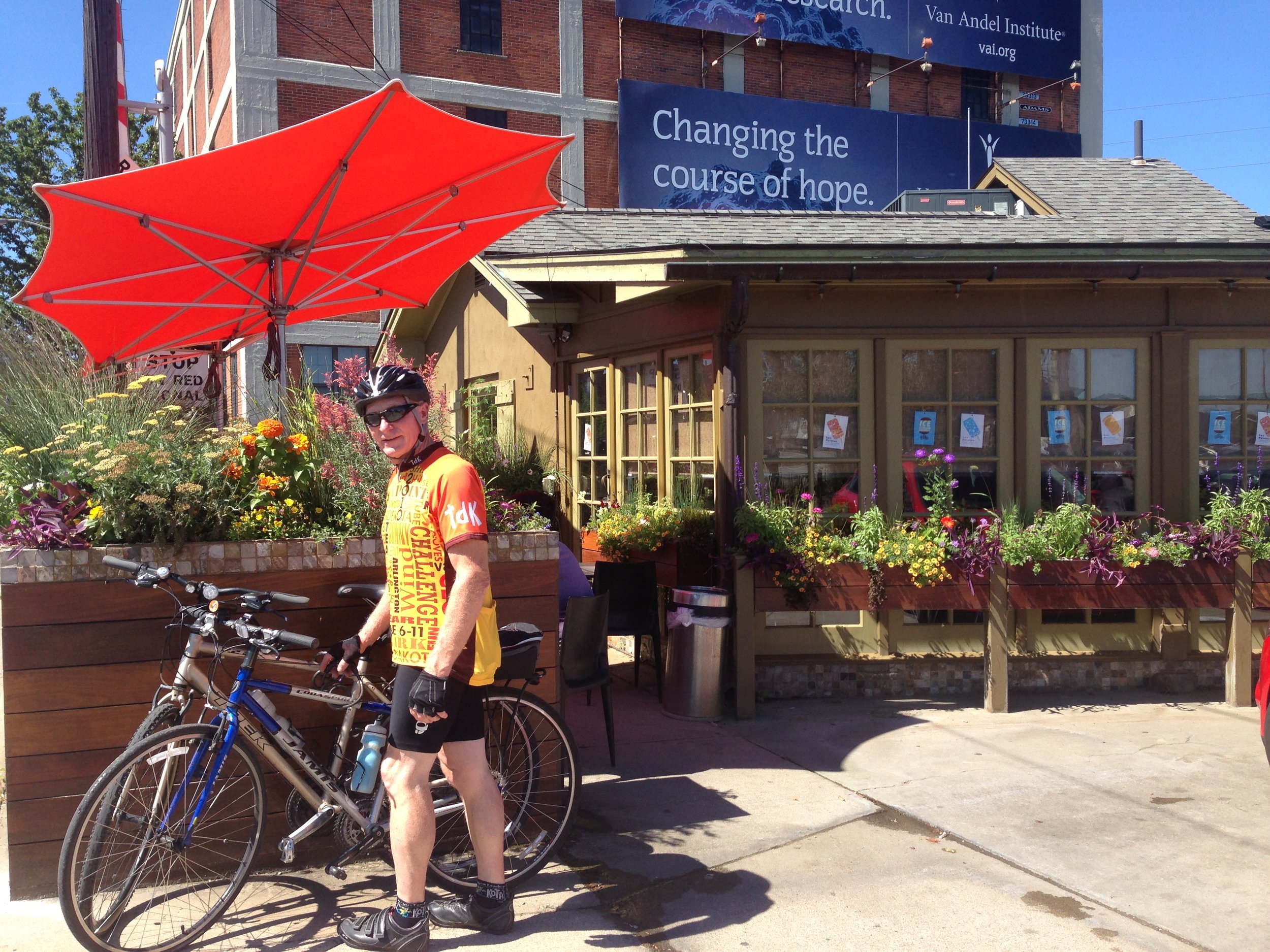
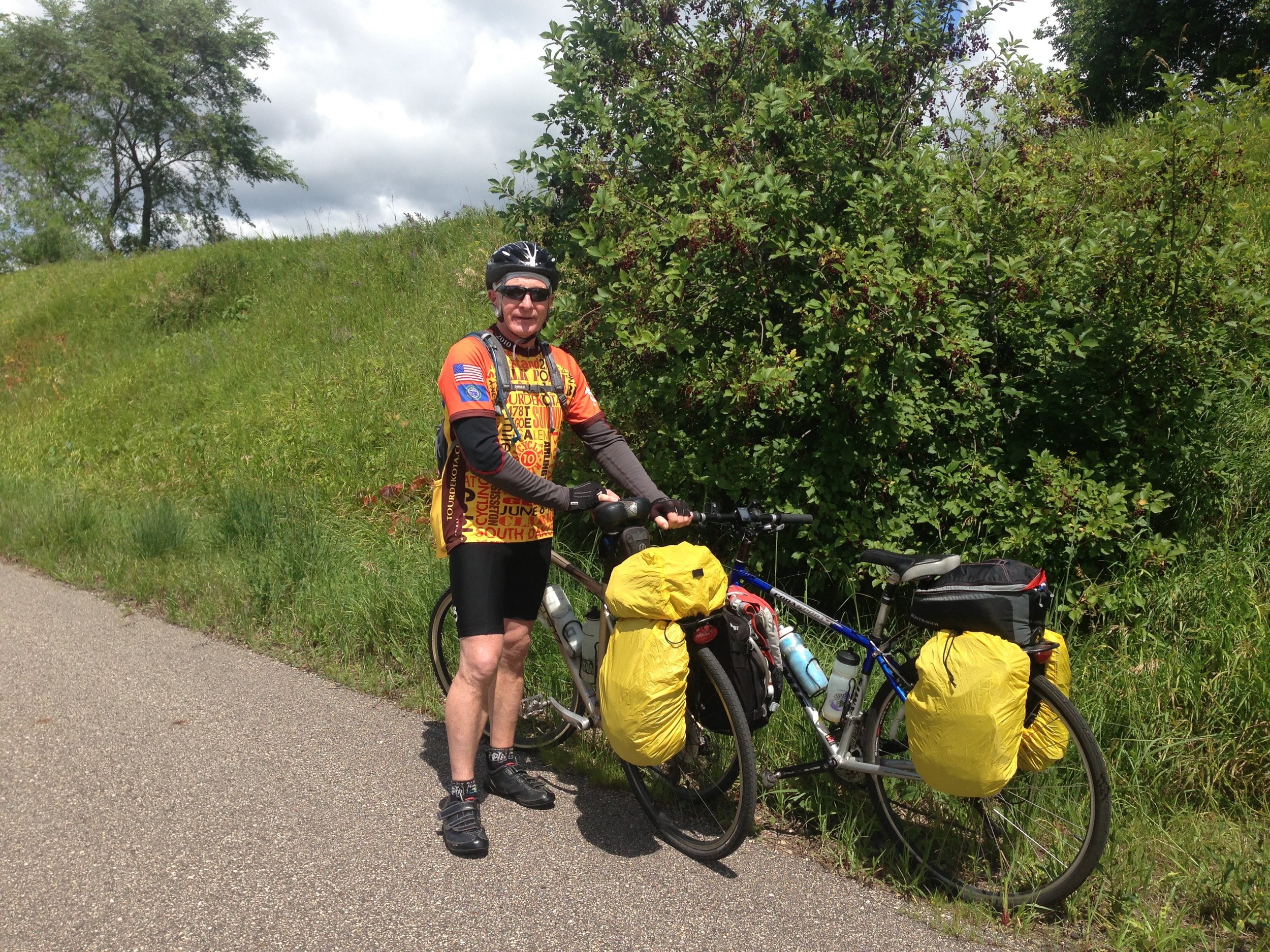
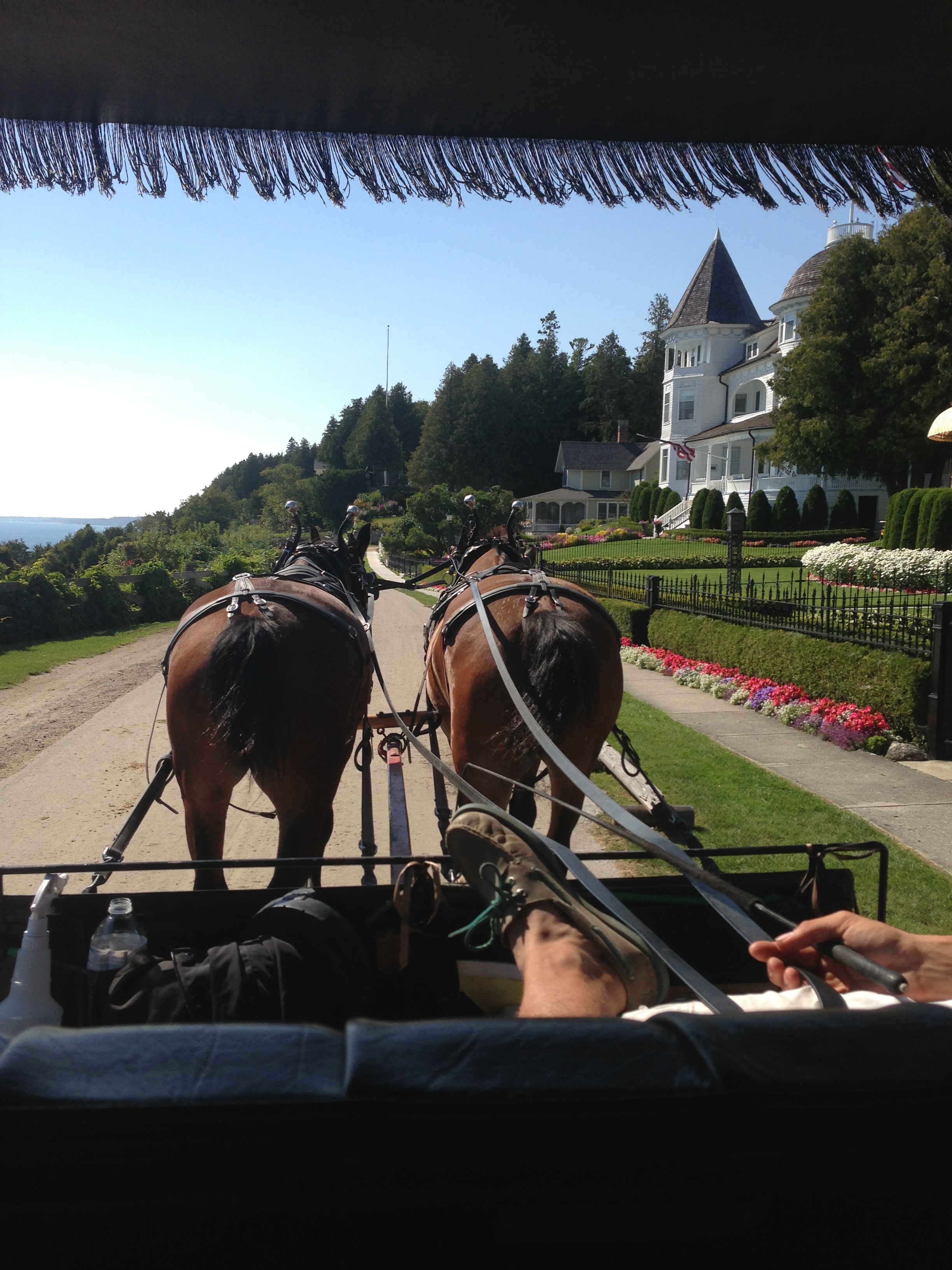
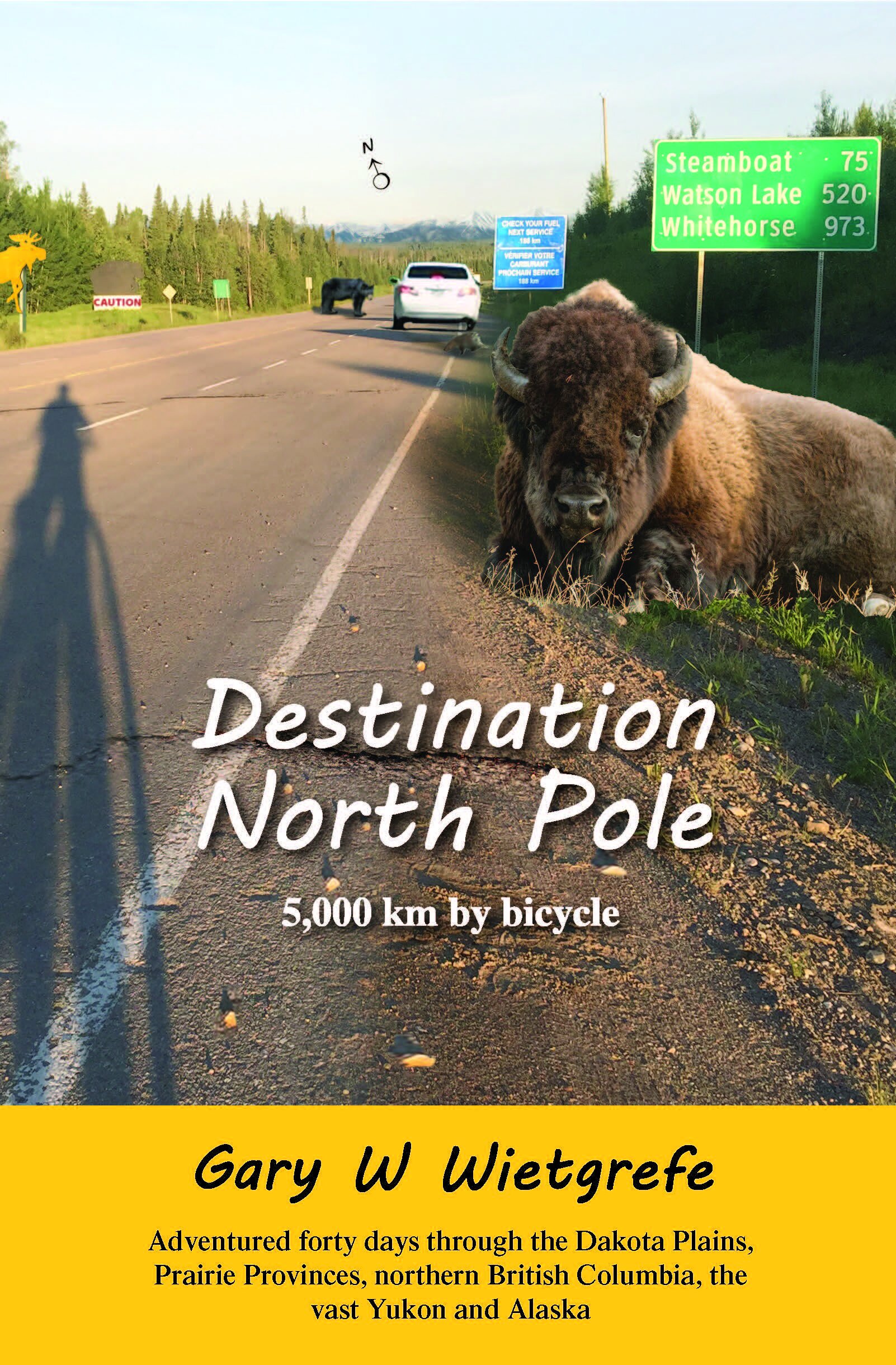
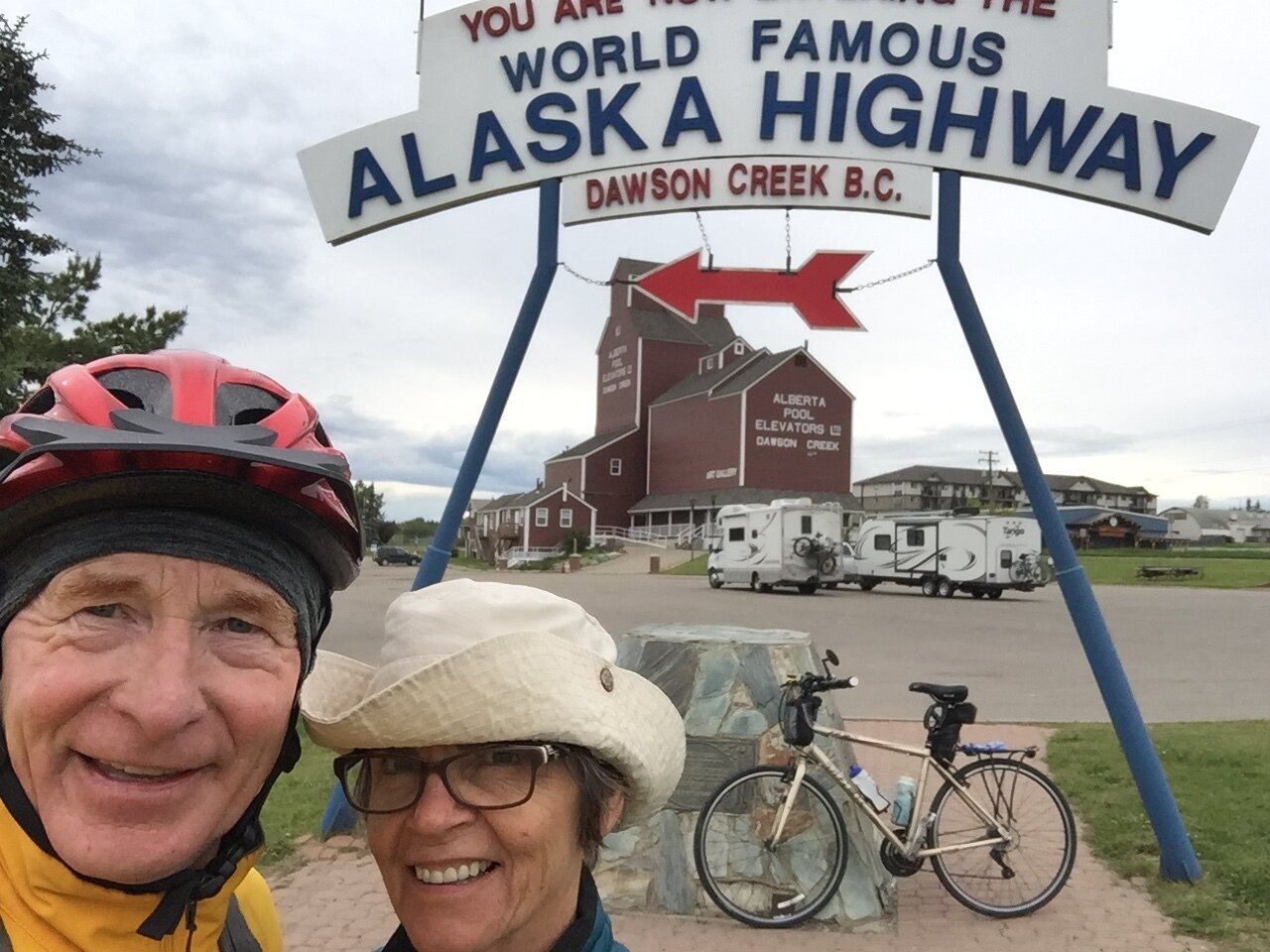
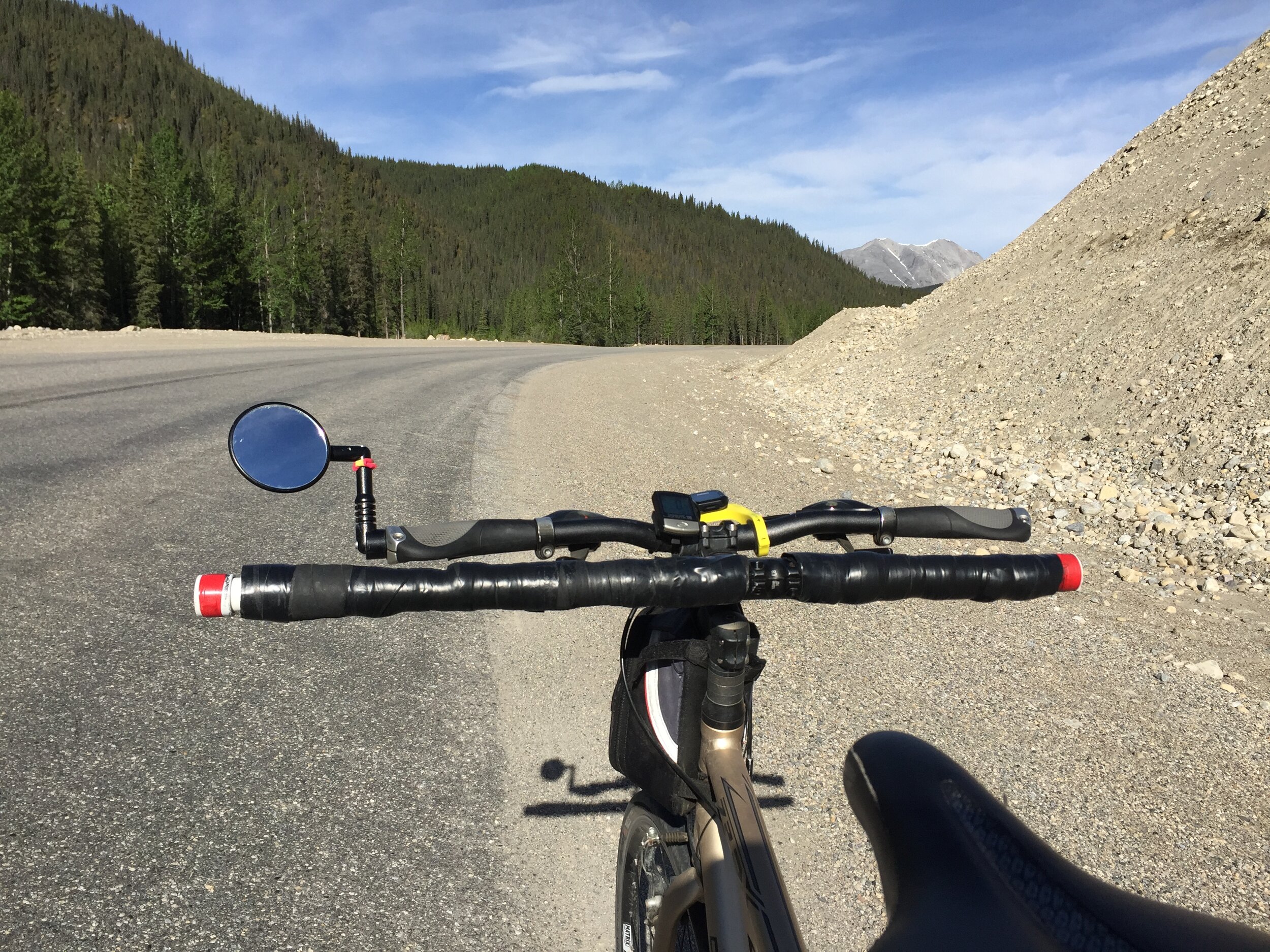
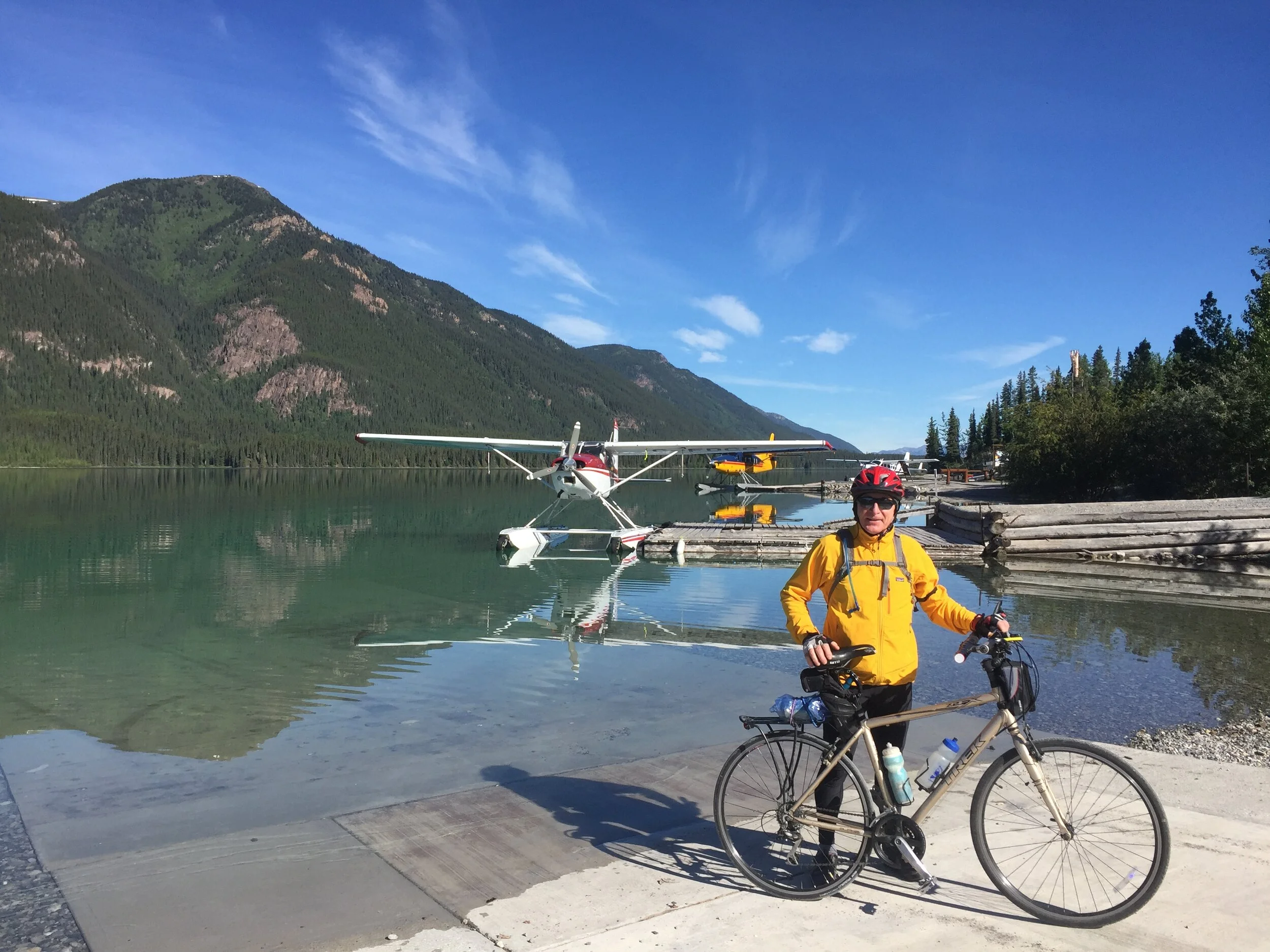
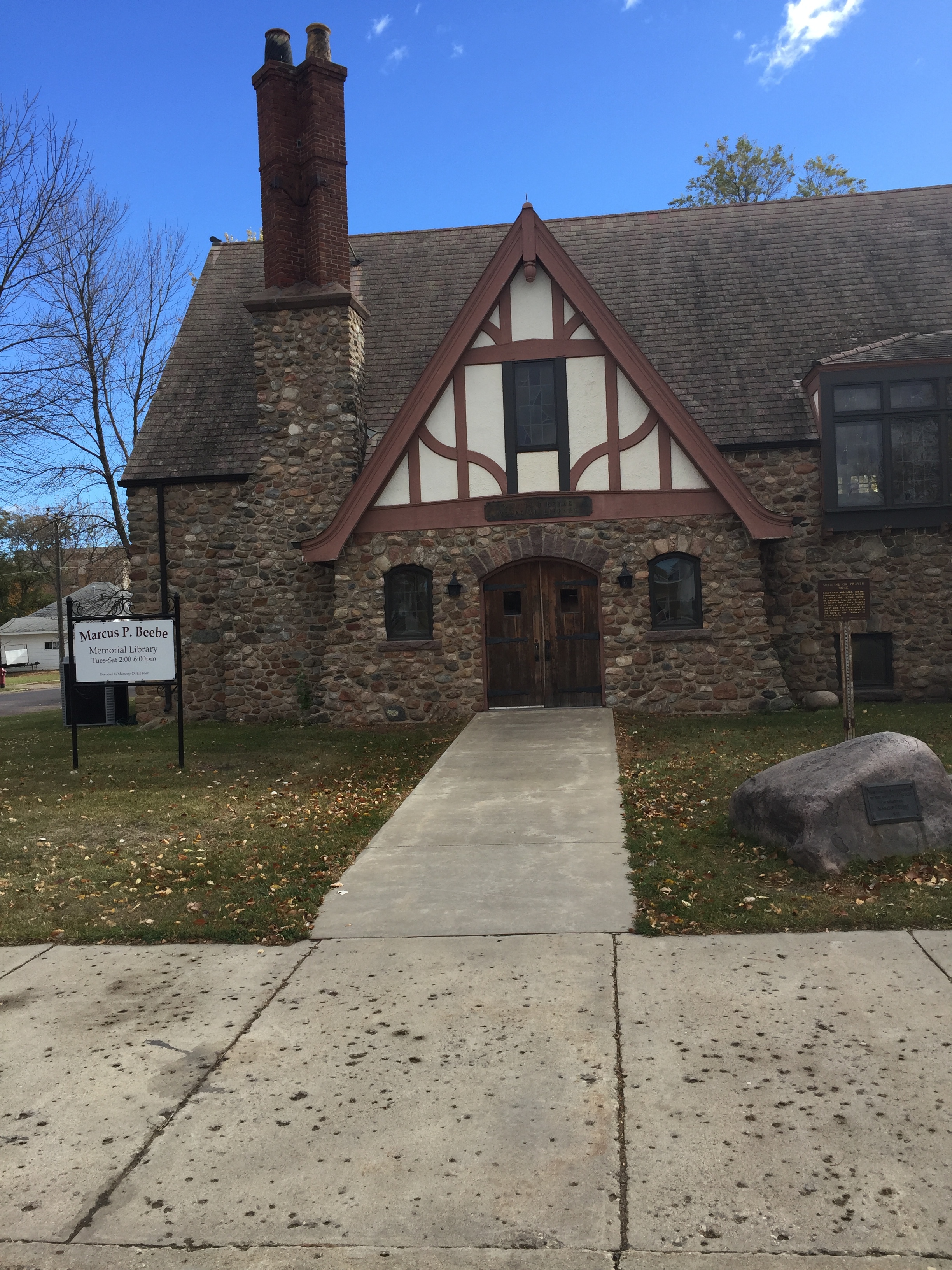
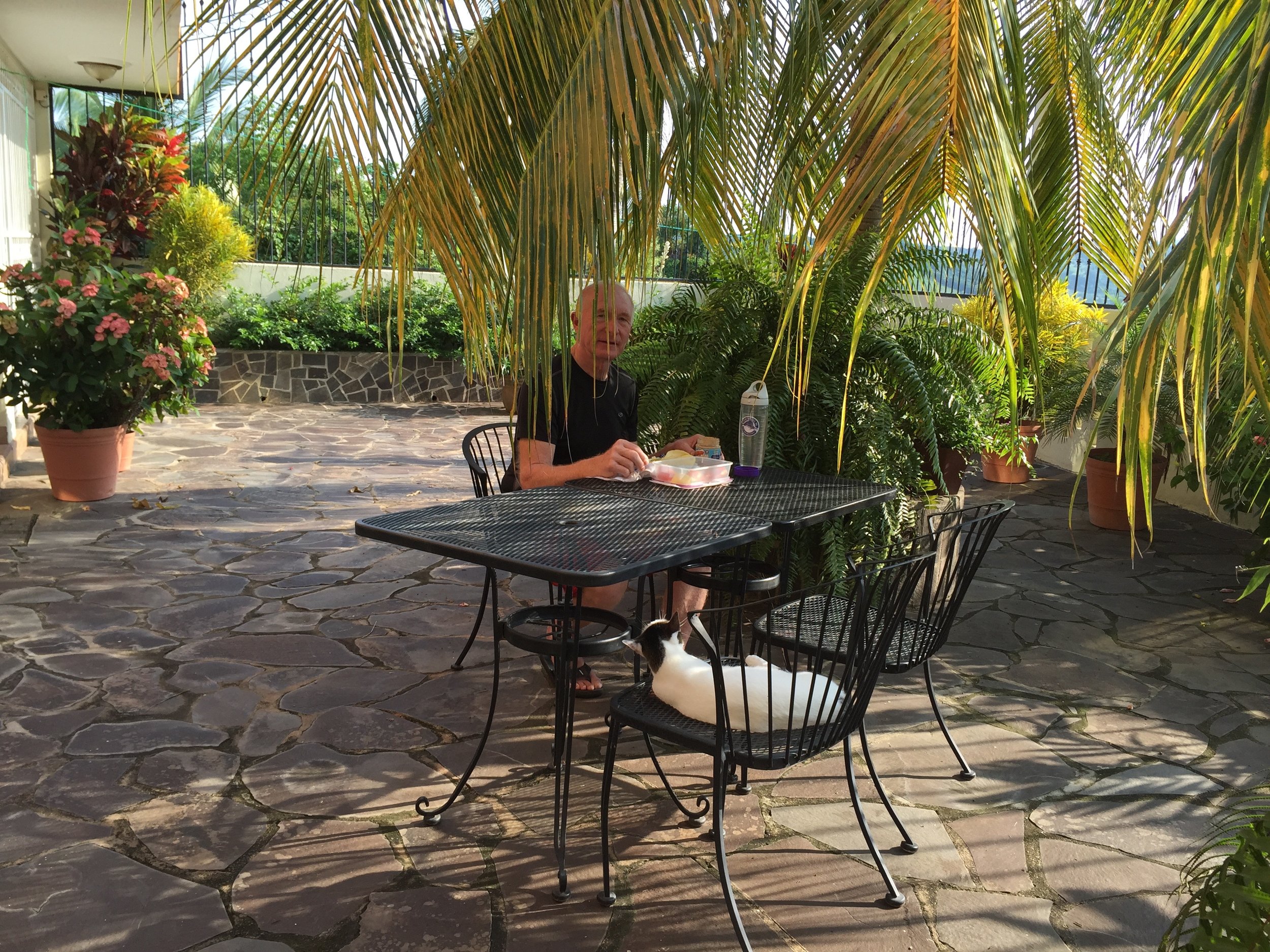
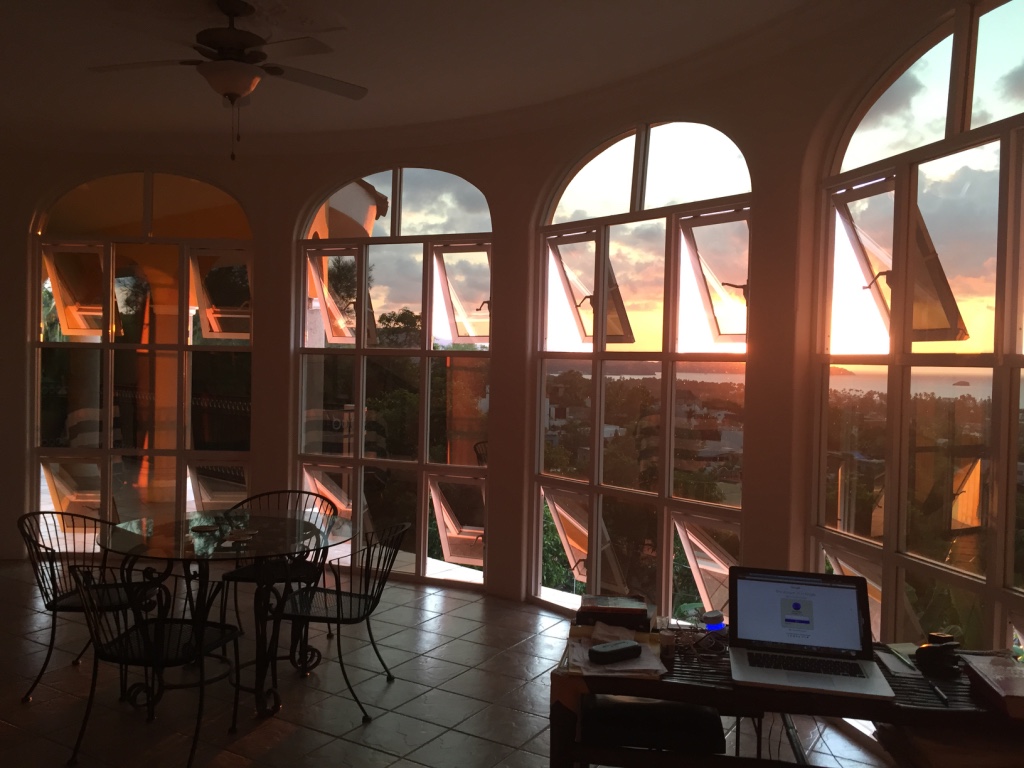
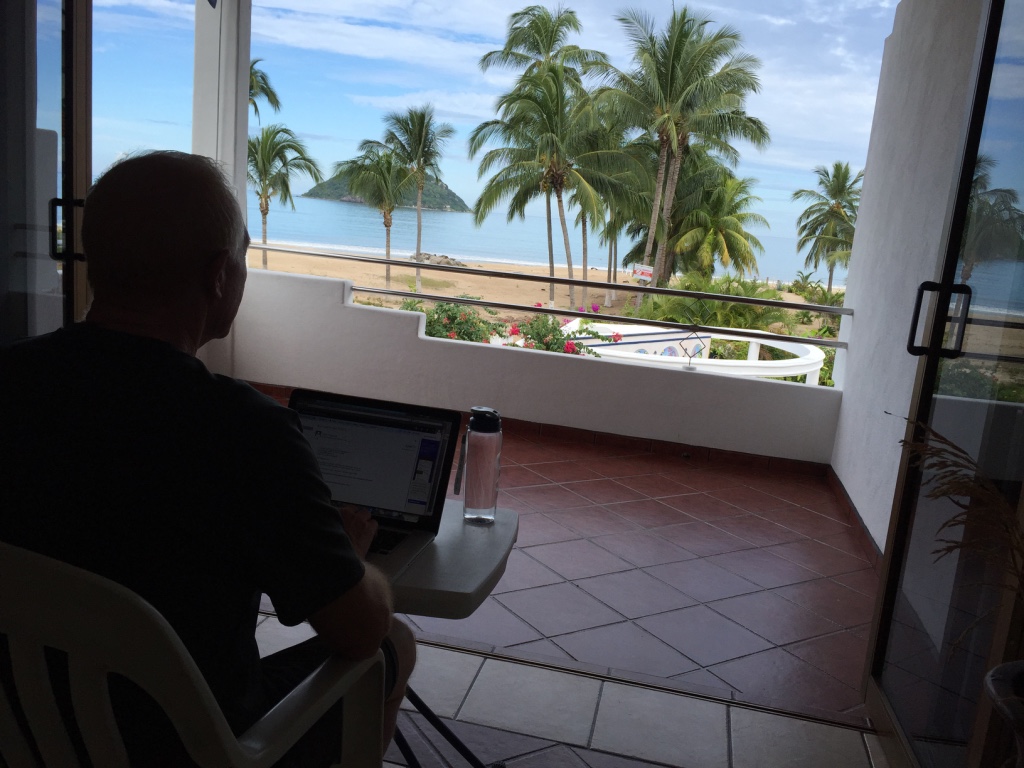
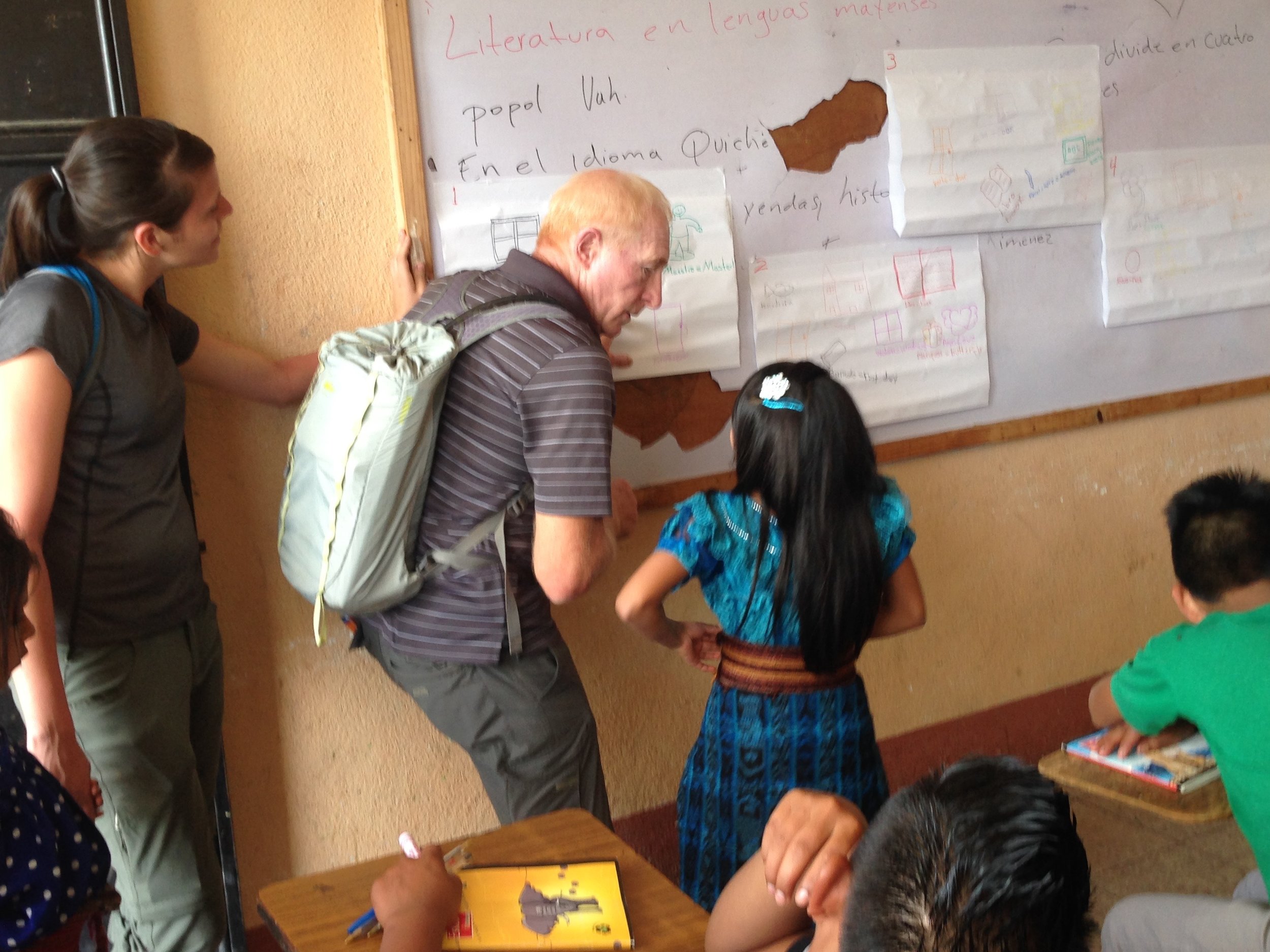

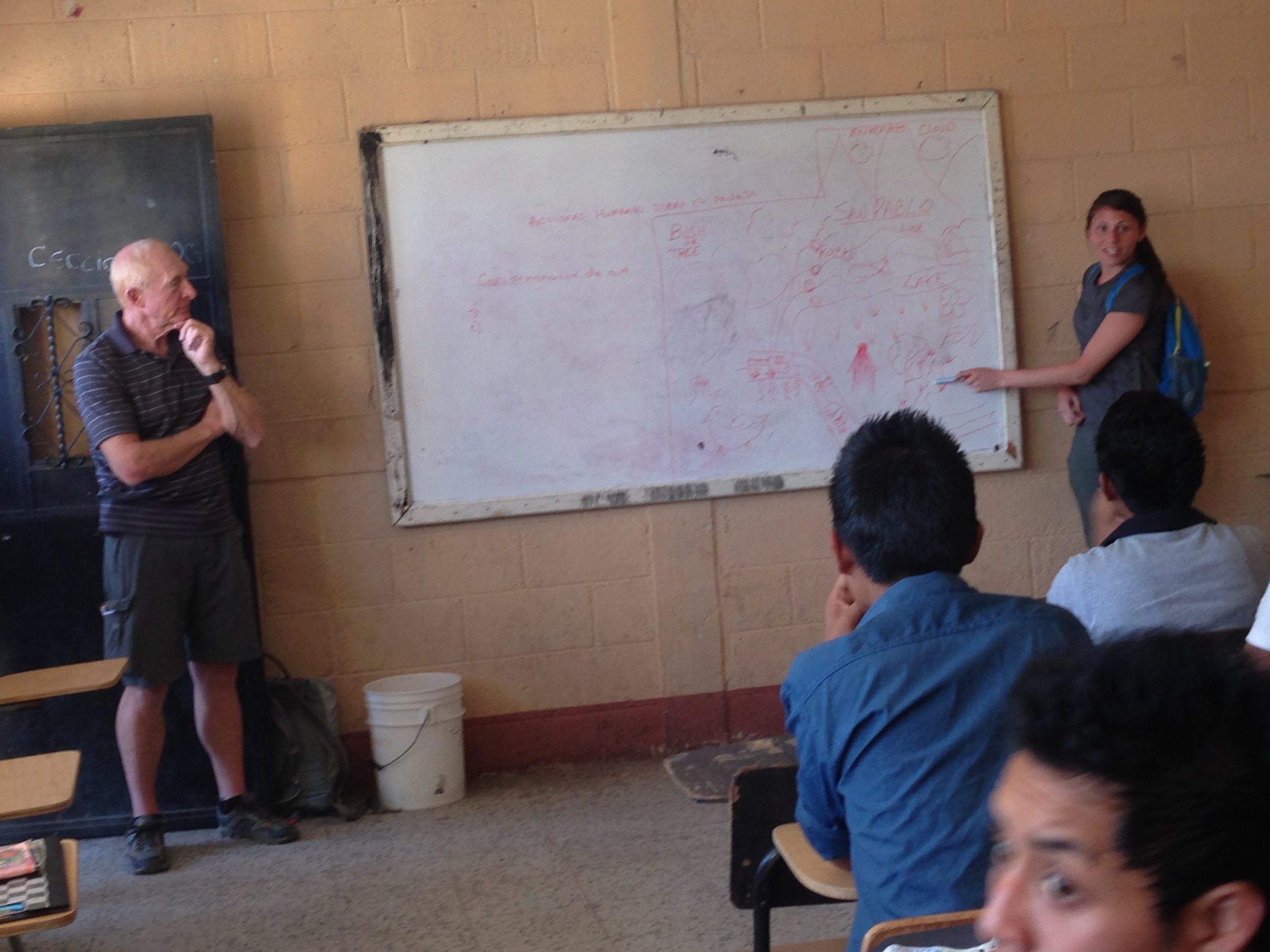
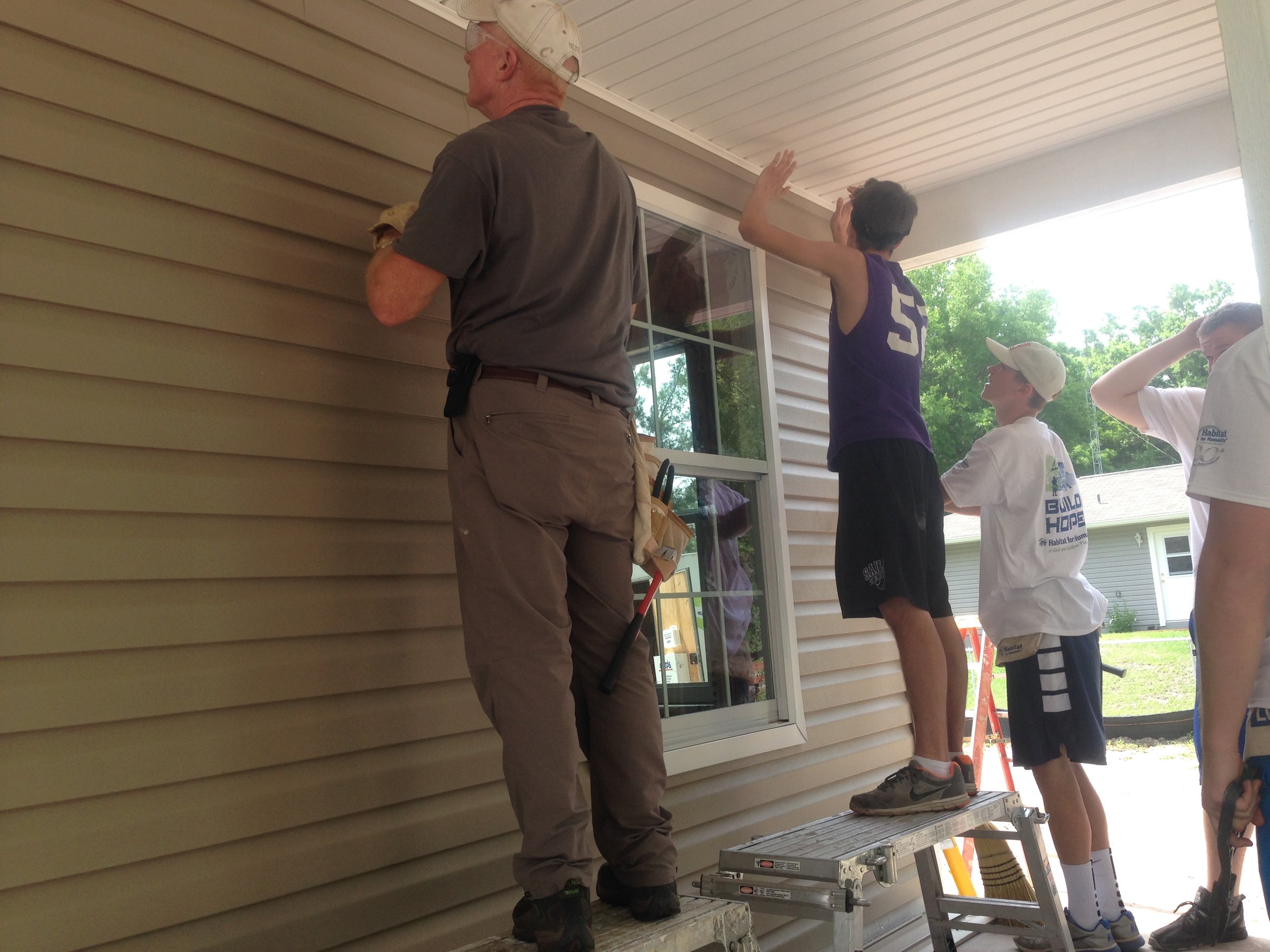

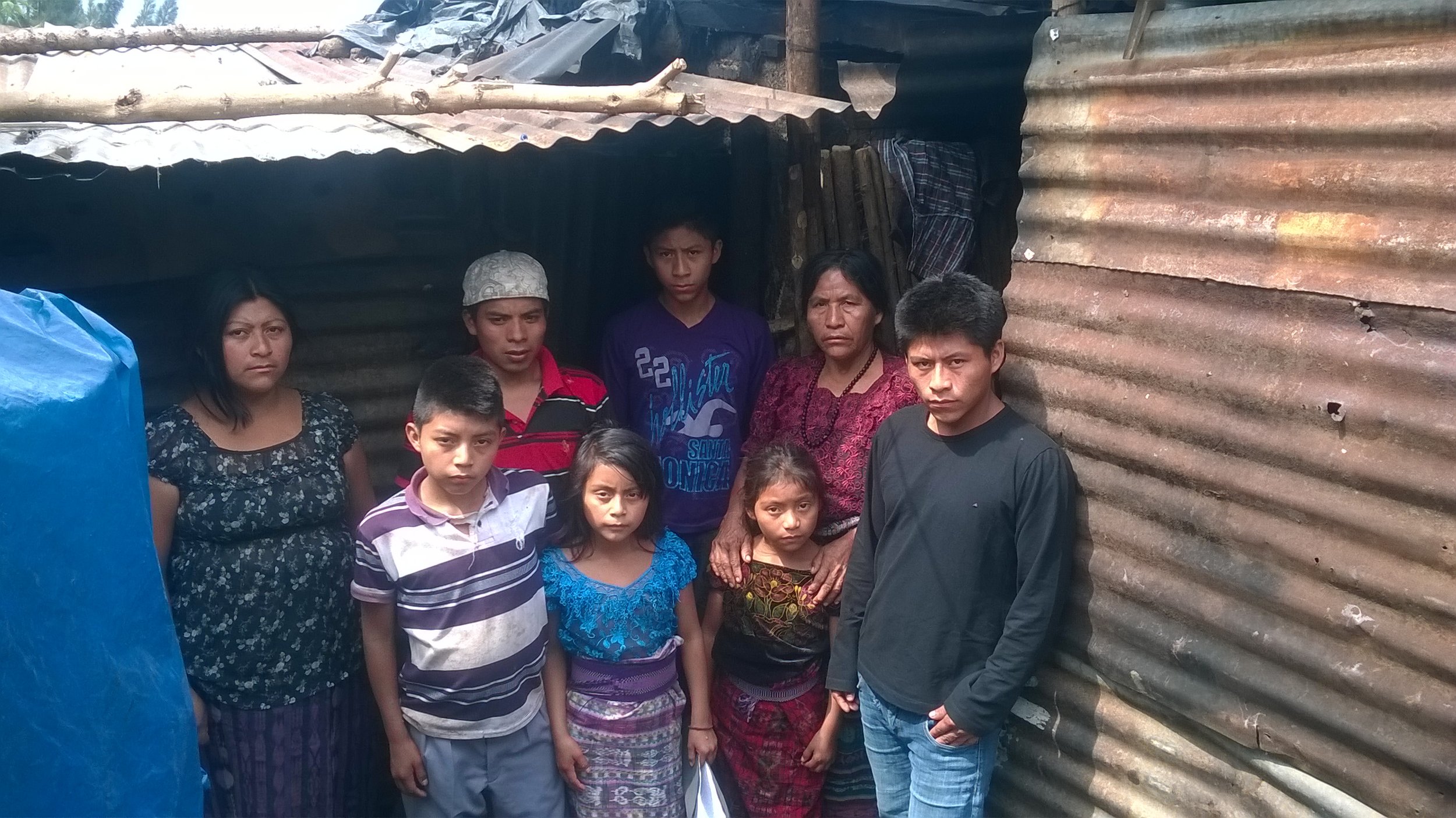
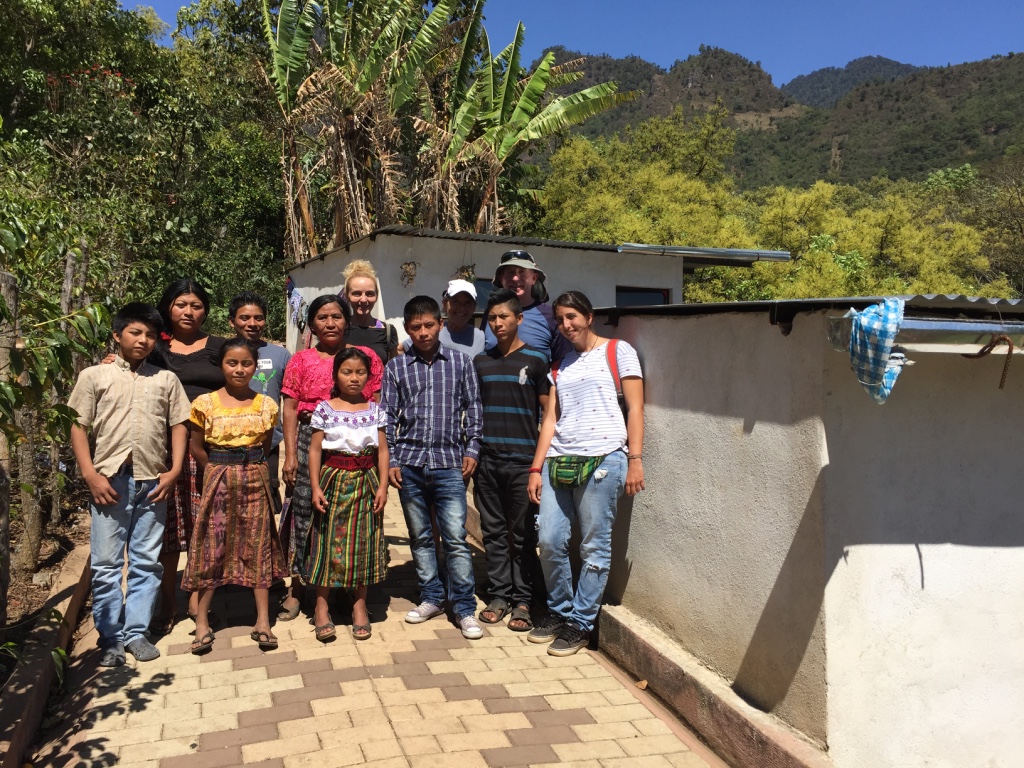
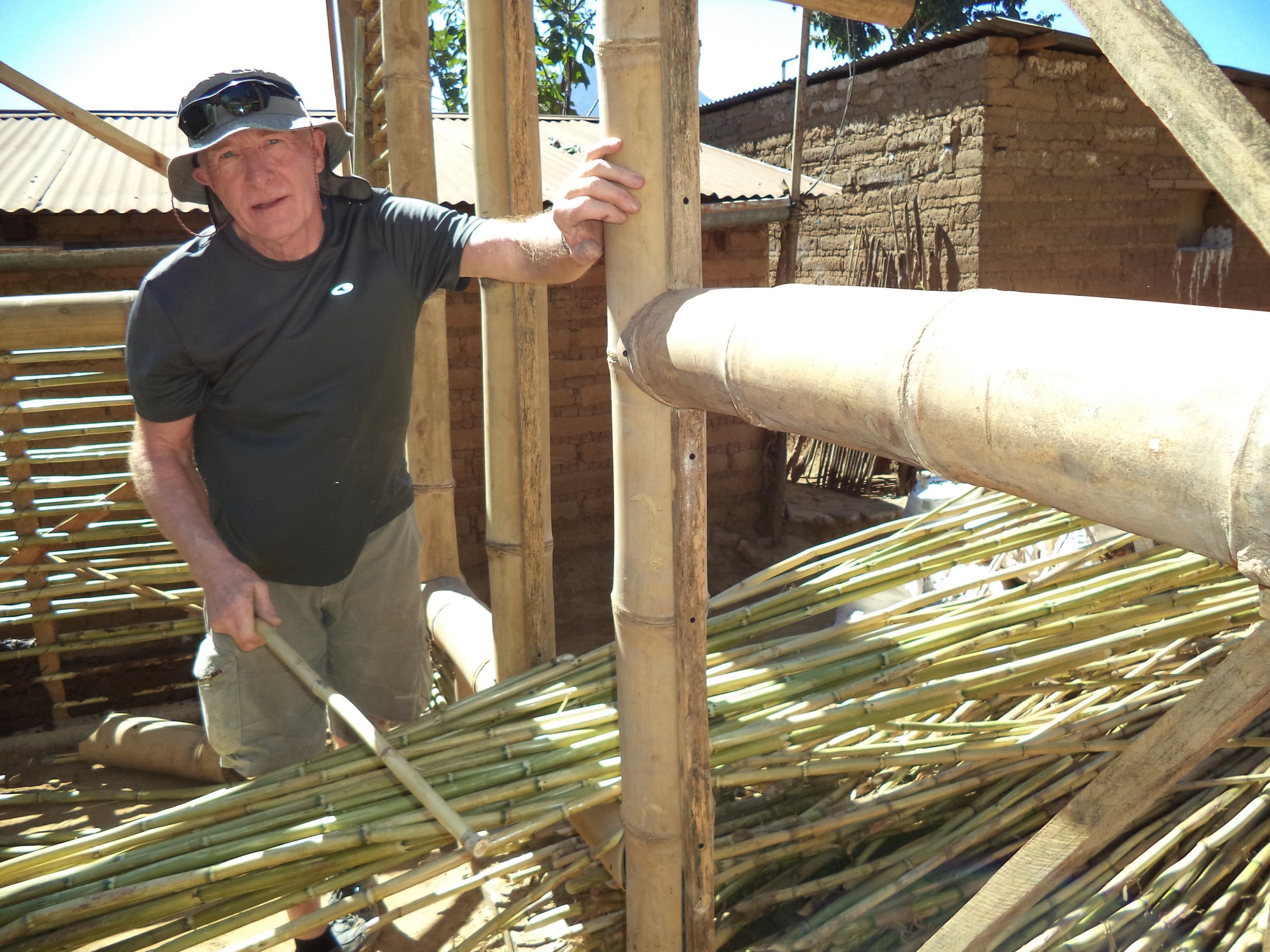
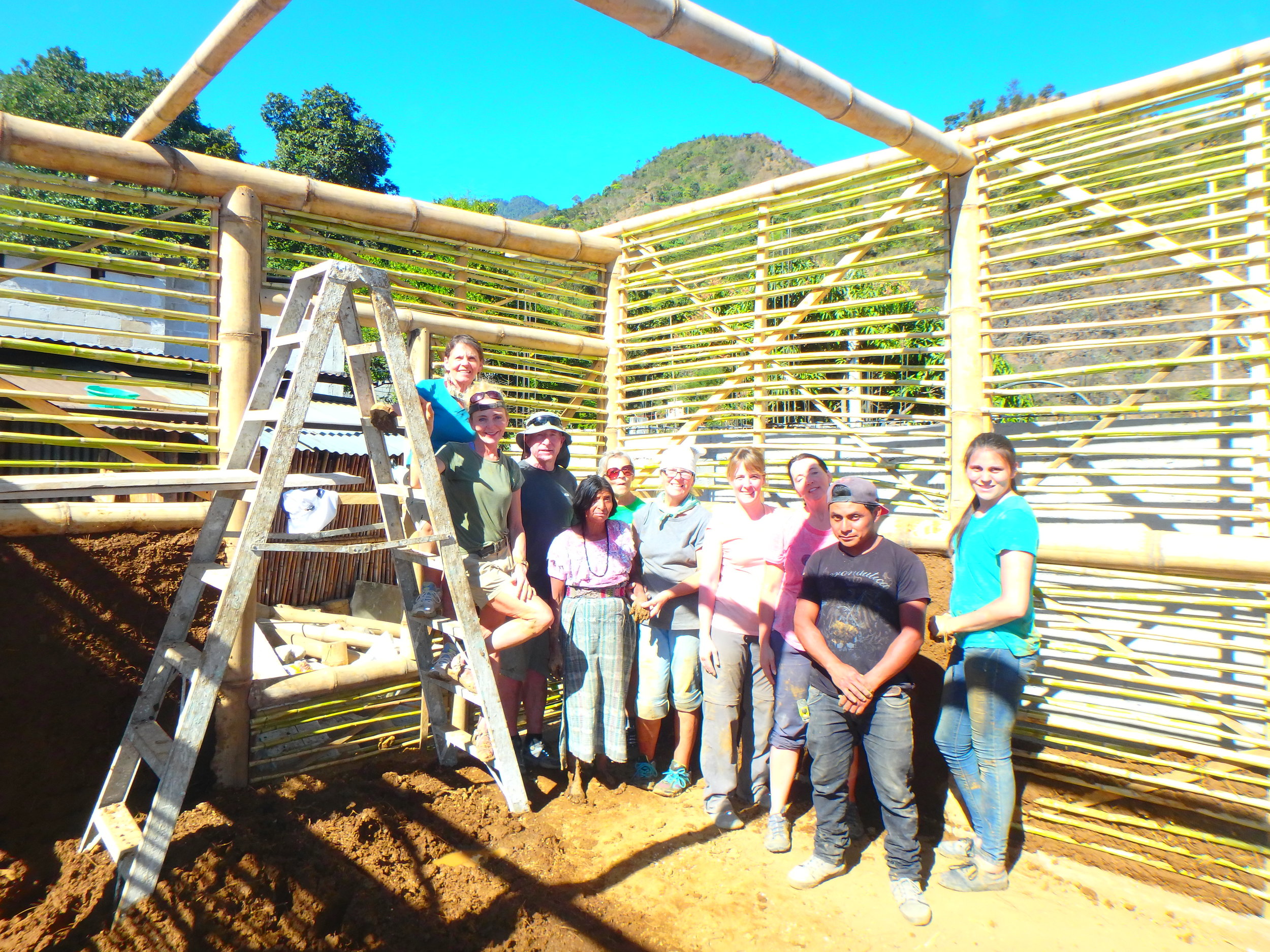
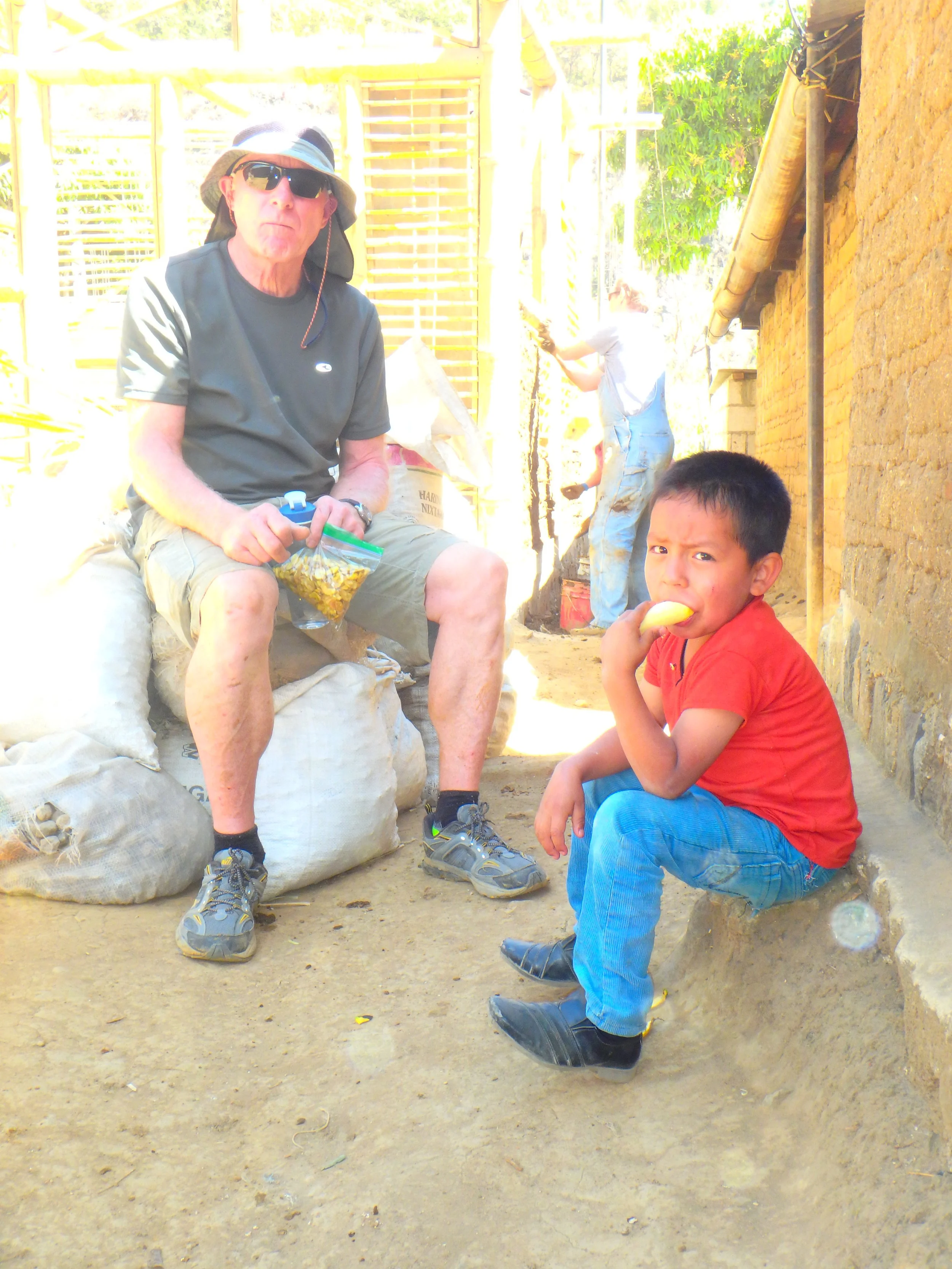
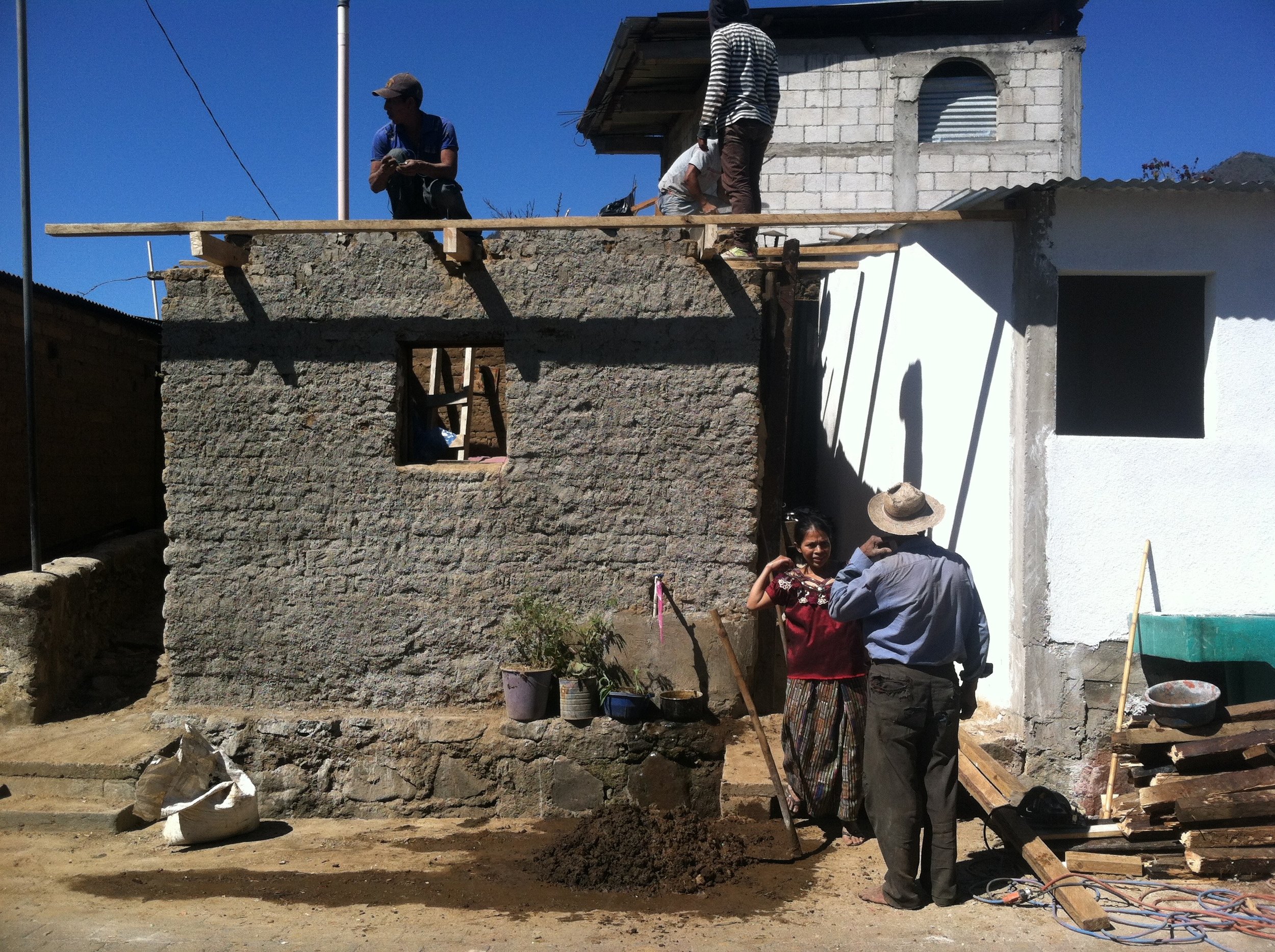
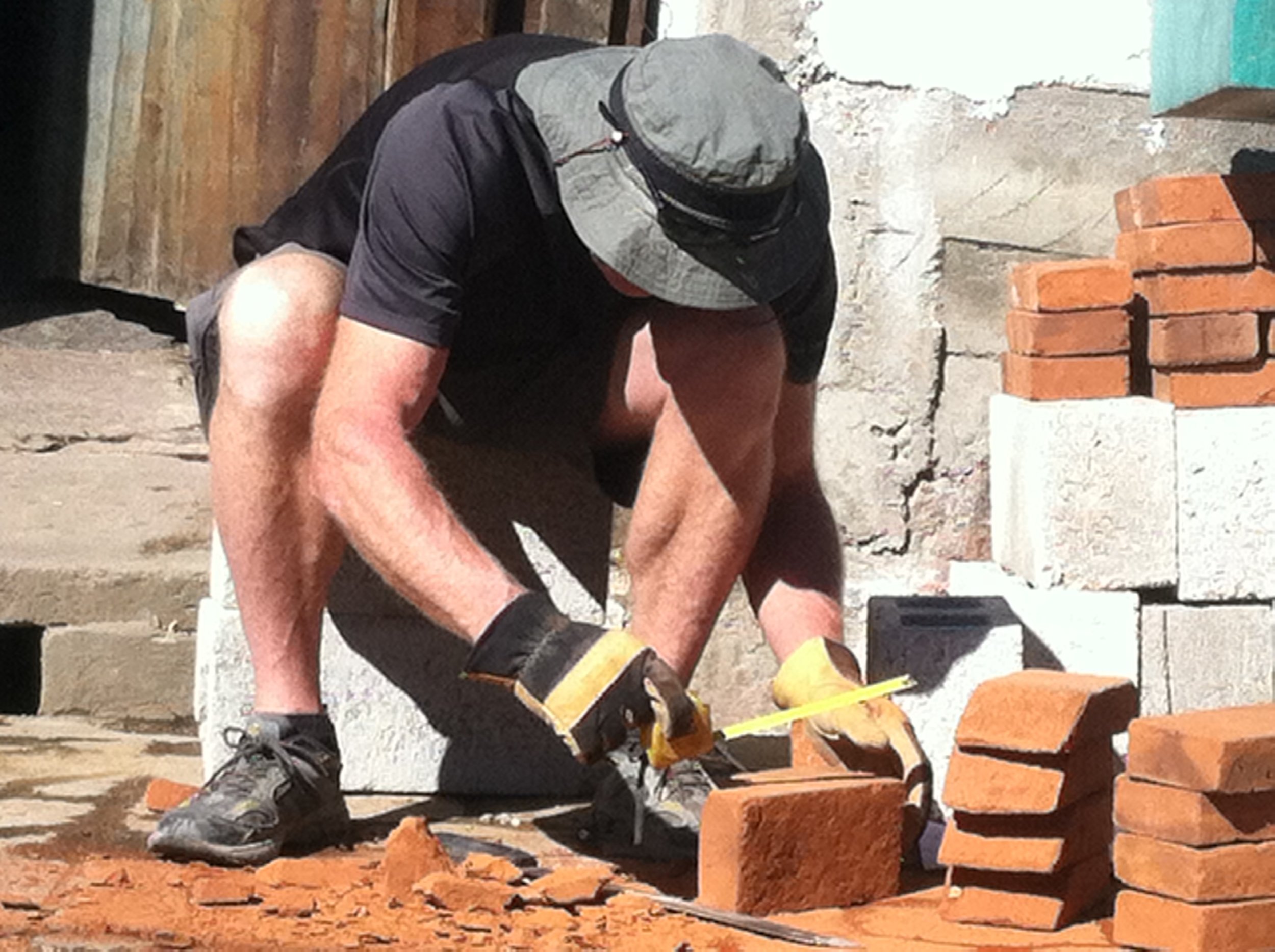
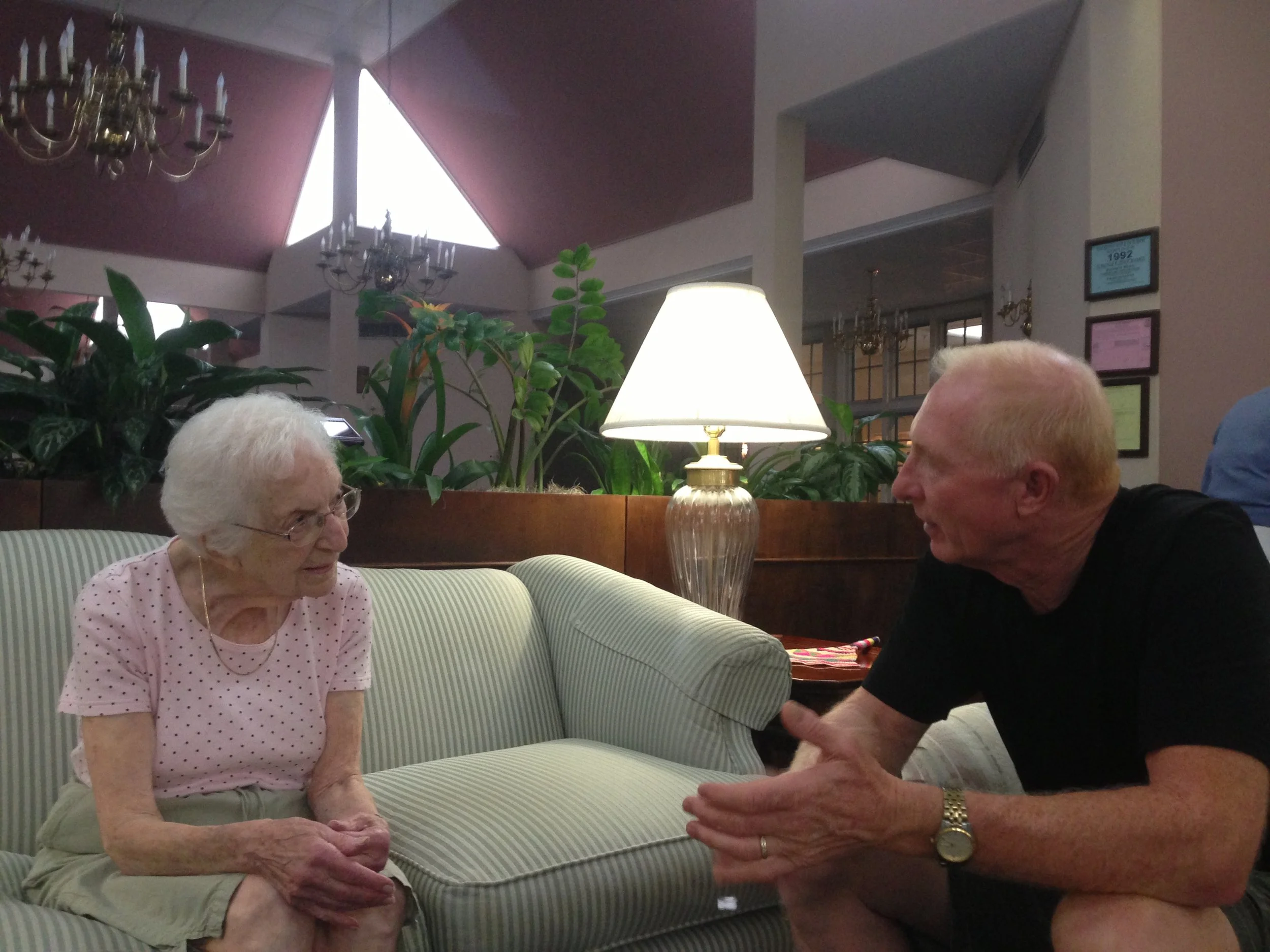
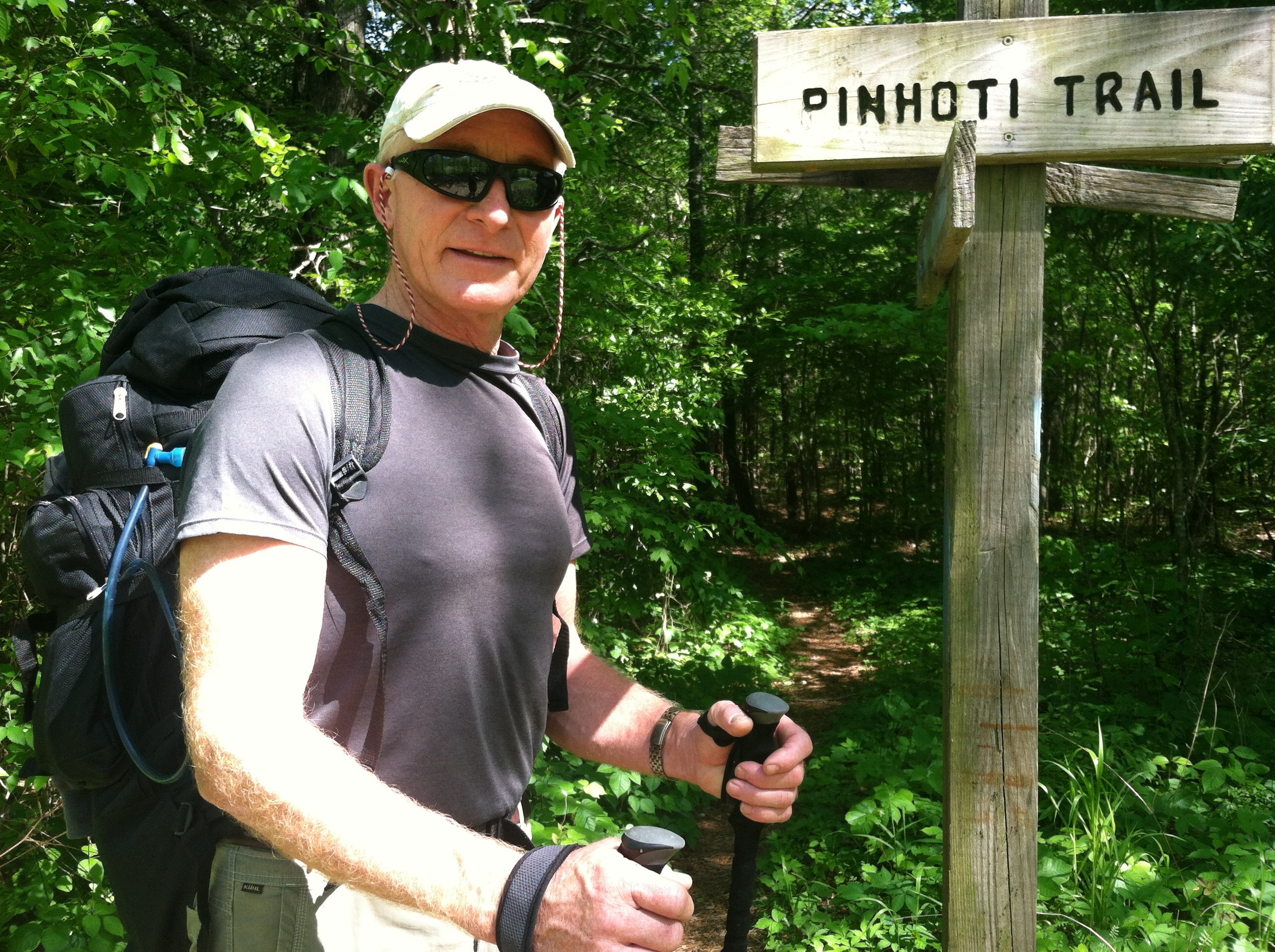
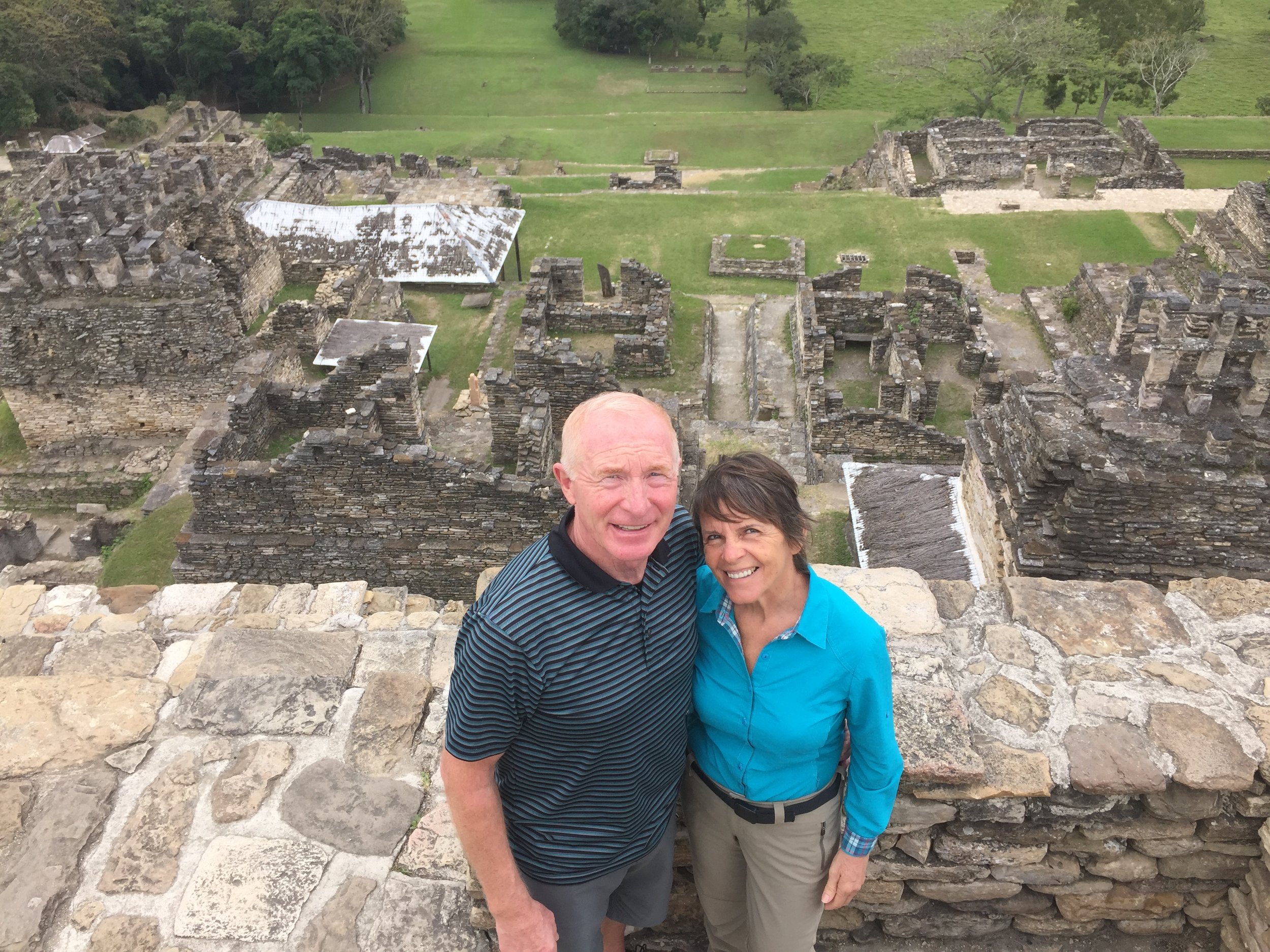
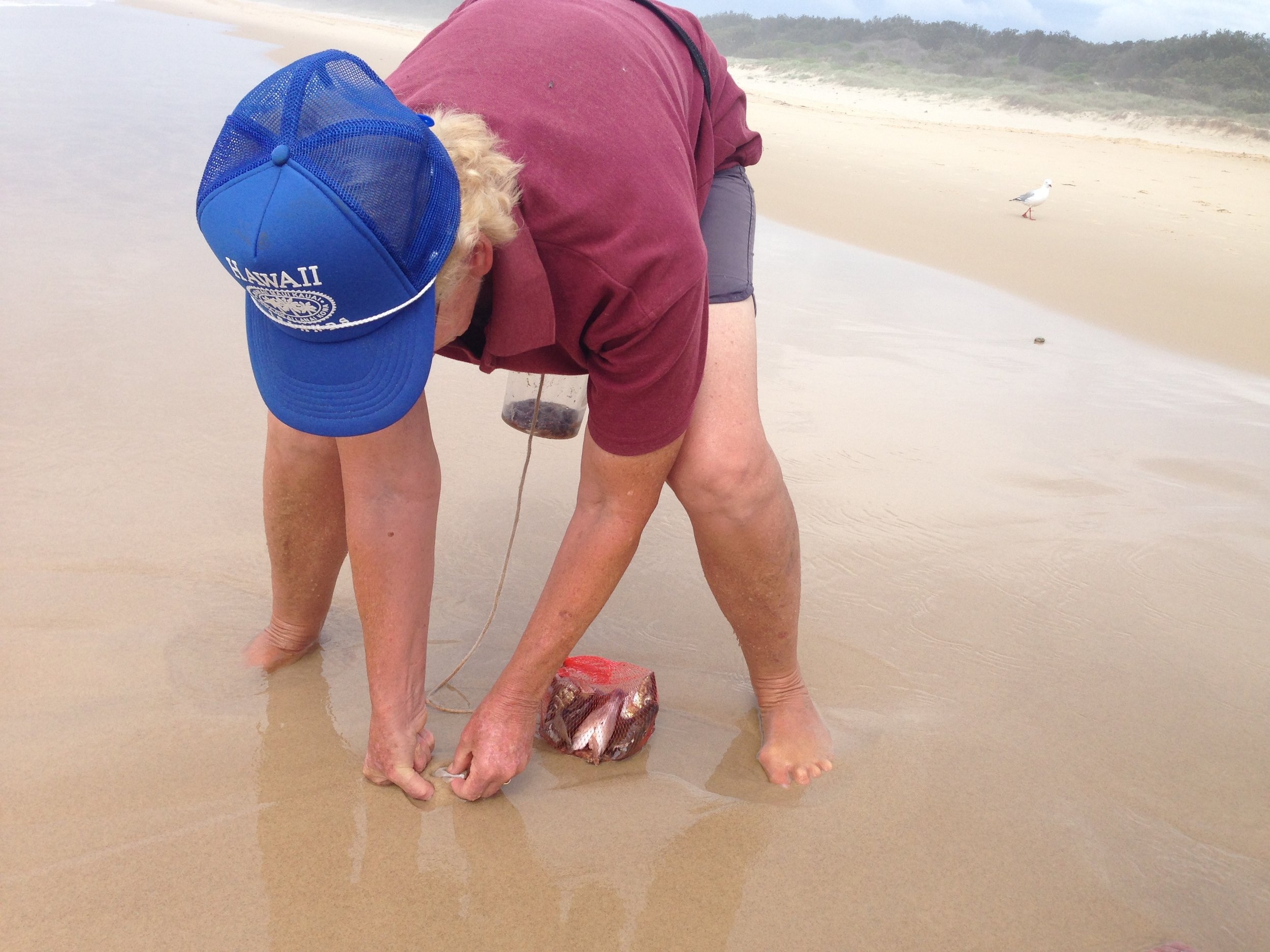
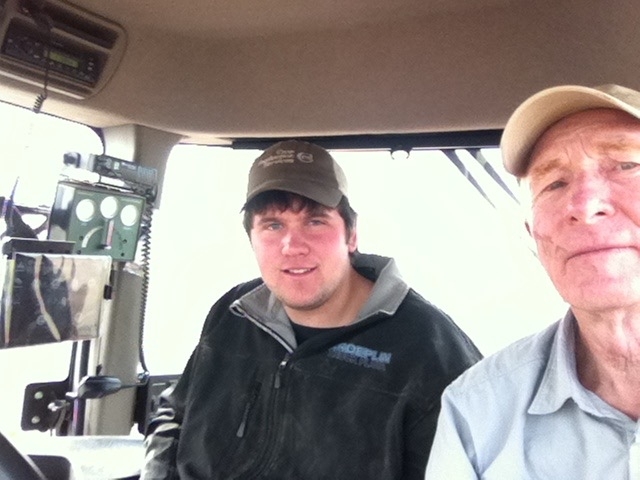
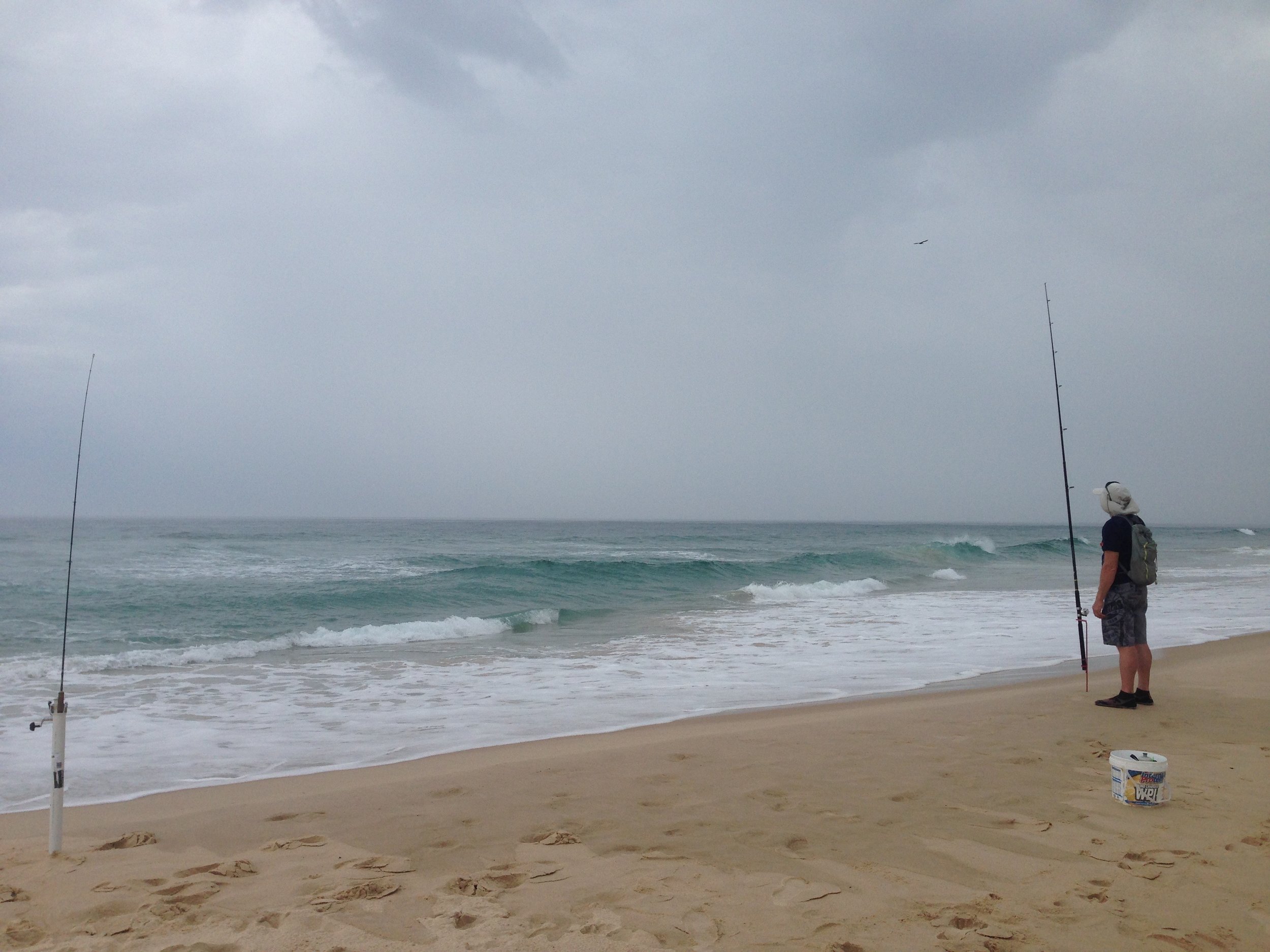

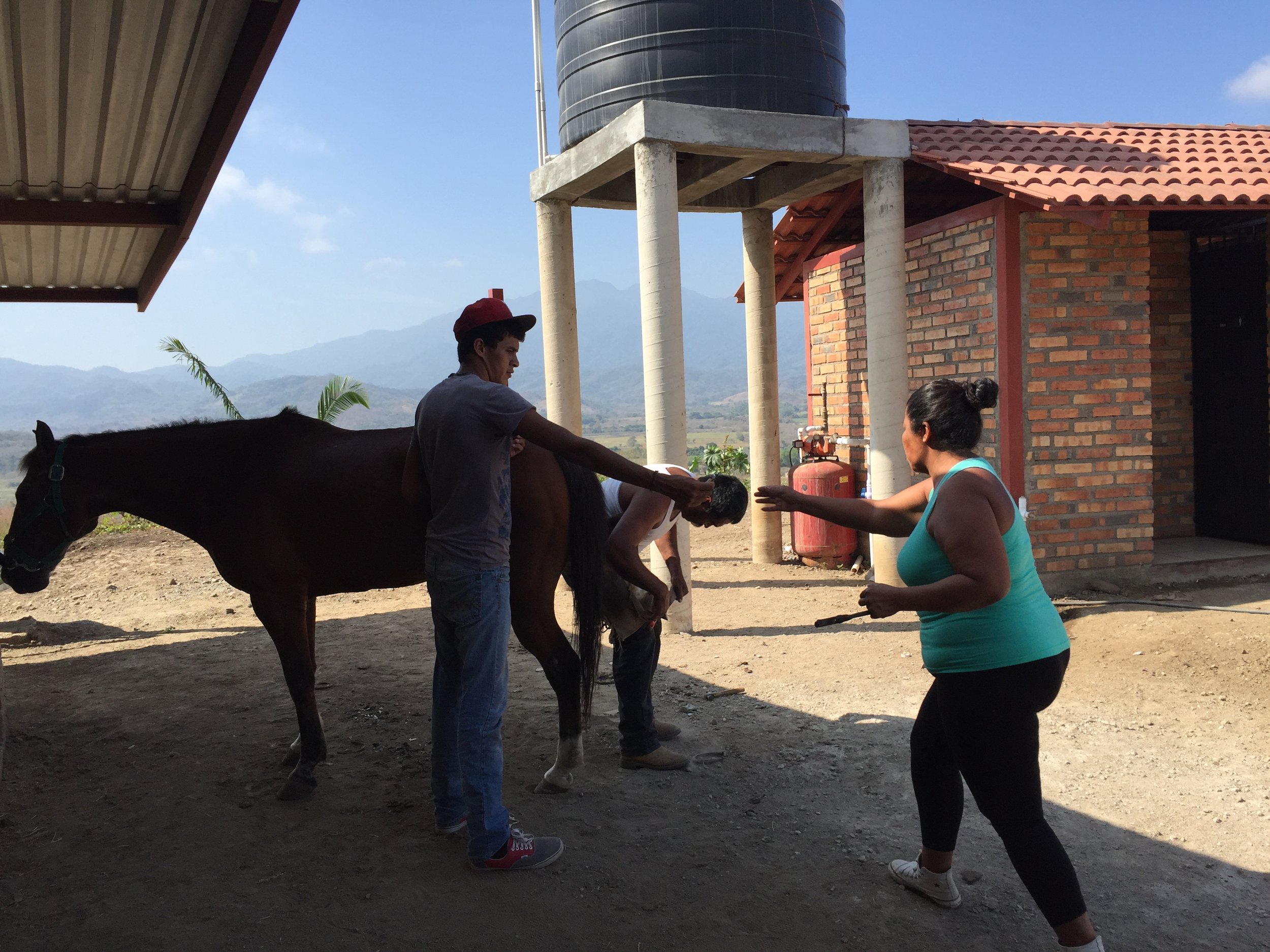
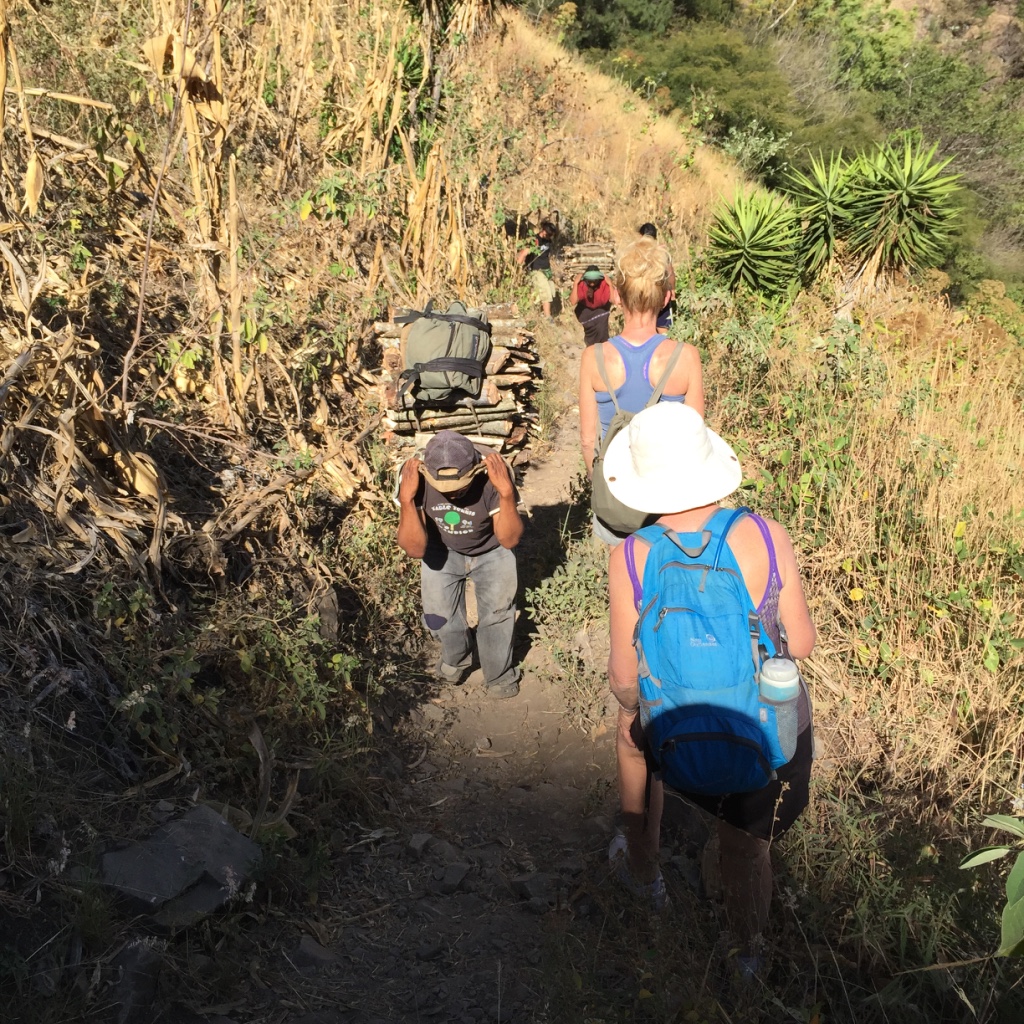
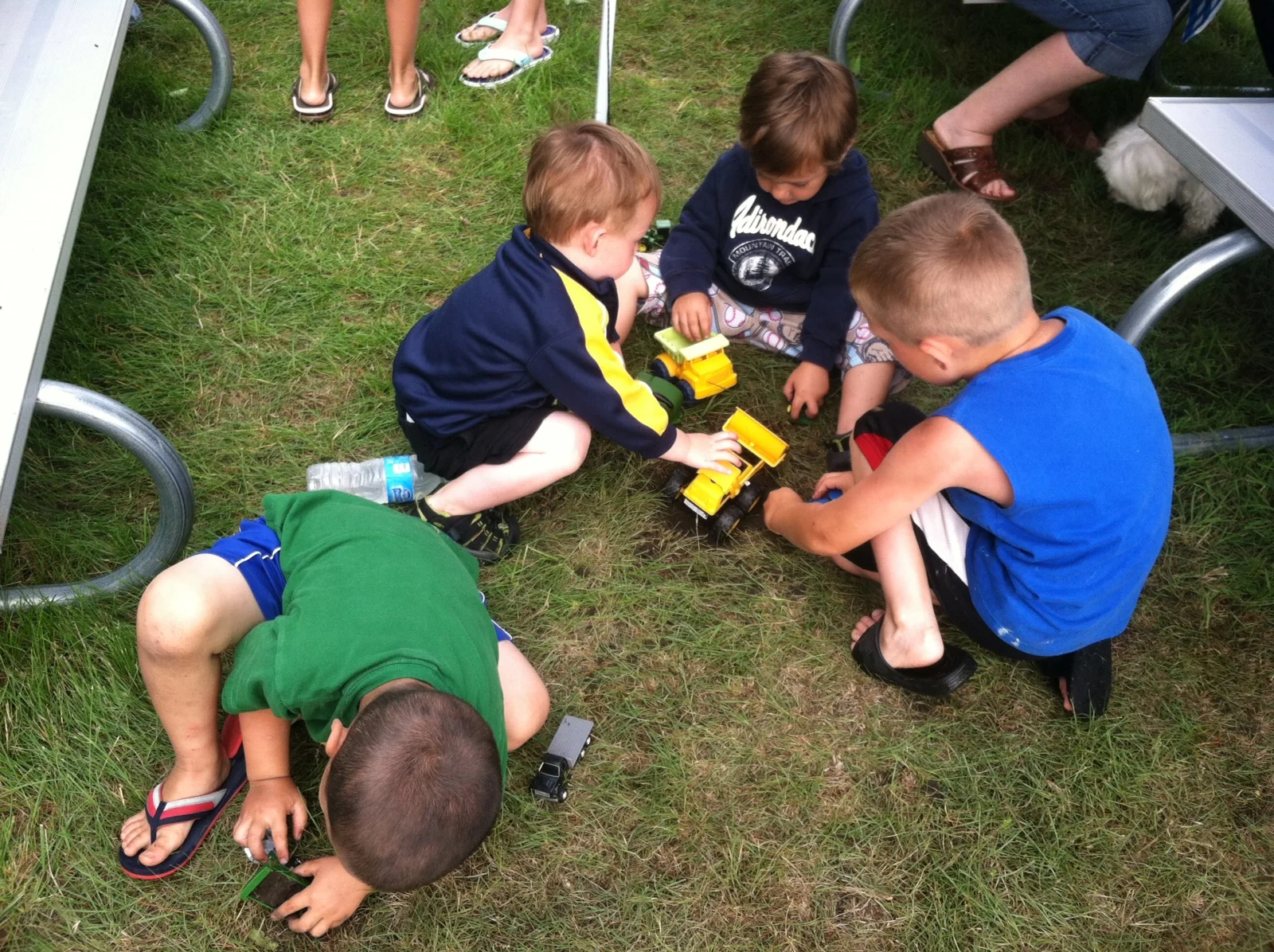
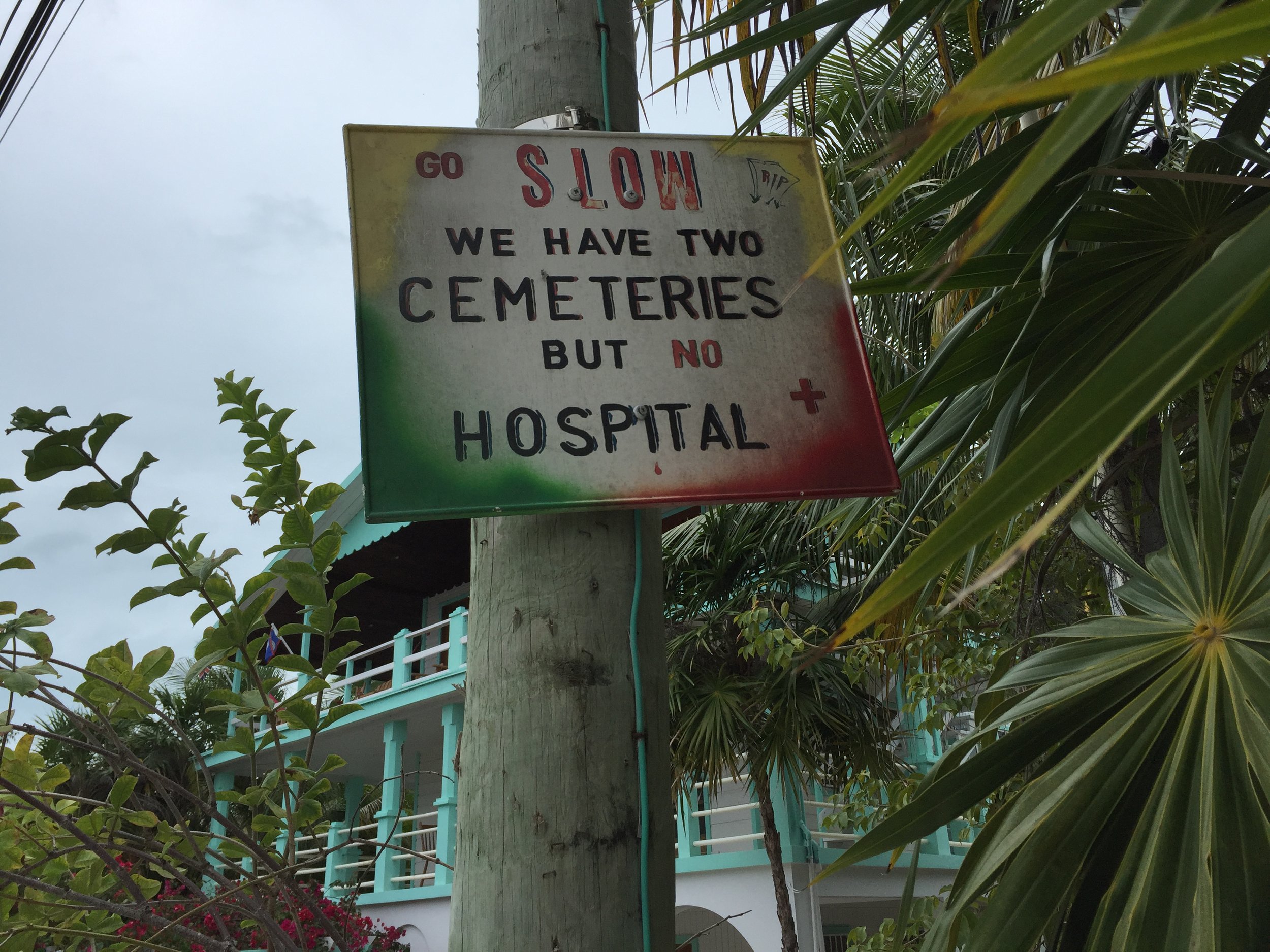
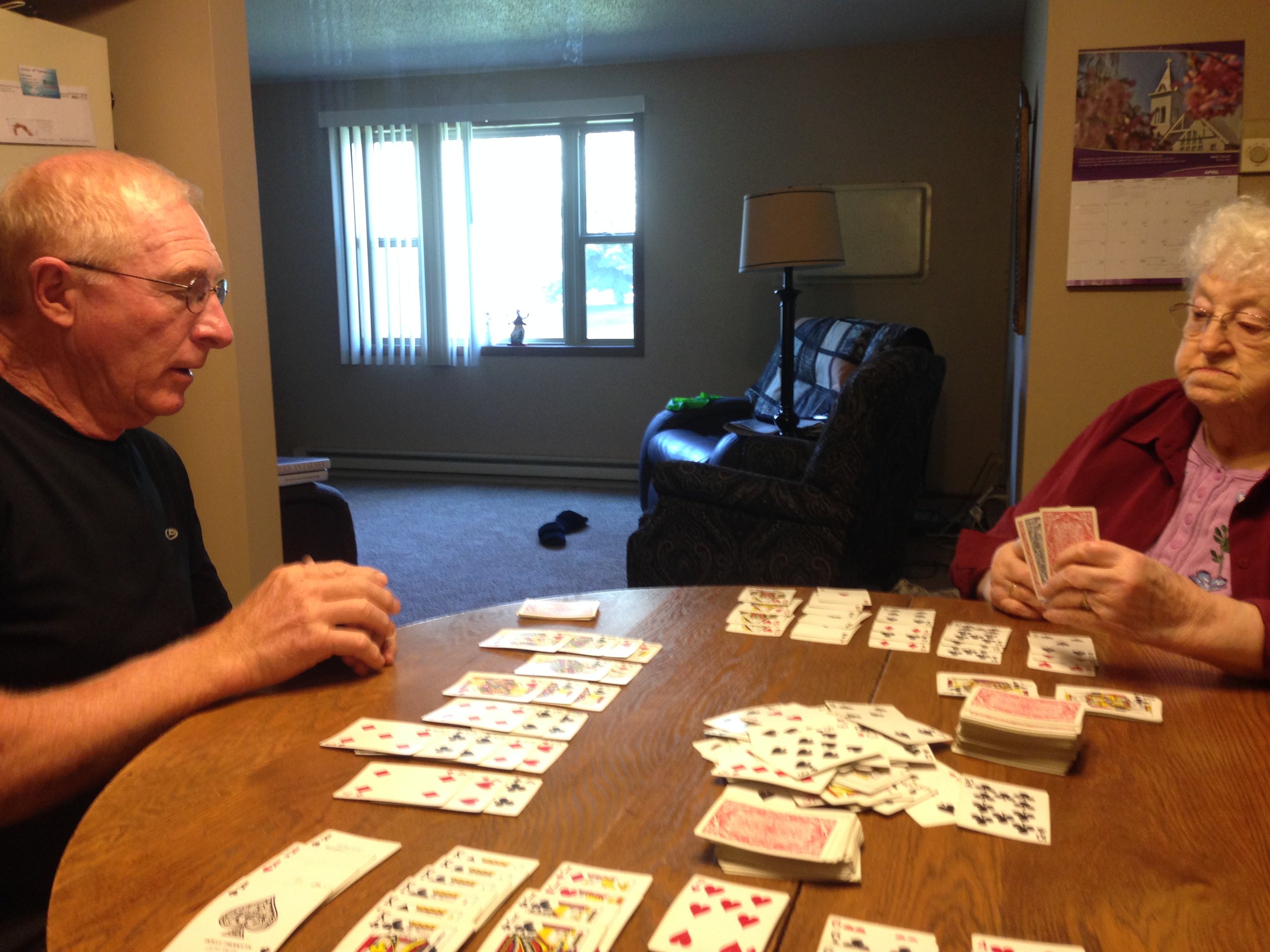
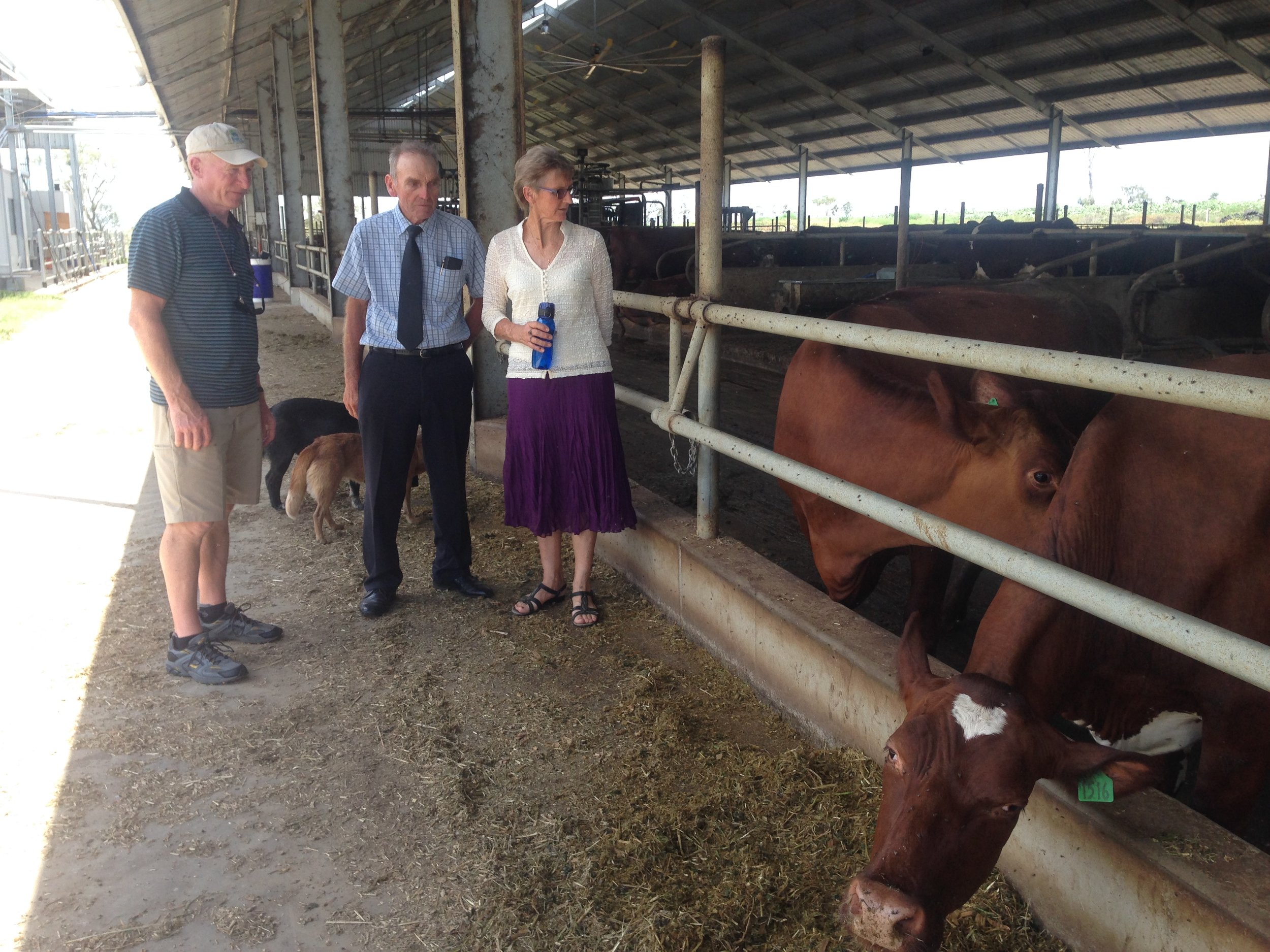
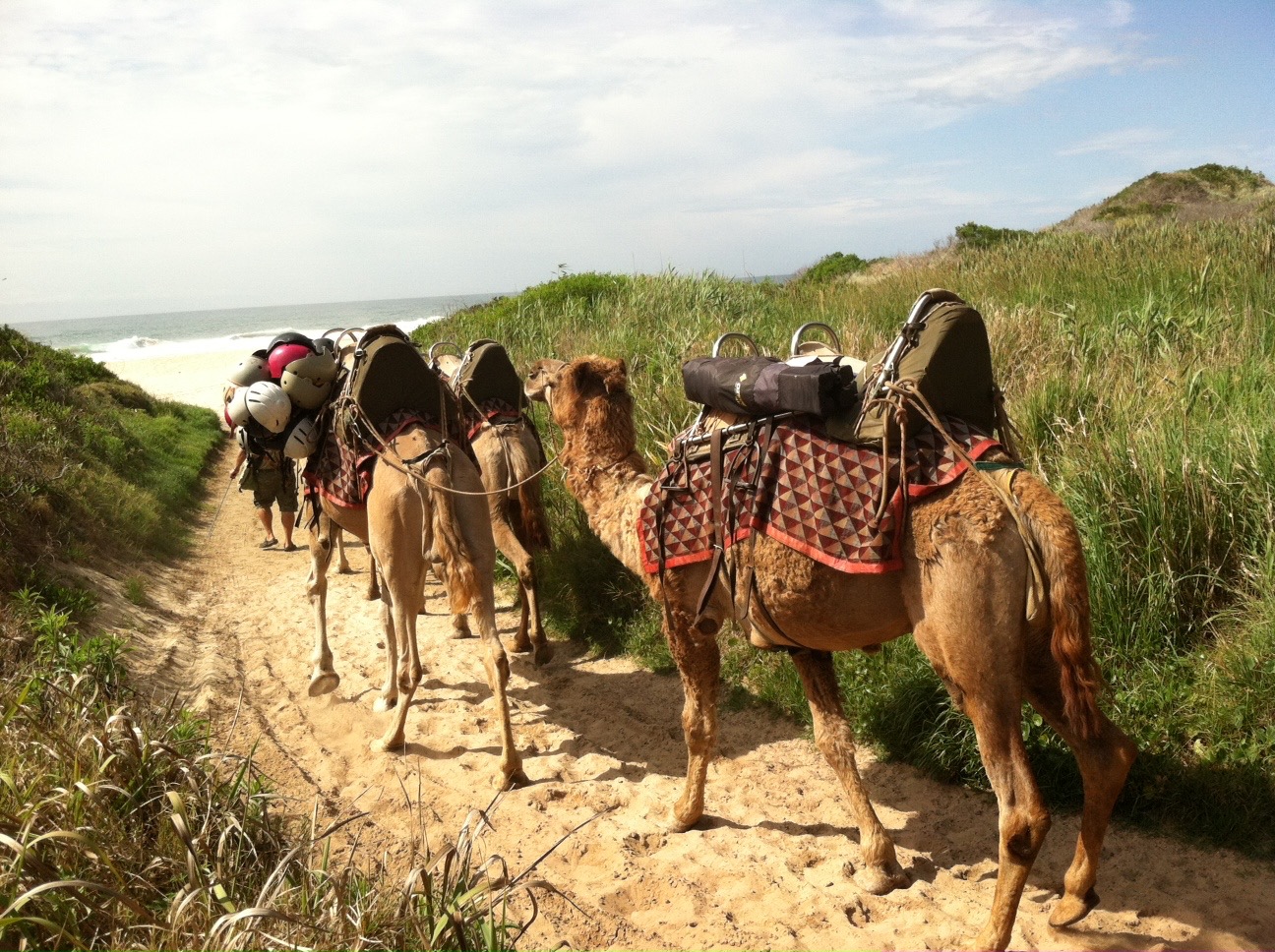
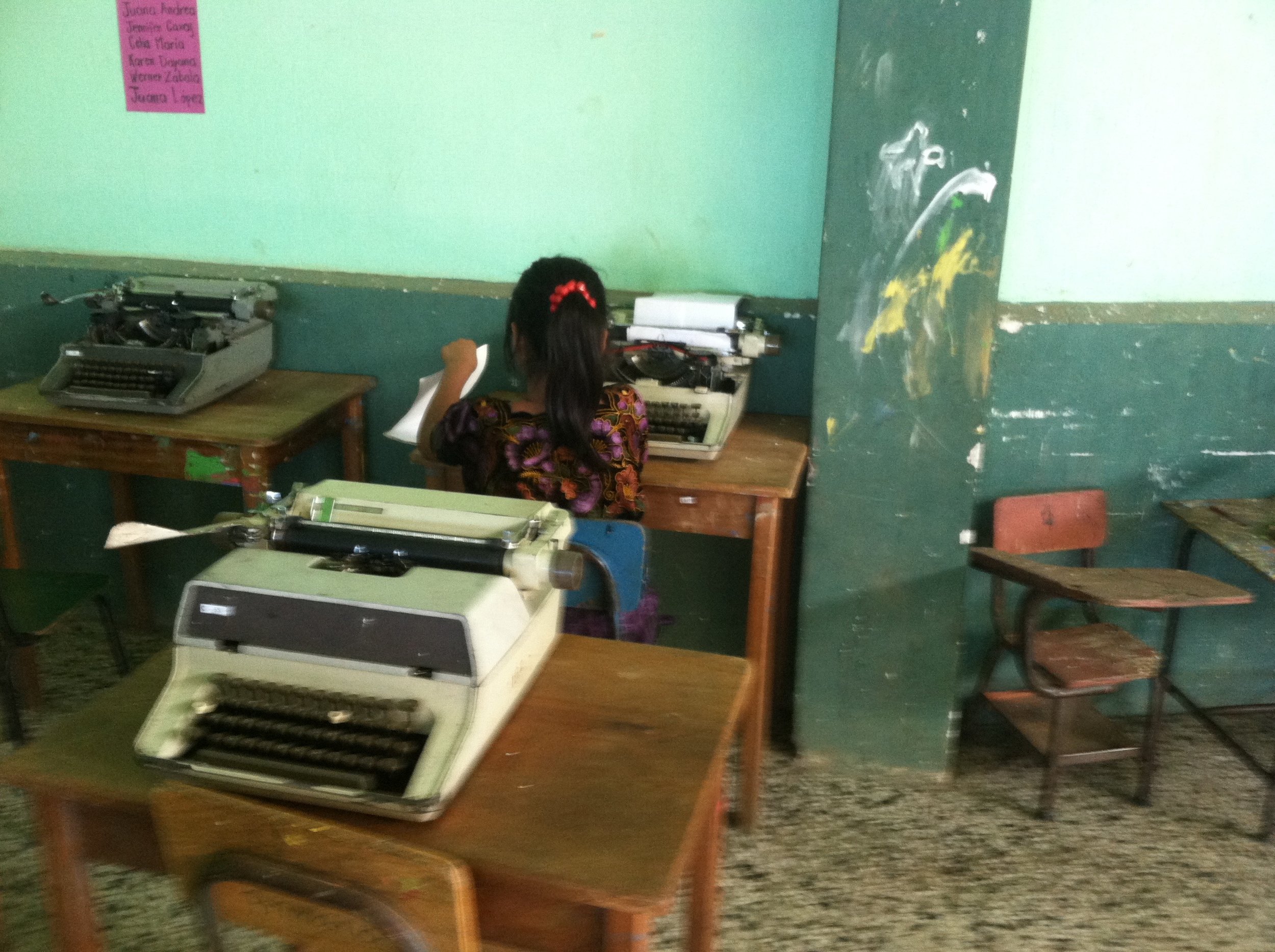
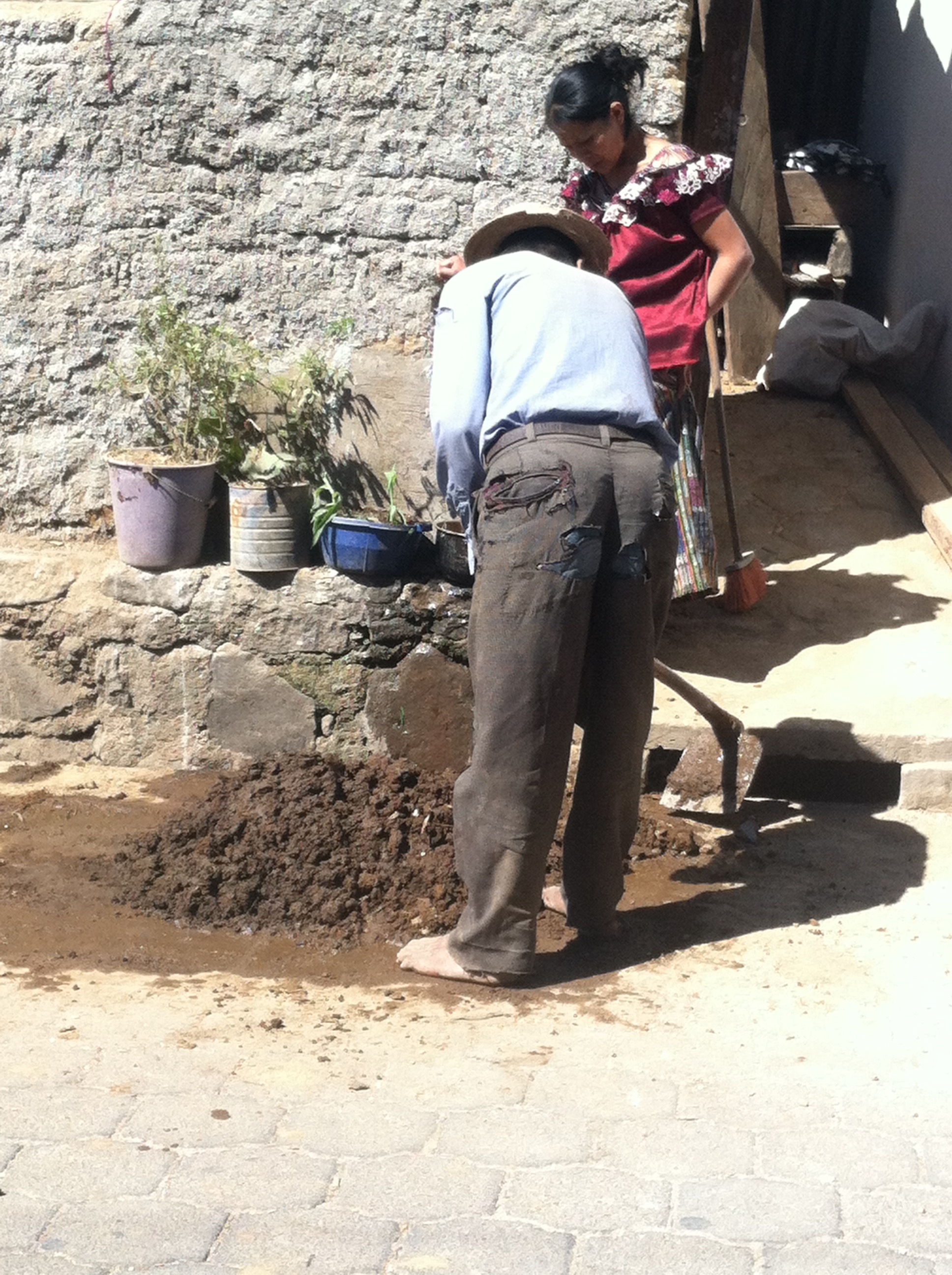
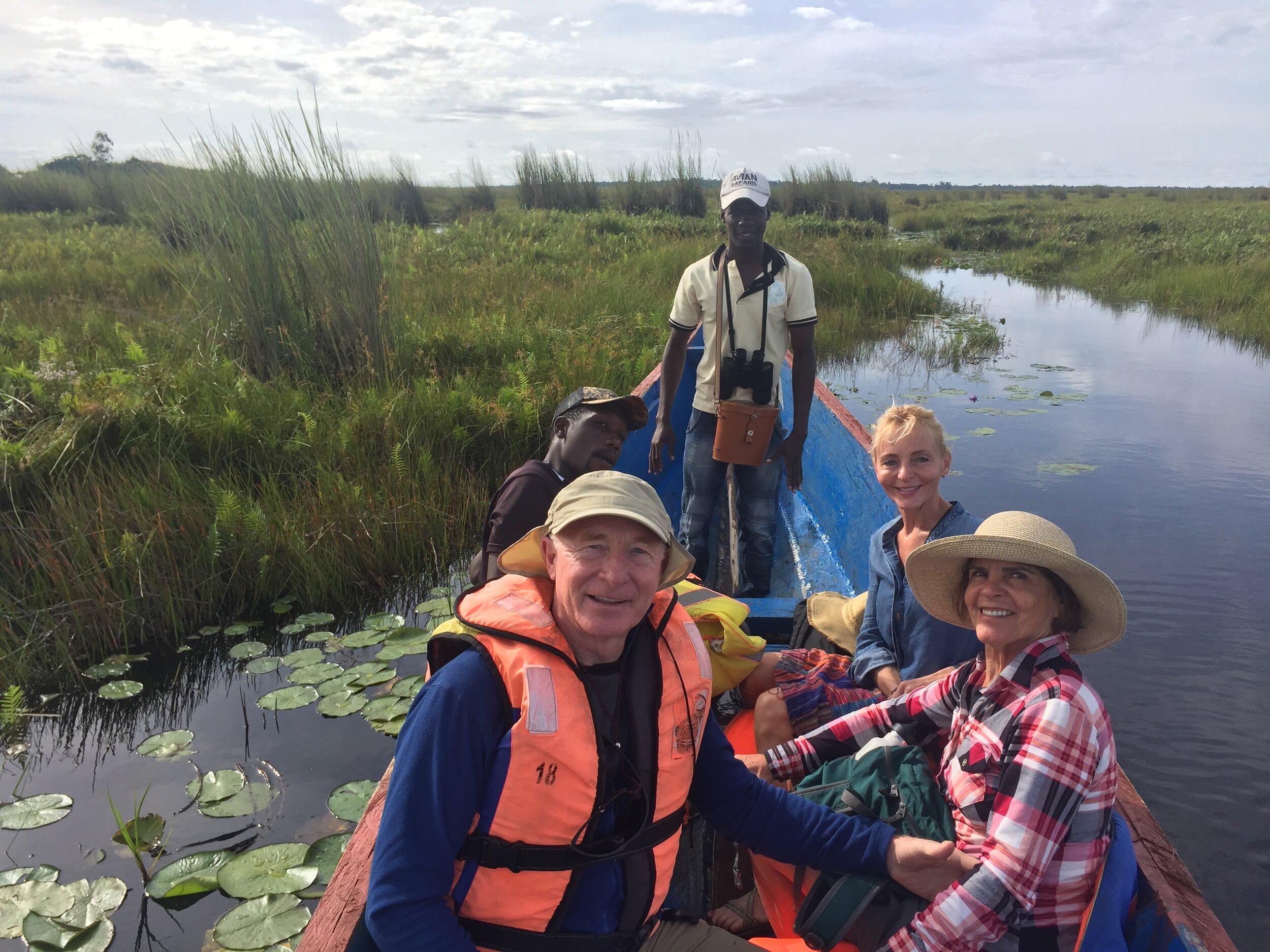
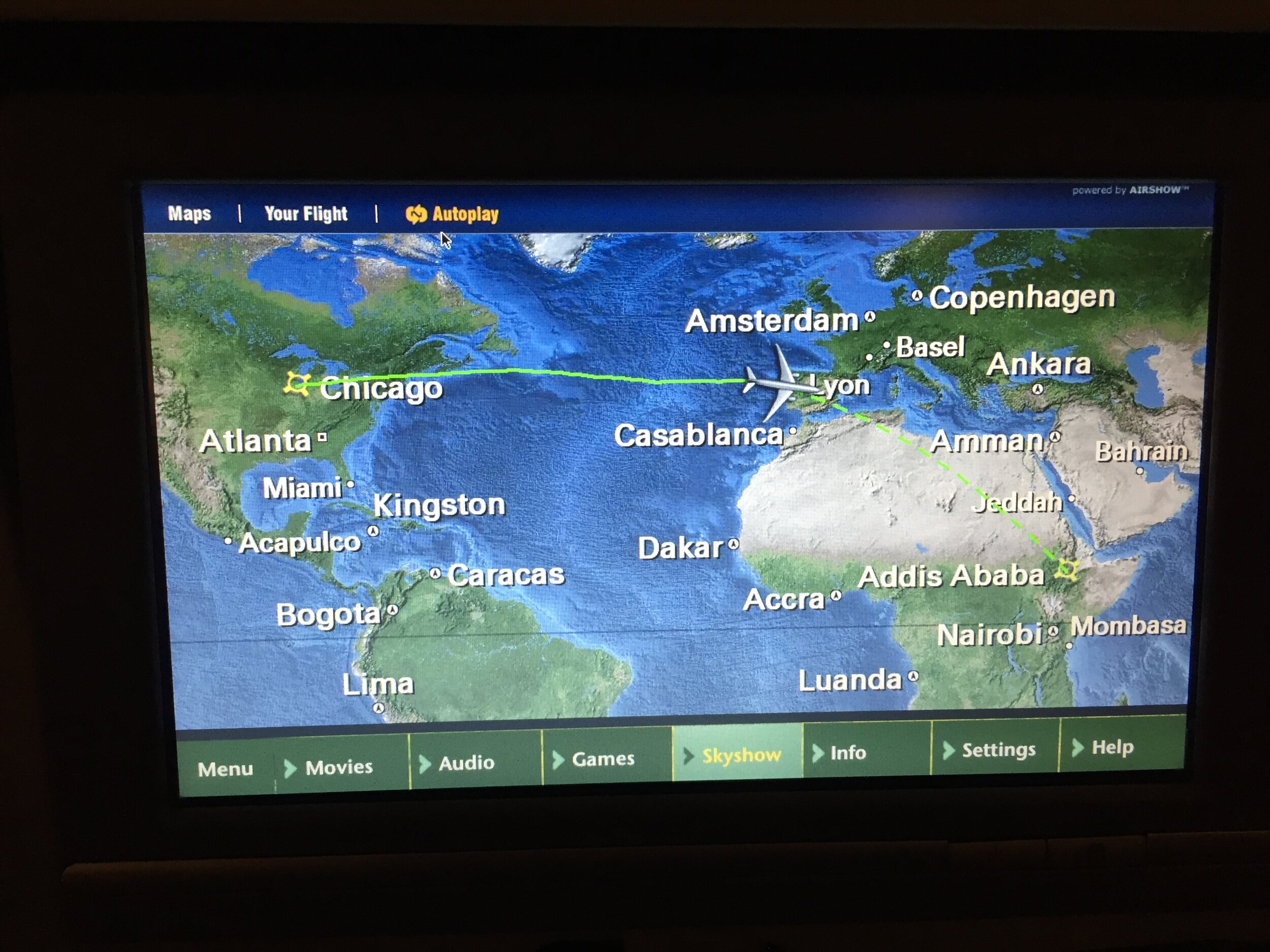
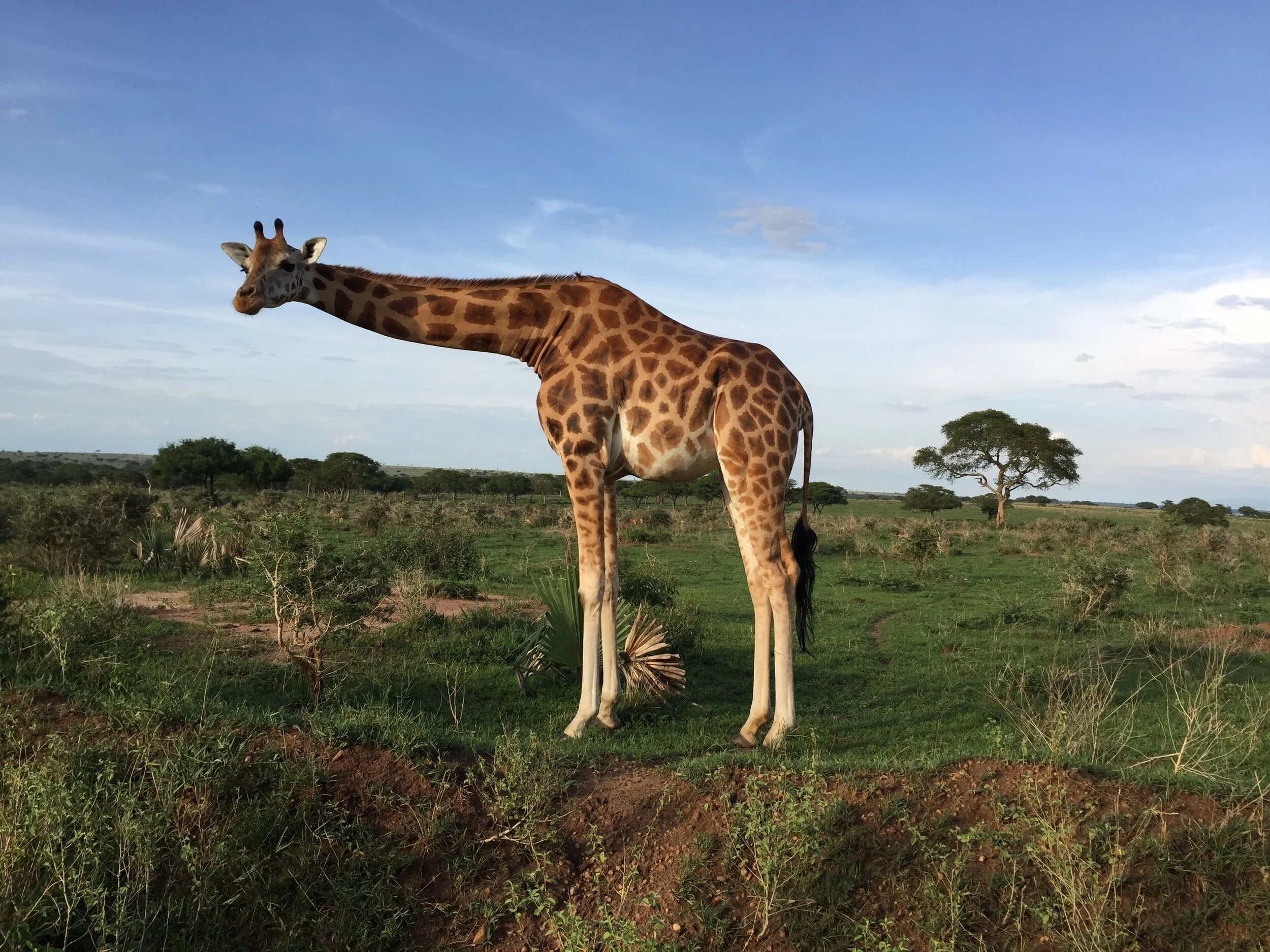
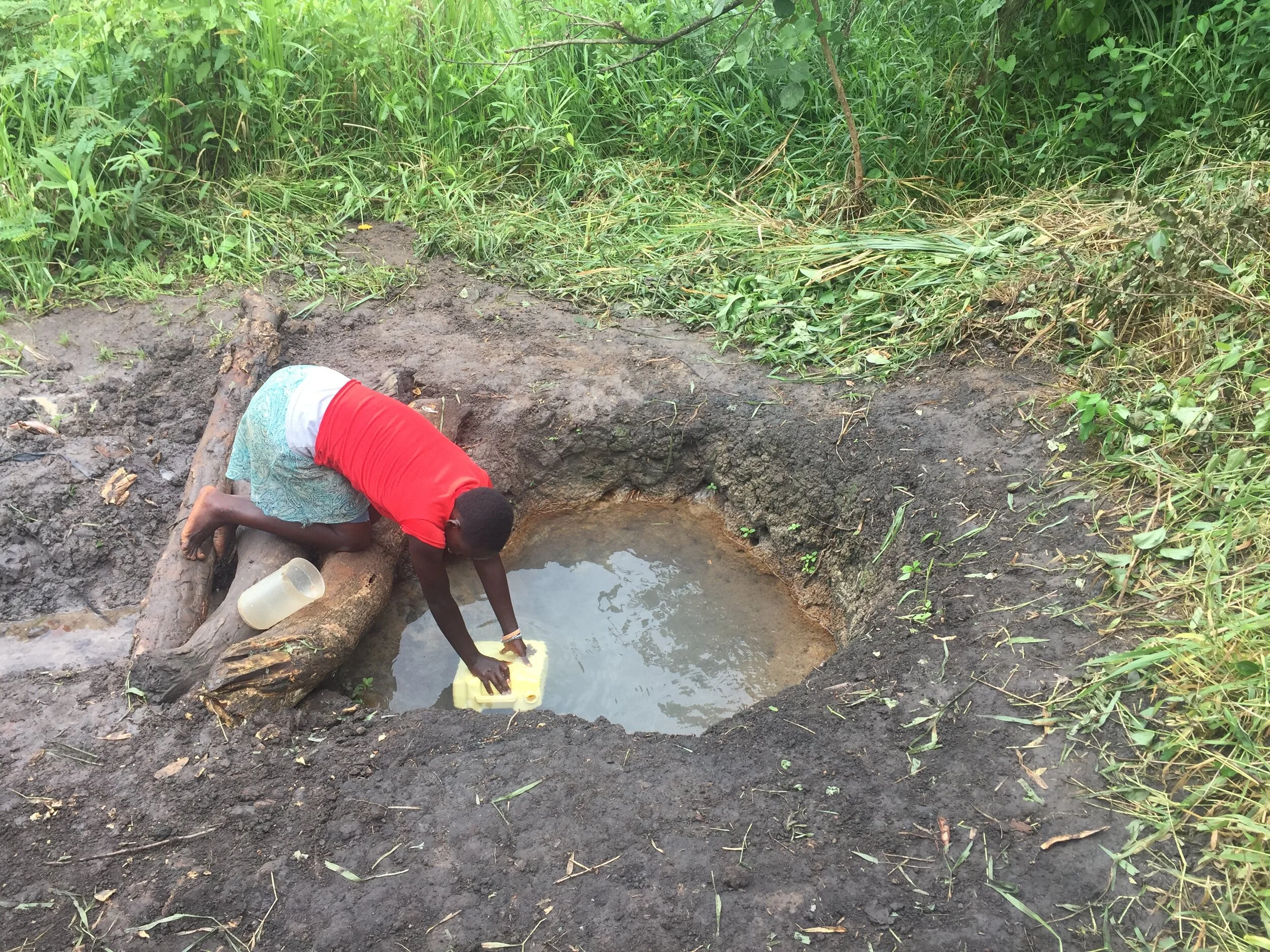
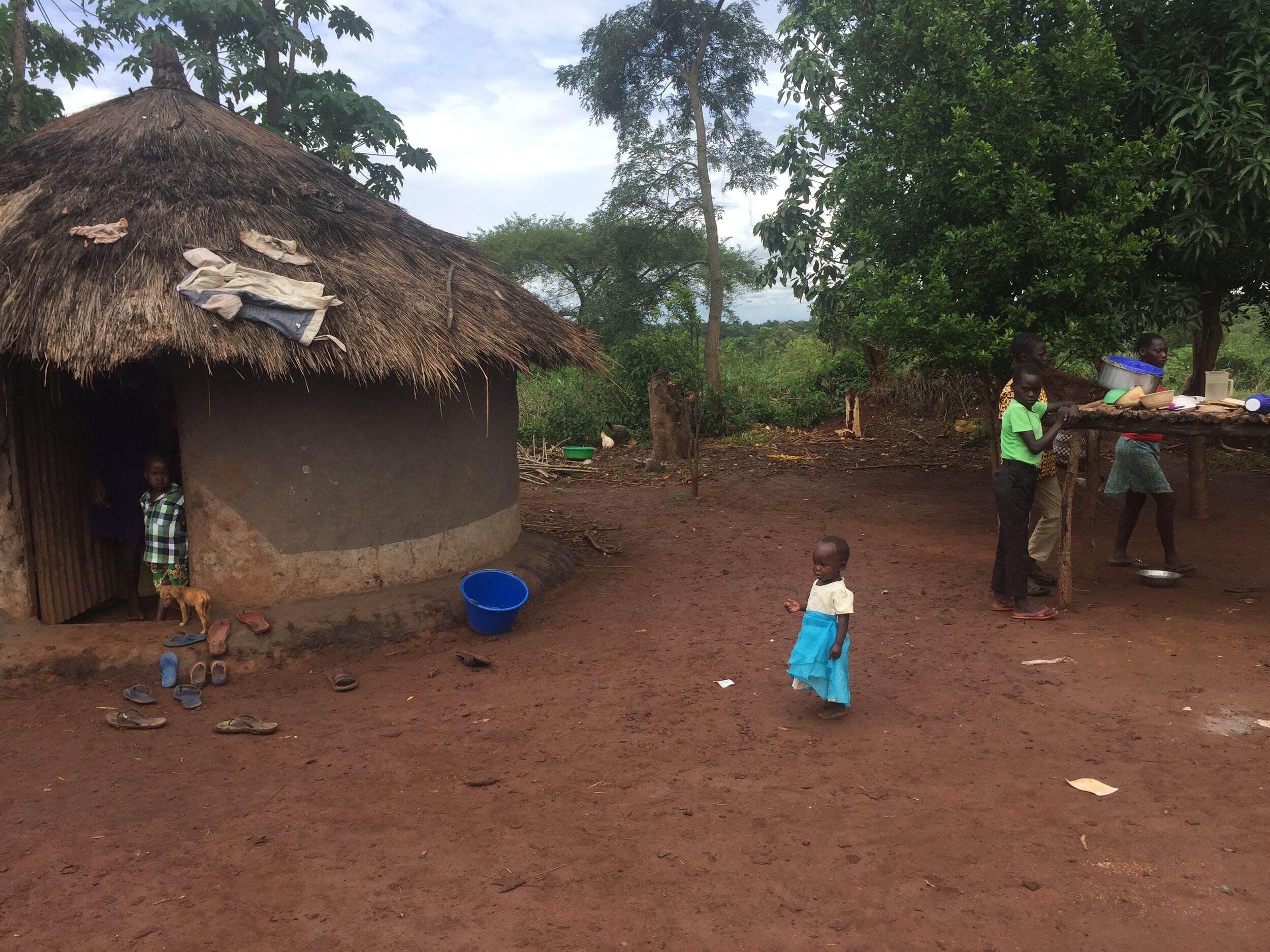
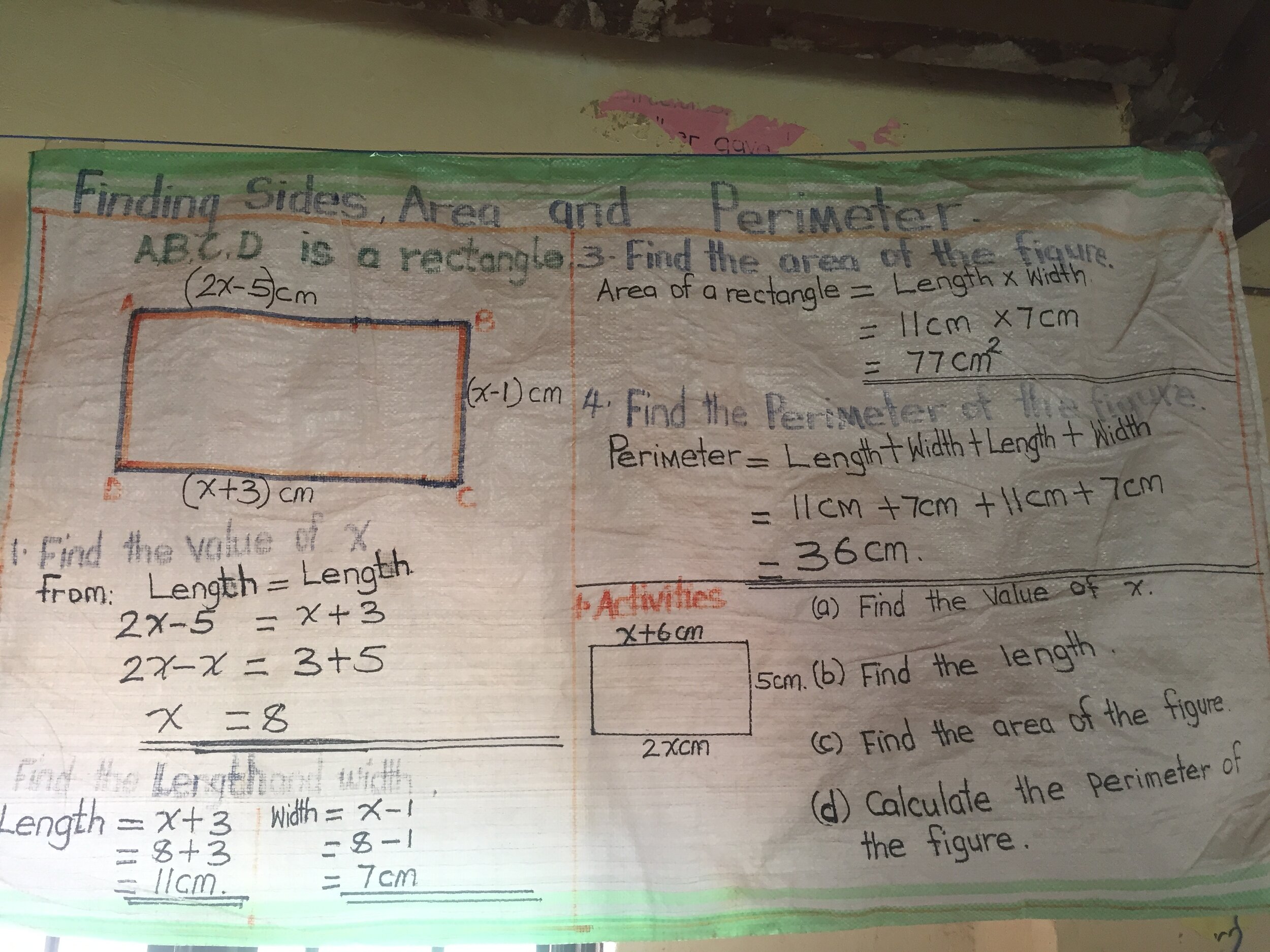
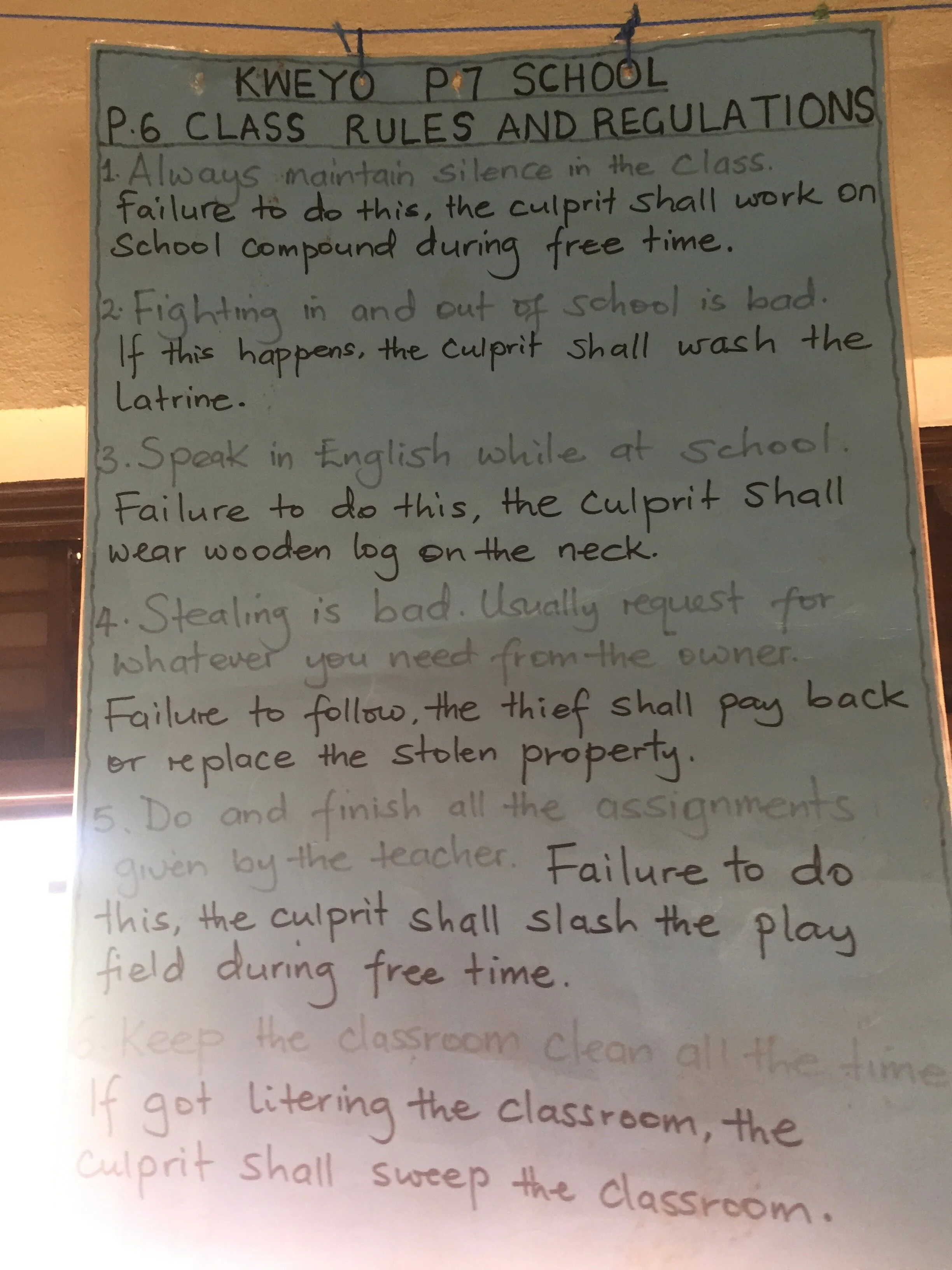
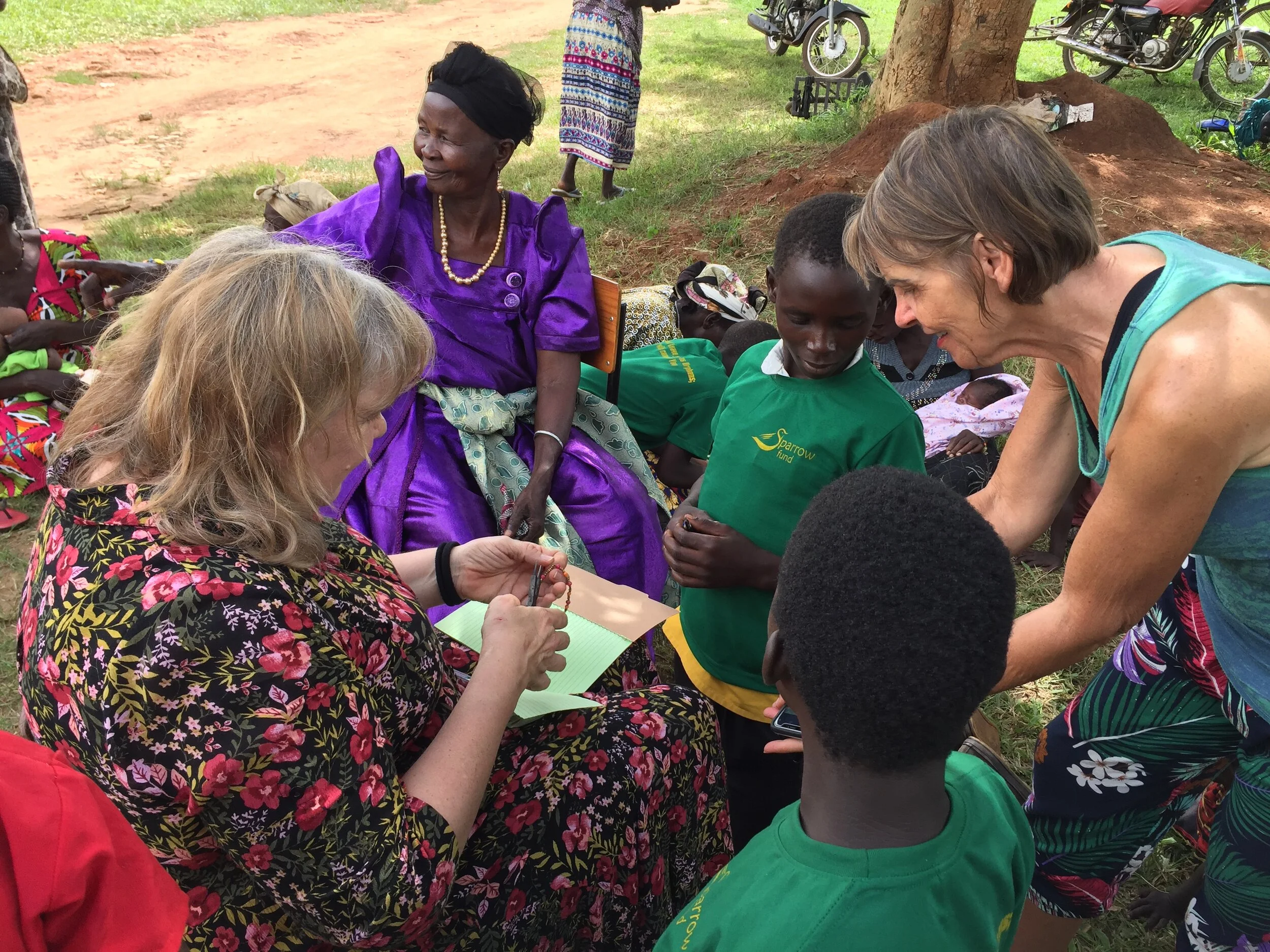
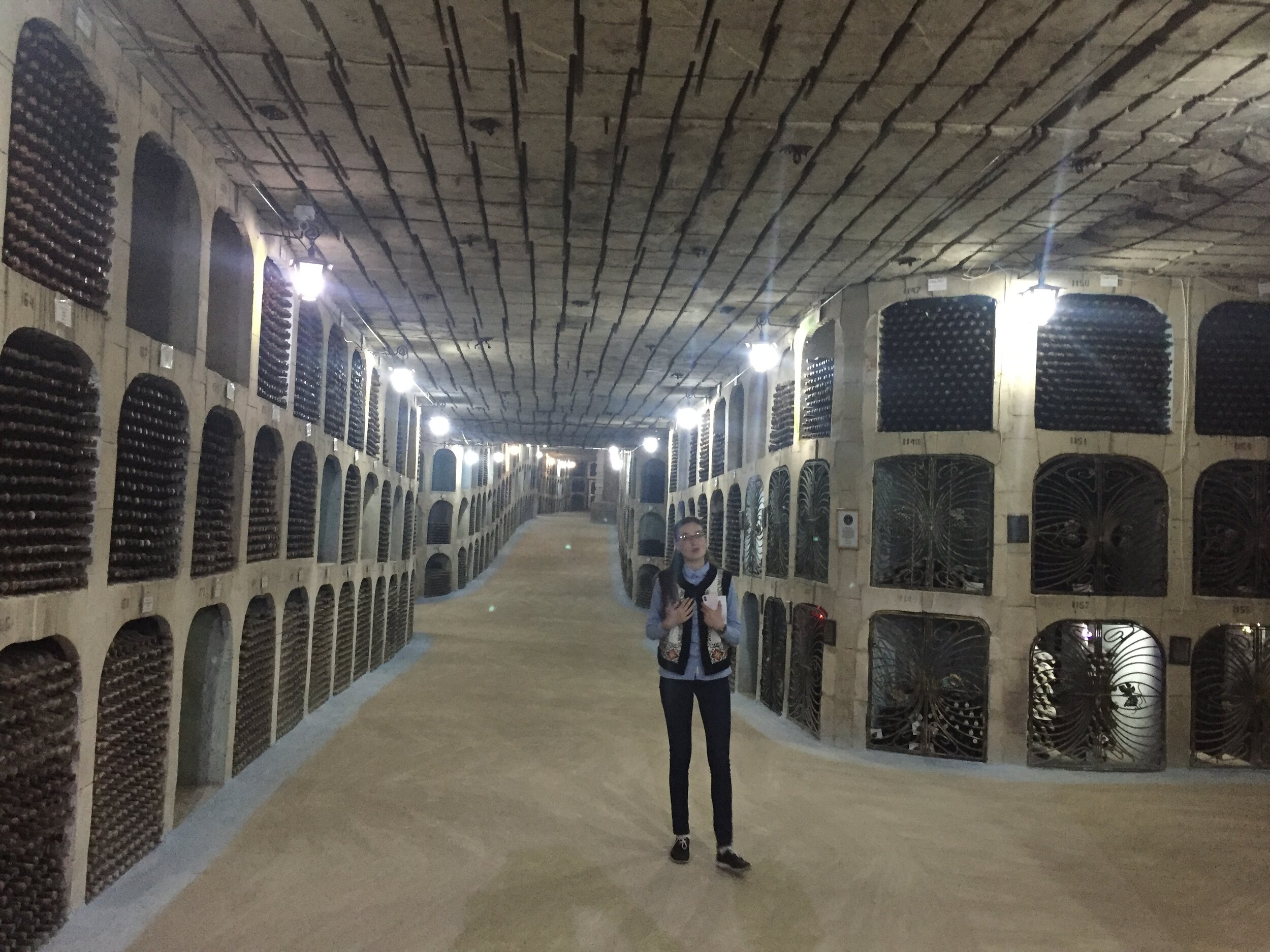
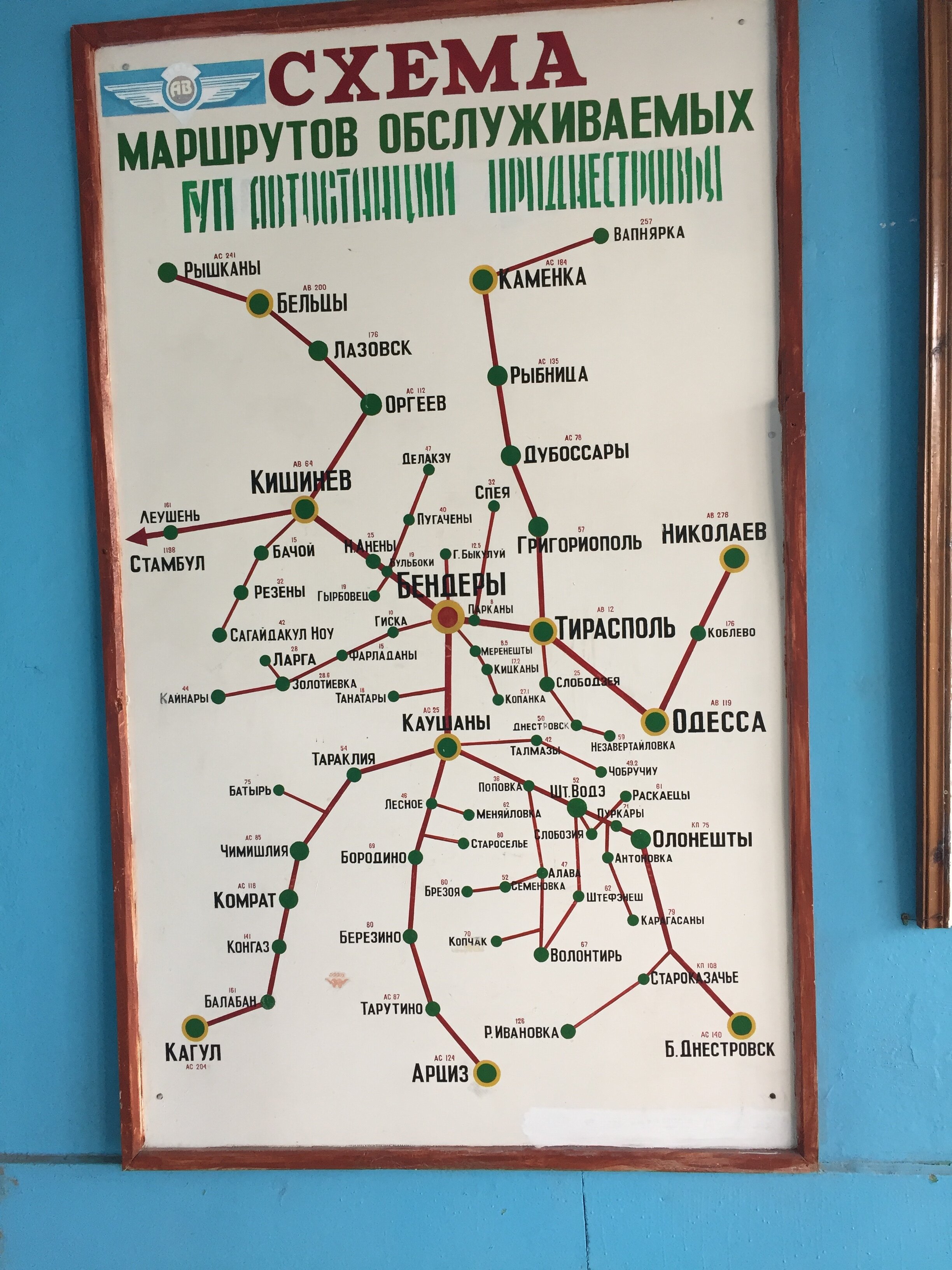
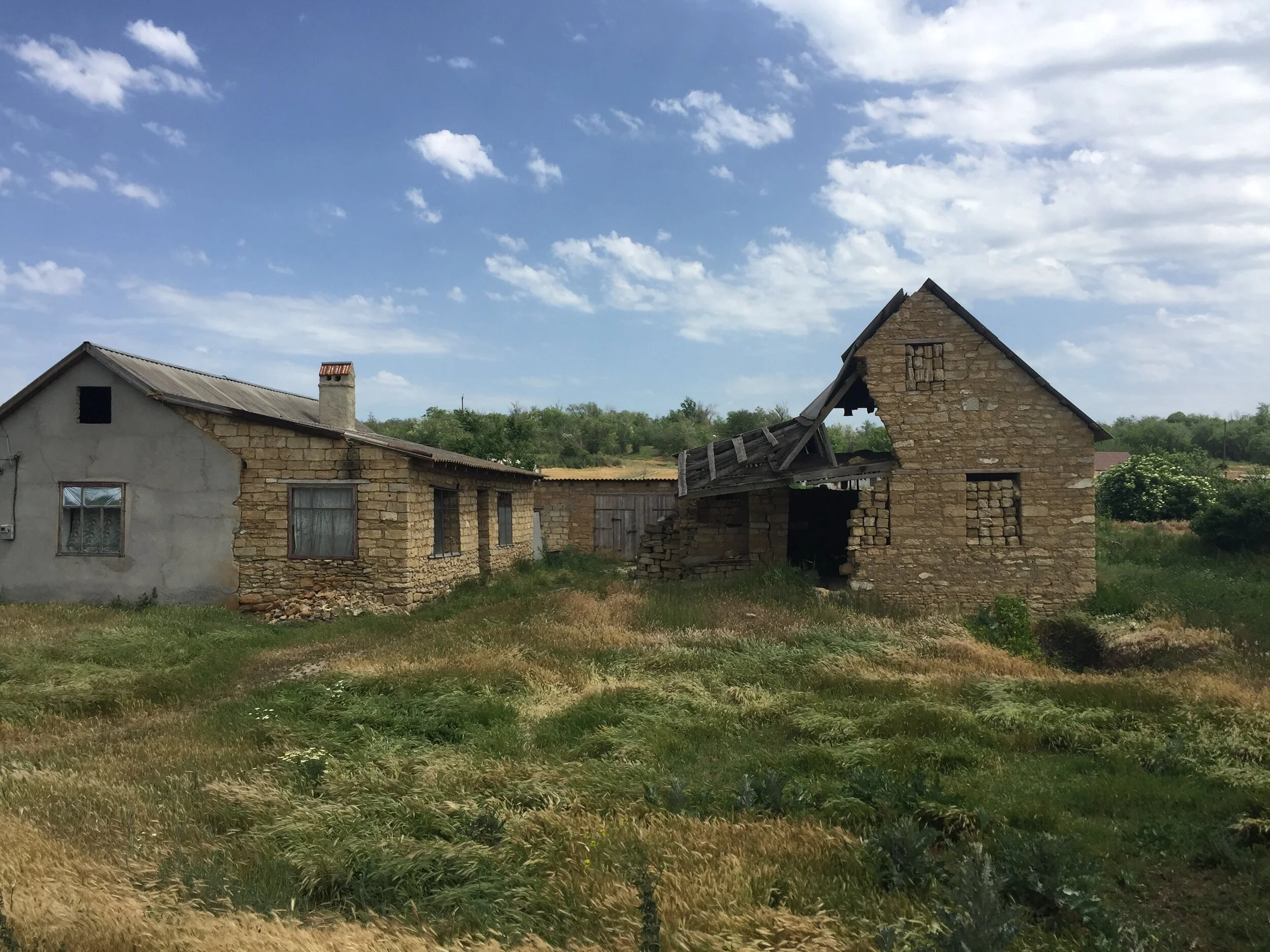
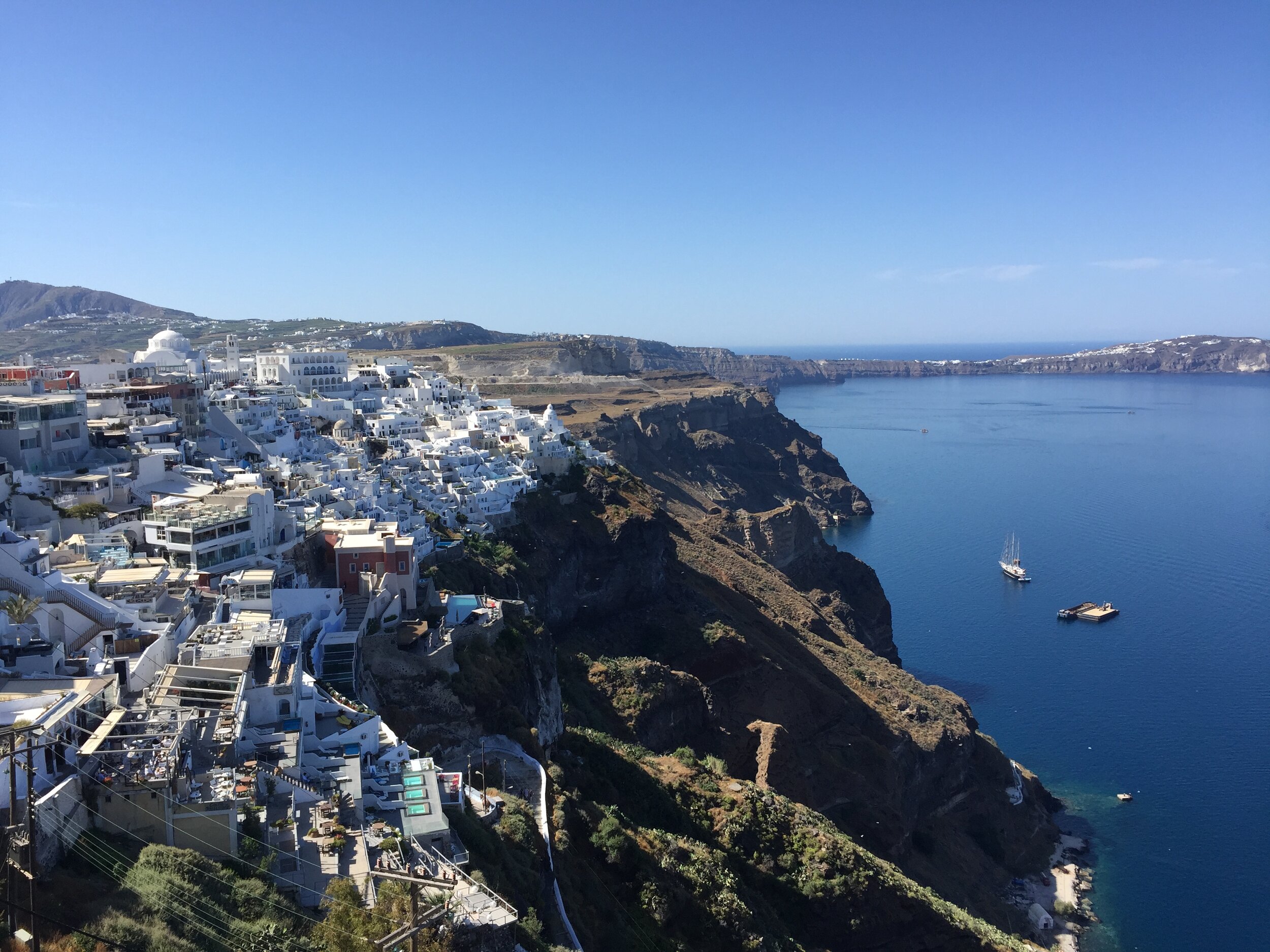
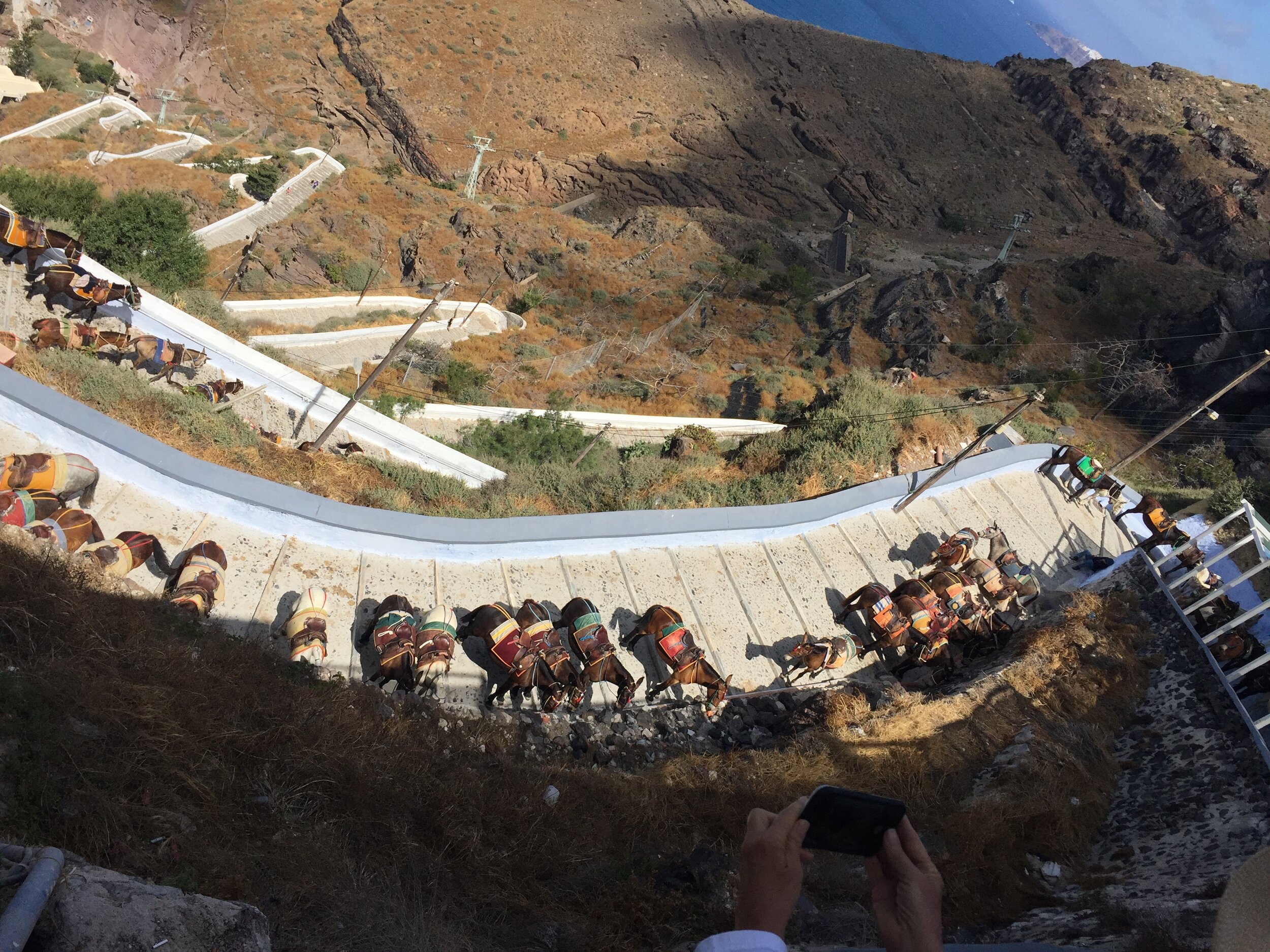
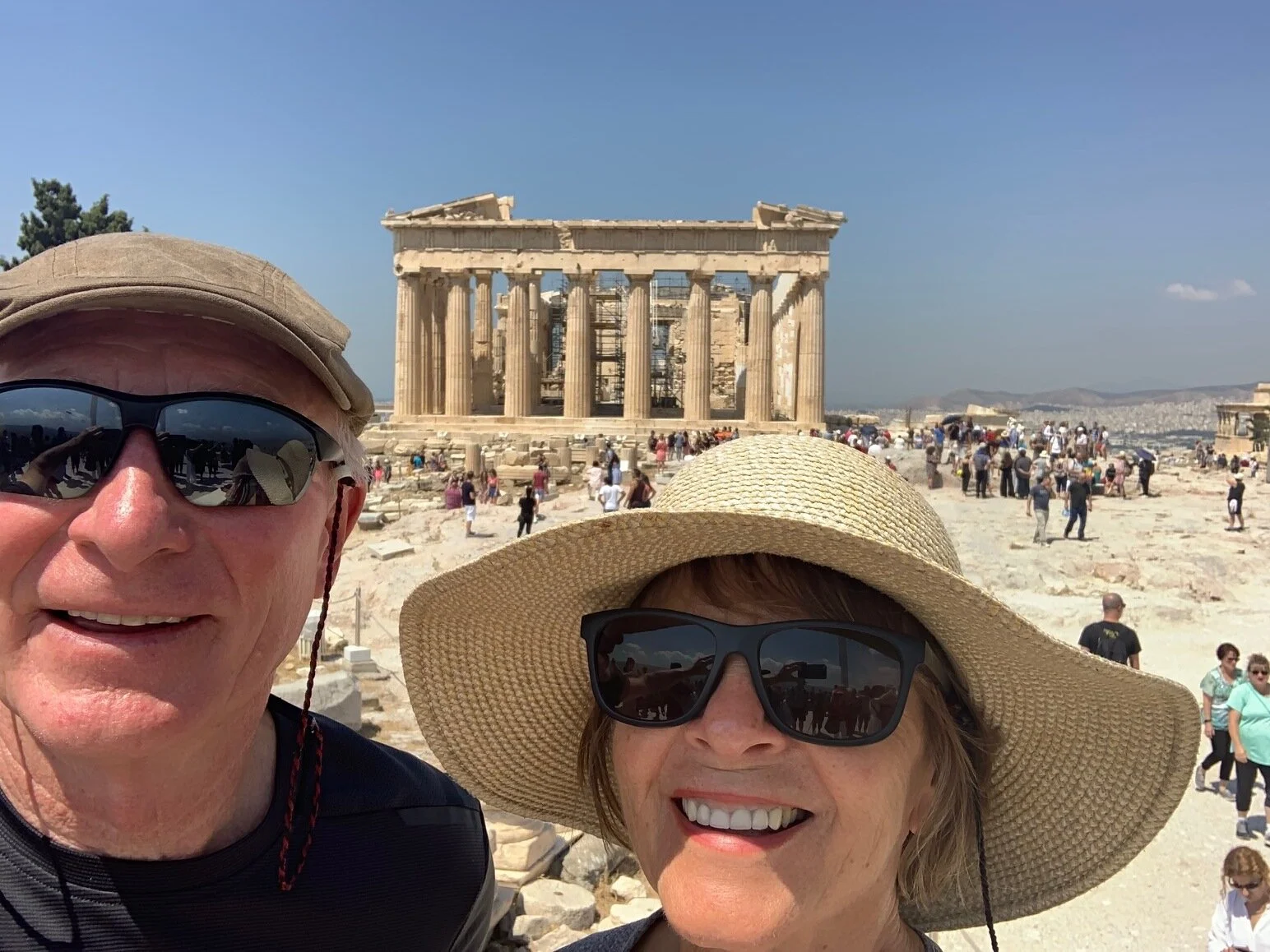
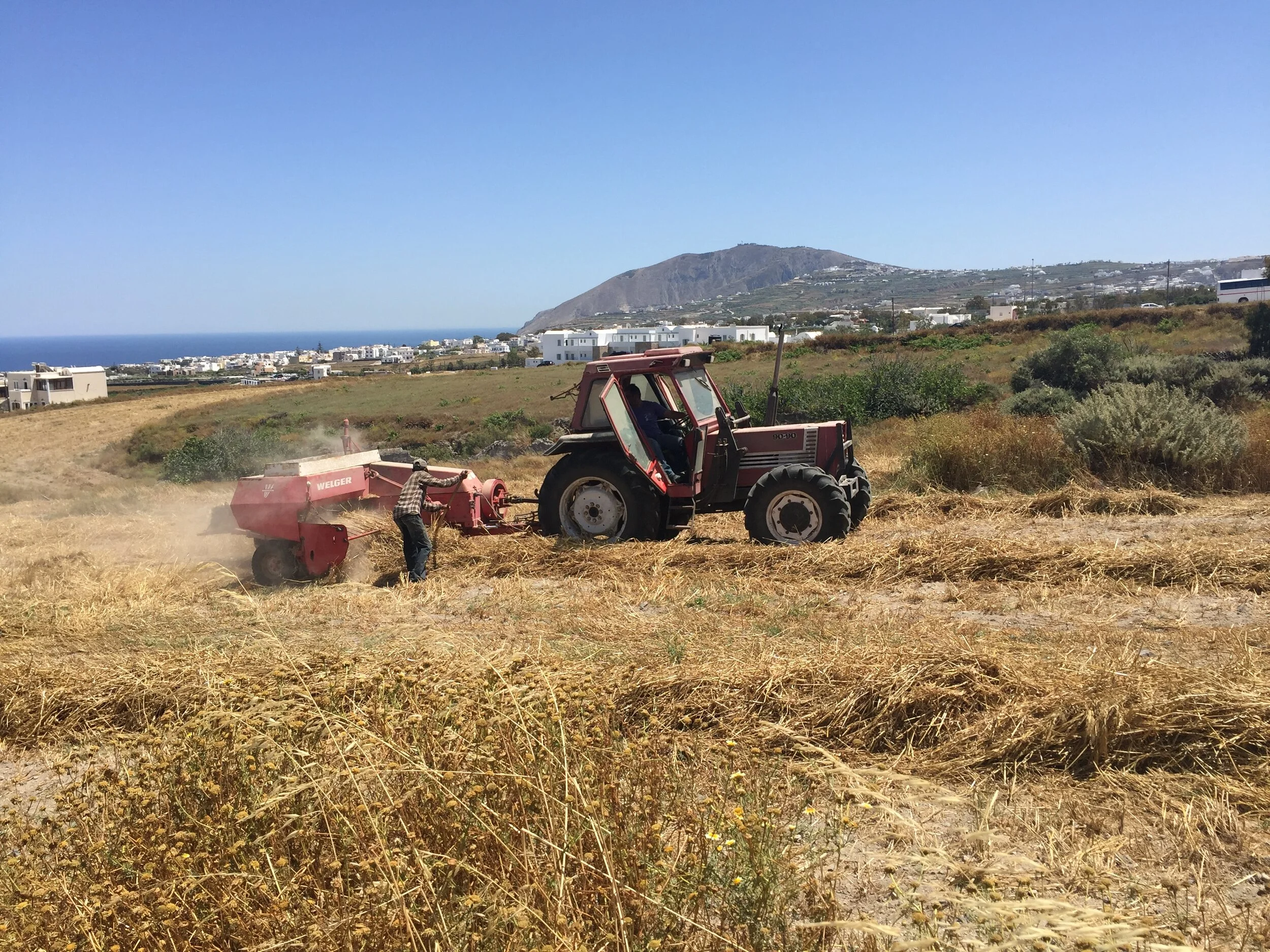

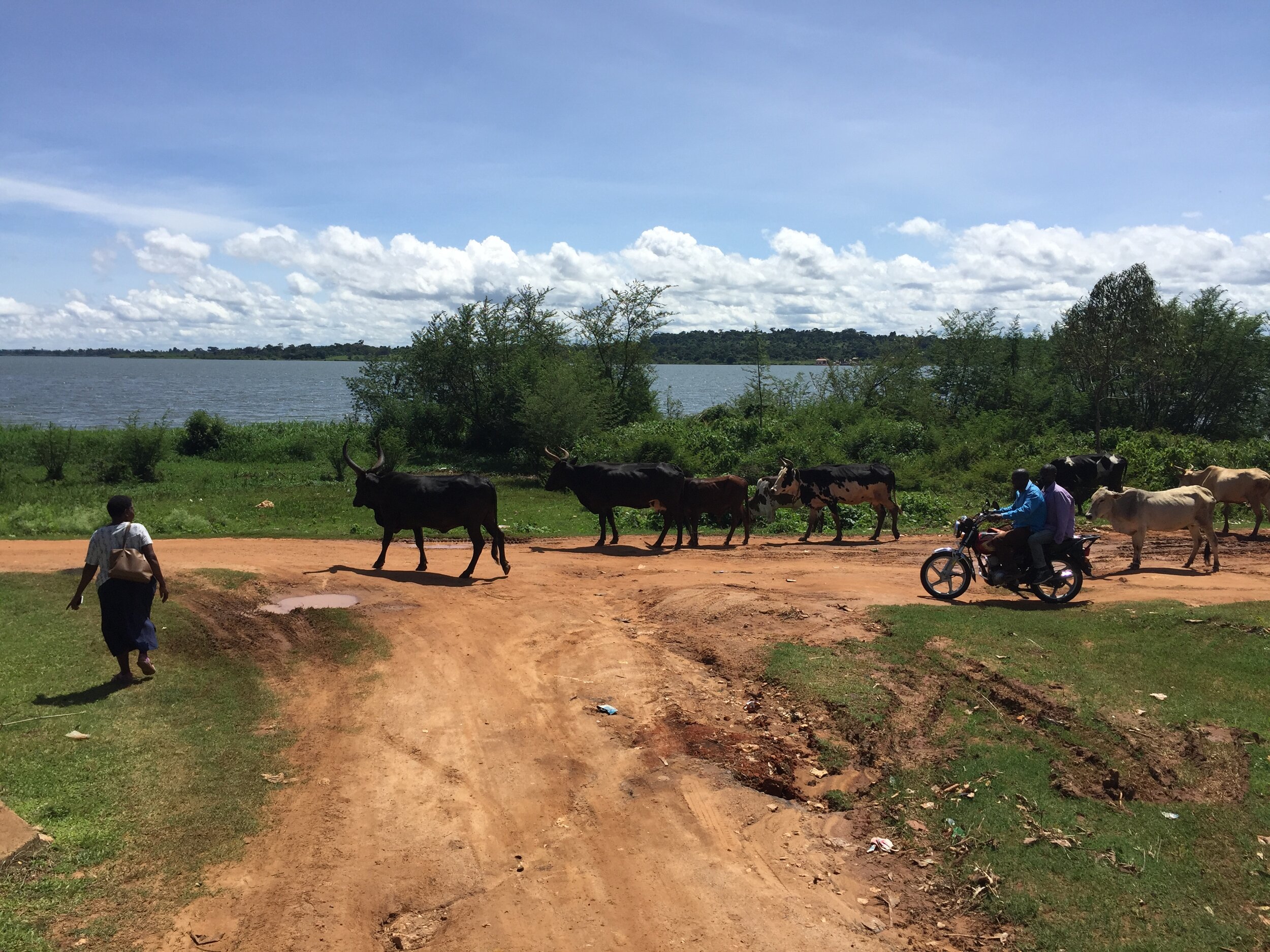
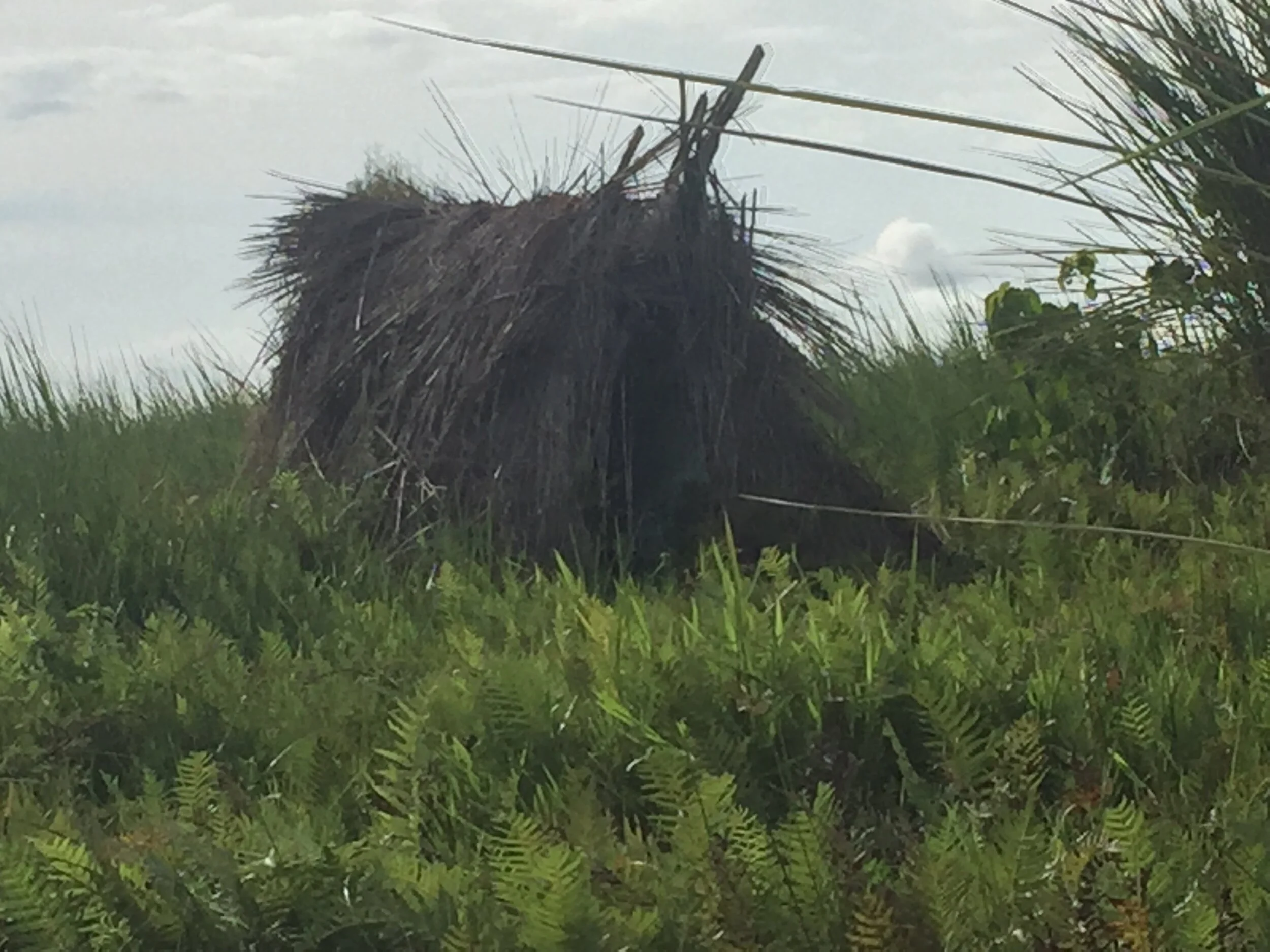
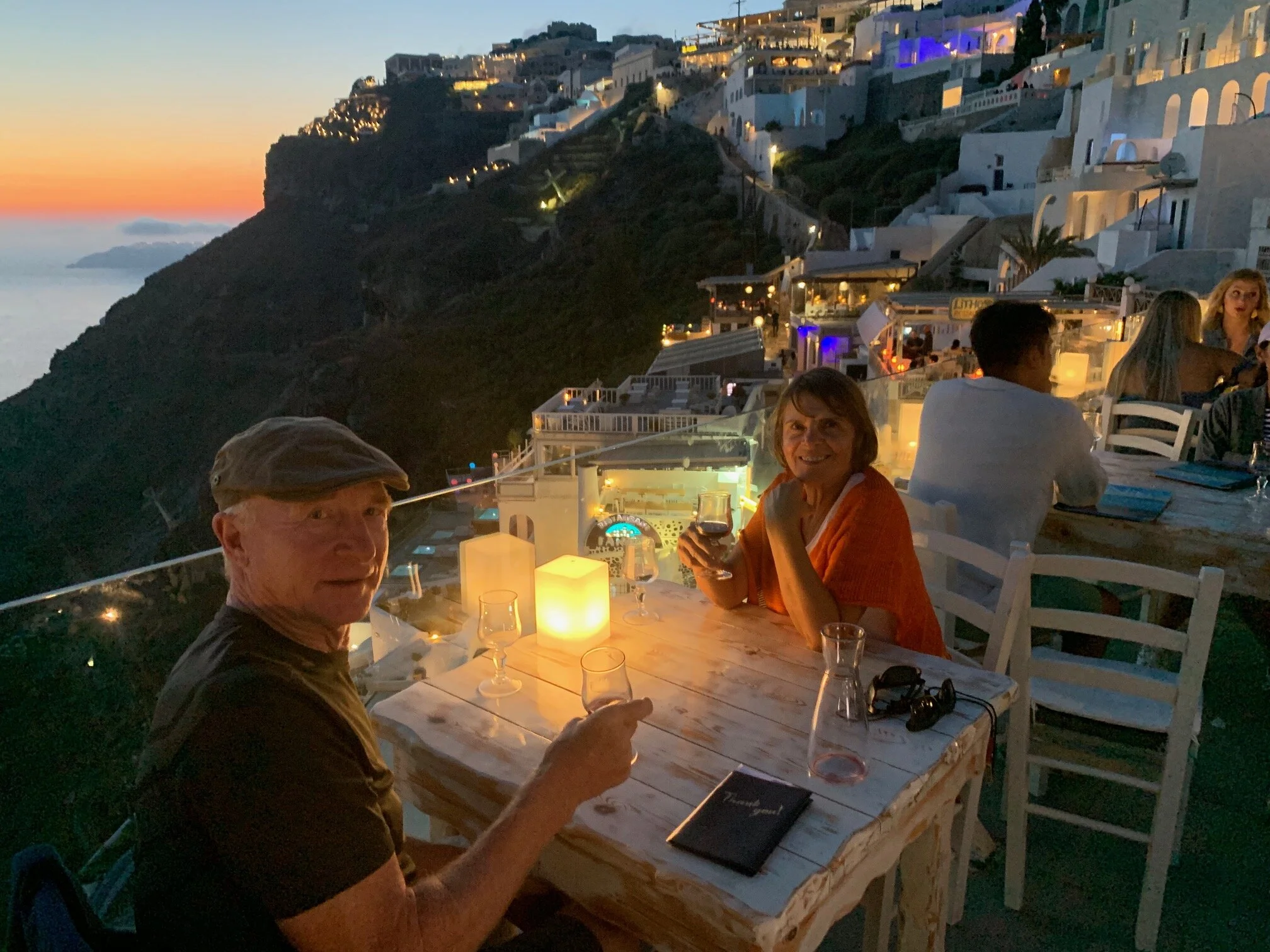
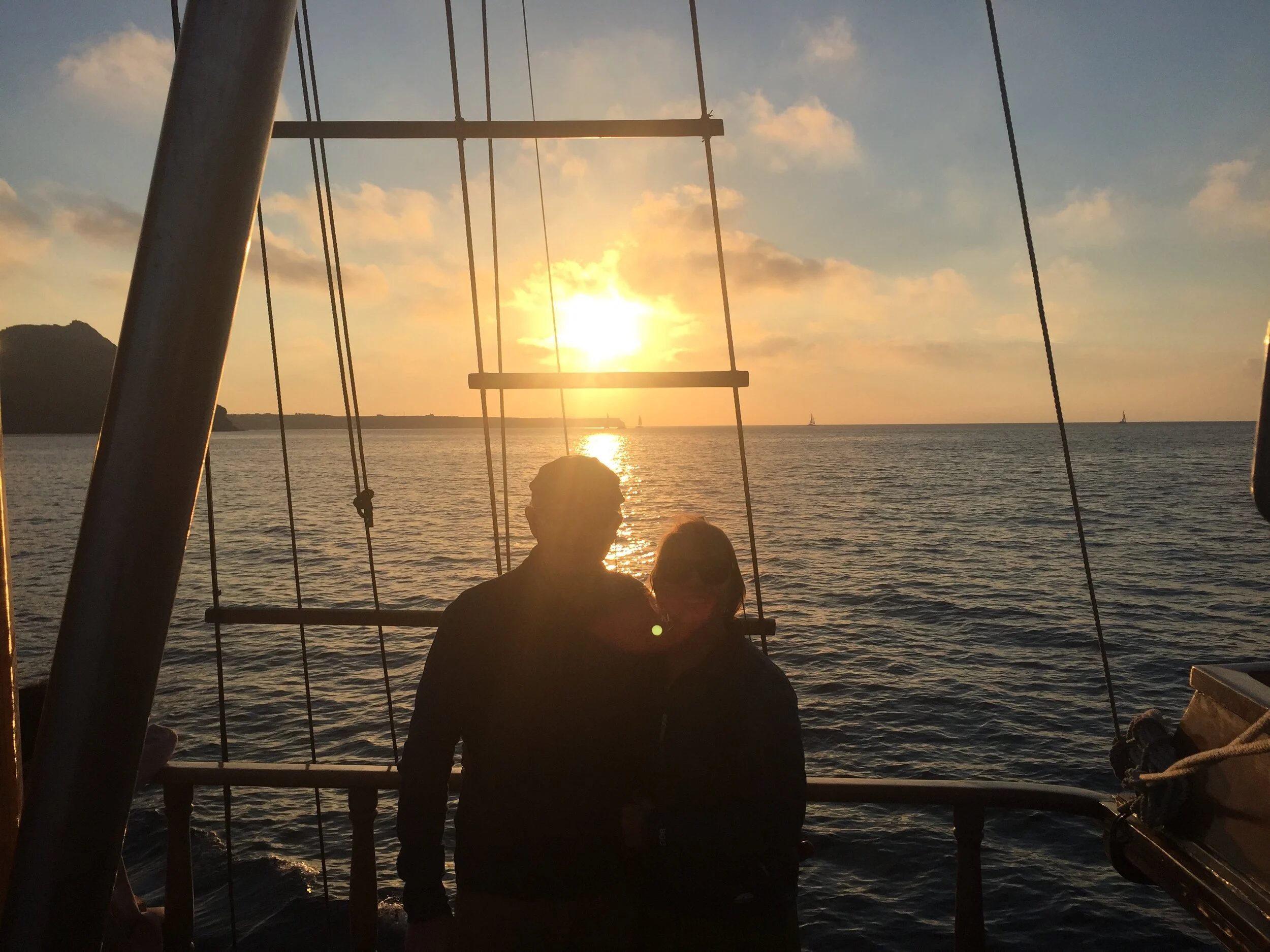
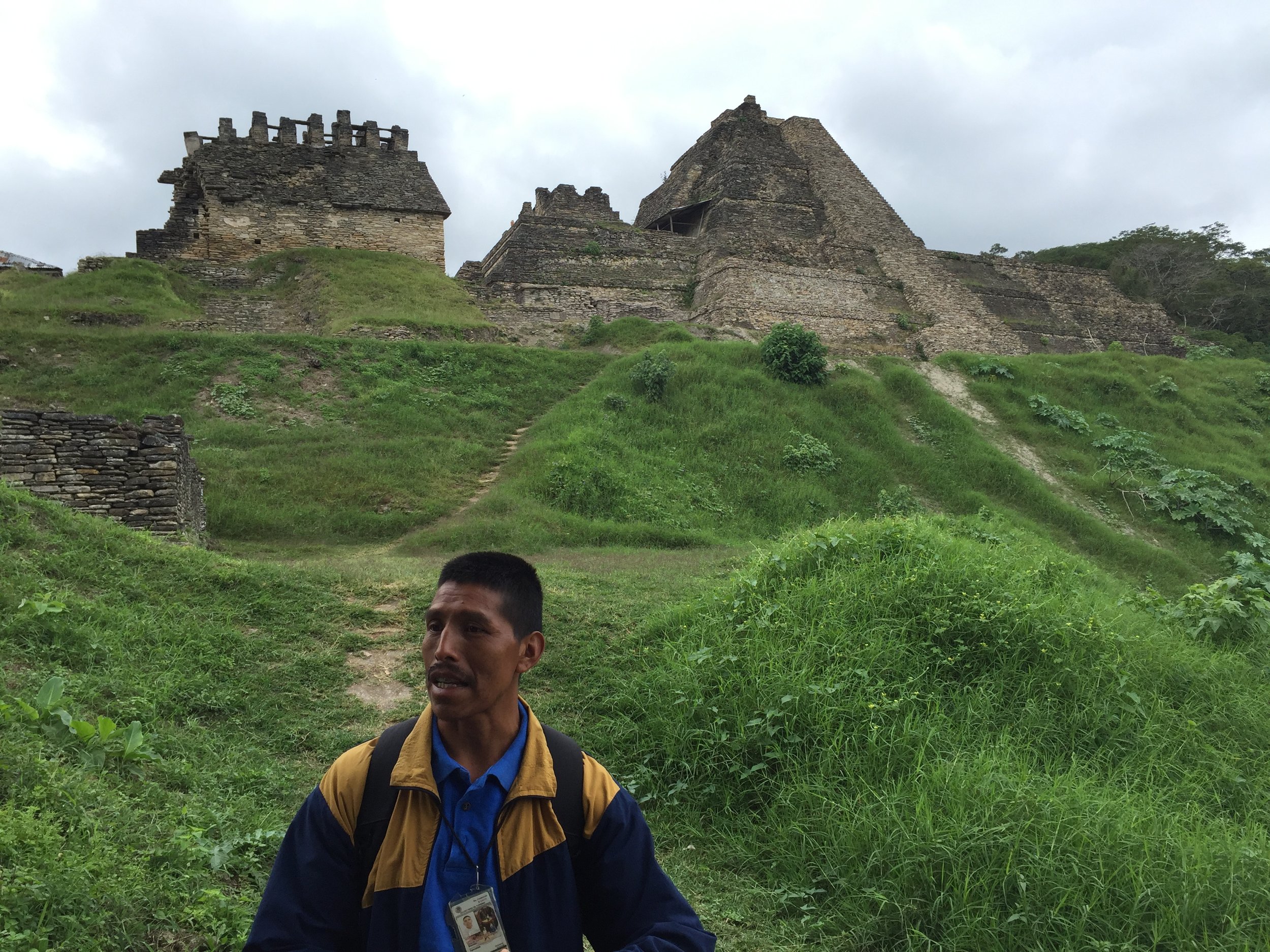
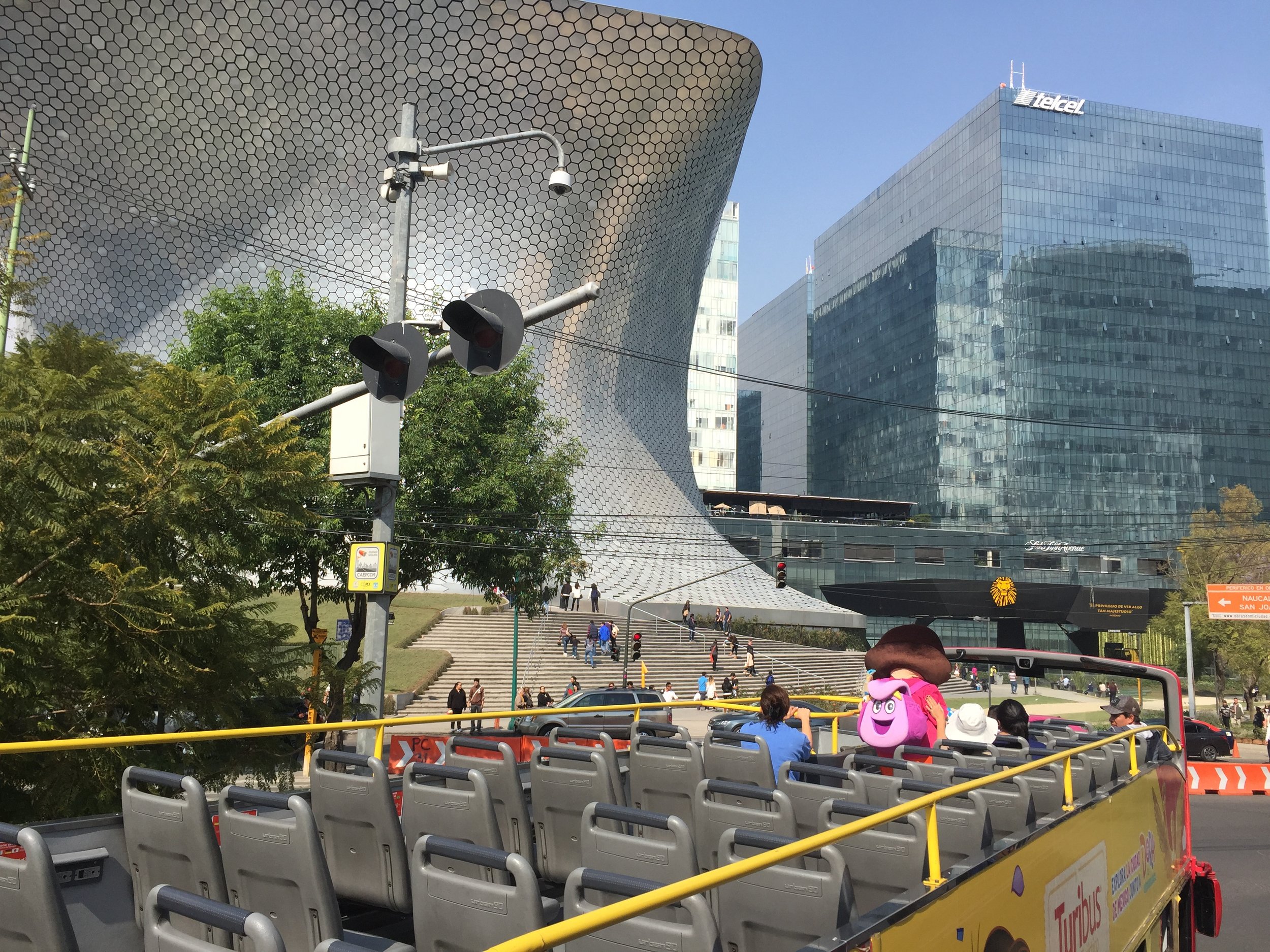
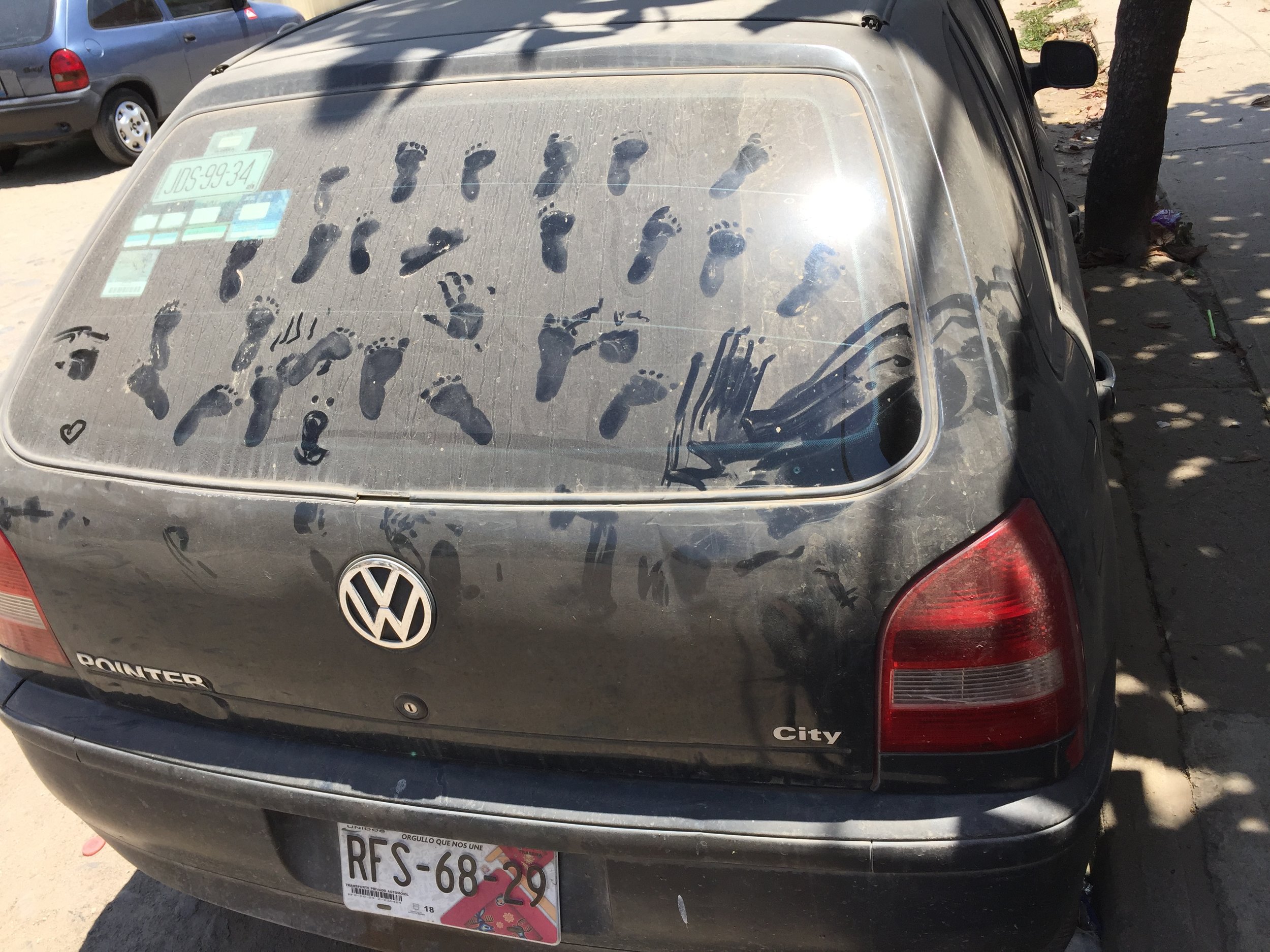
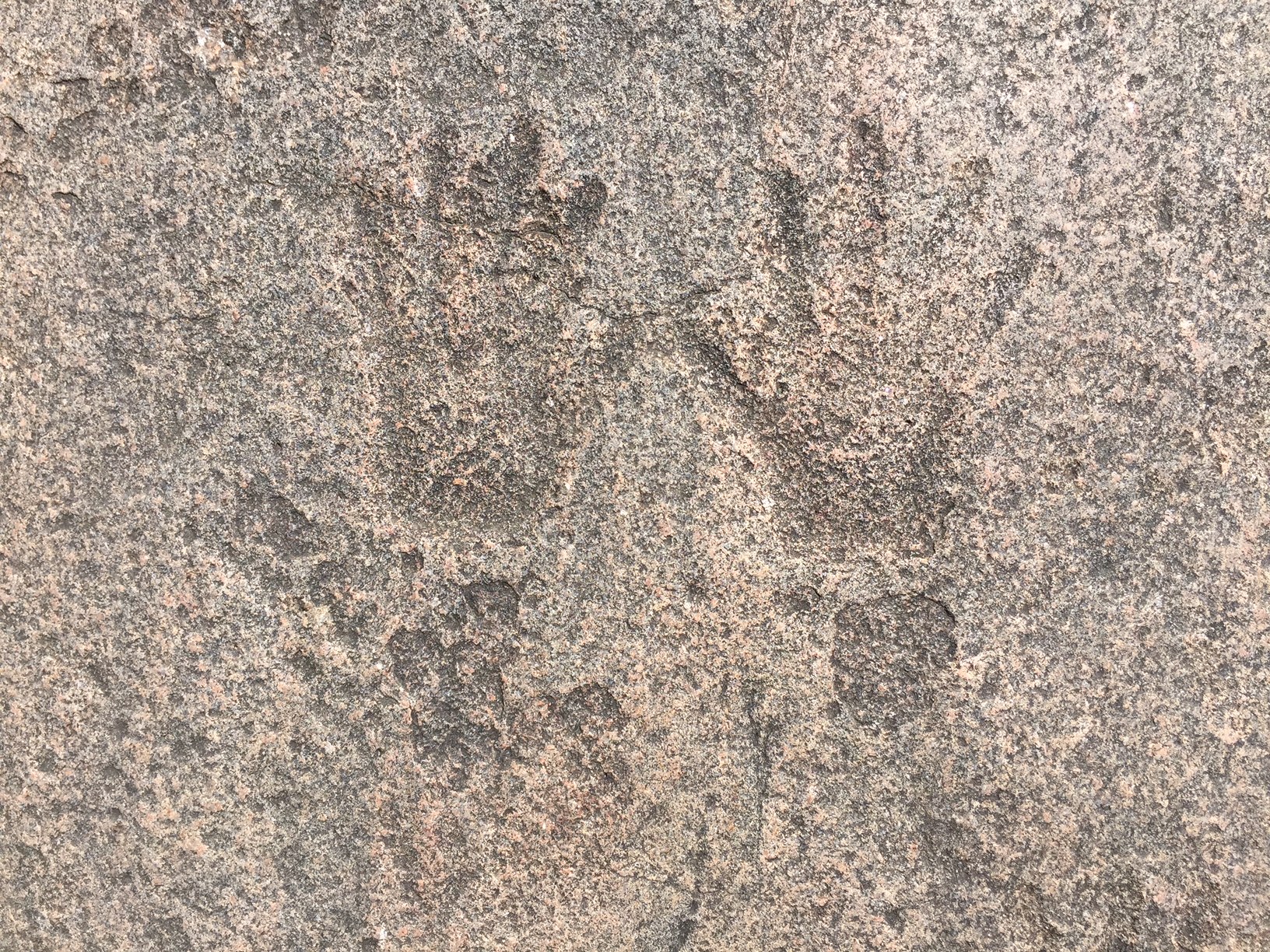
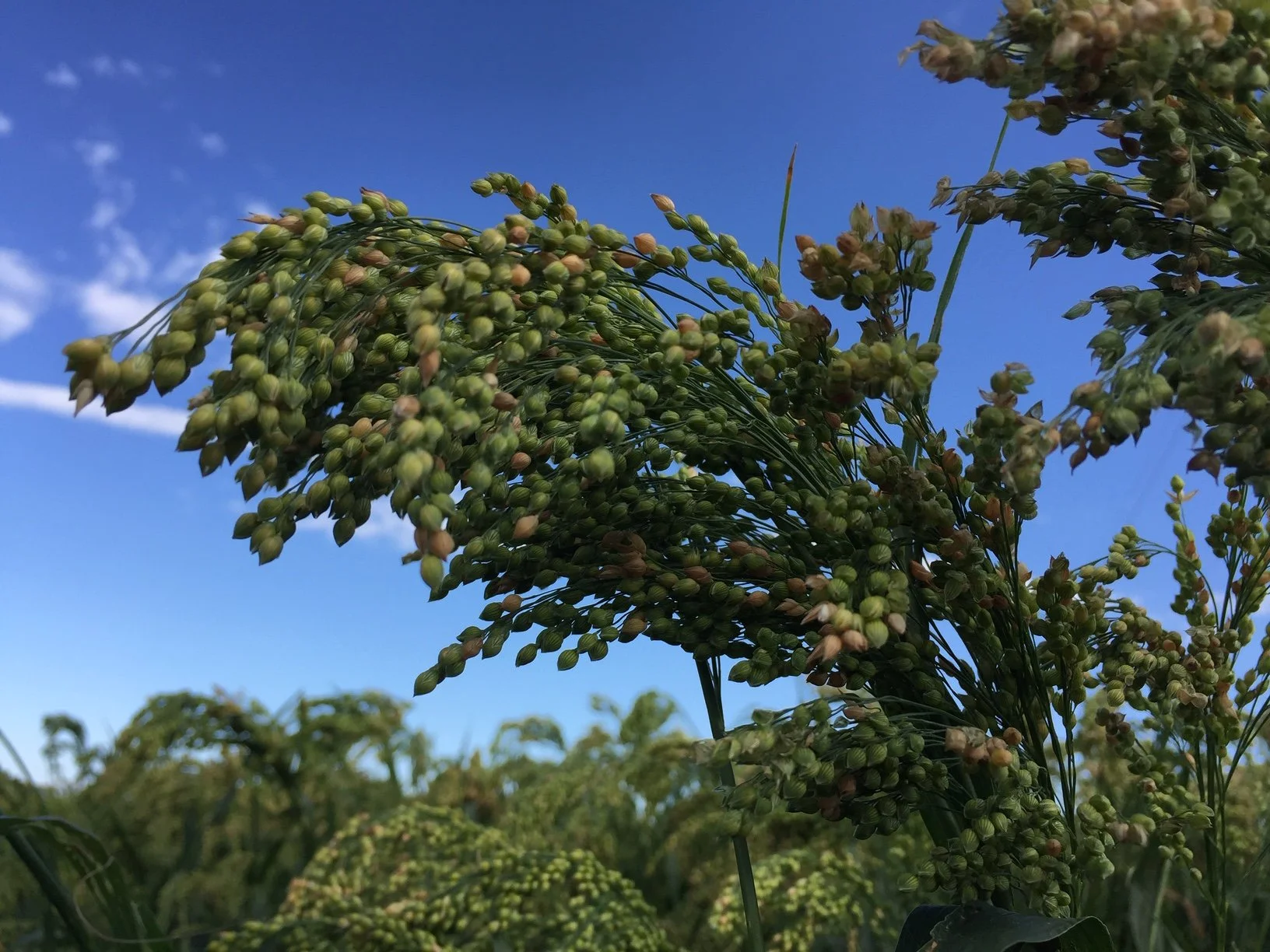

![Proso Millet Grain Standards [Autosaved].jpg](https://images.squarespace-cdn.com/content/v1/5989e91dbebafb782fb80eb4/1742241929372-7EY1EAM84MZVTCZITDG5/Proso+Millet+Grain+Standards+%5BAutosaved%5D.jpg)
